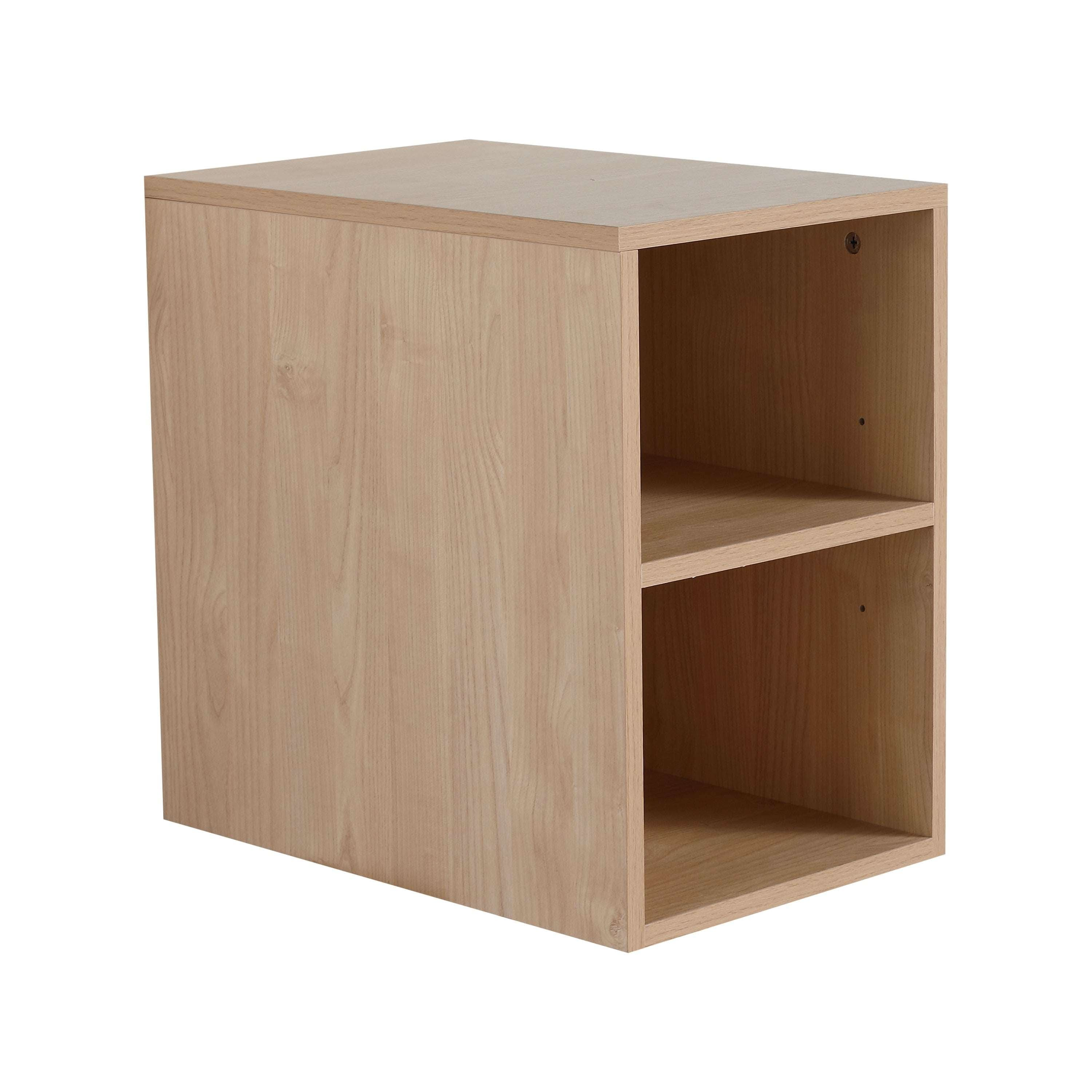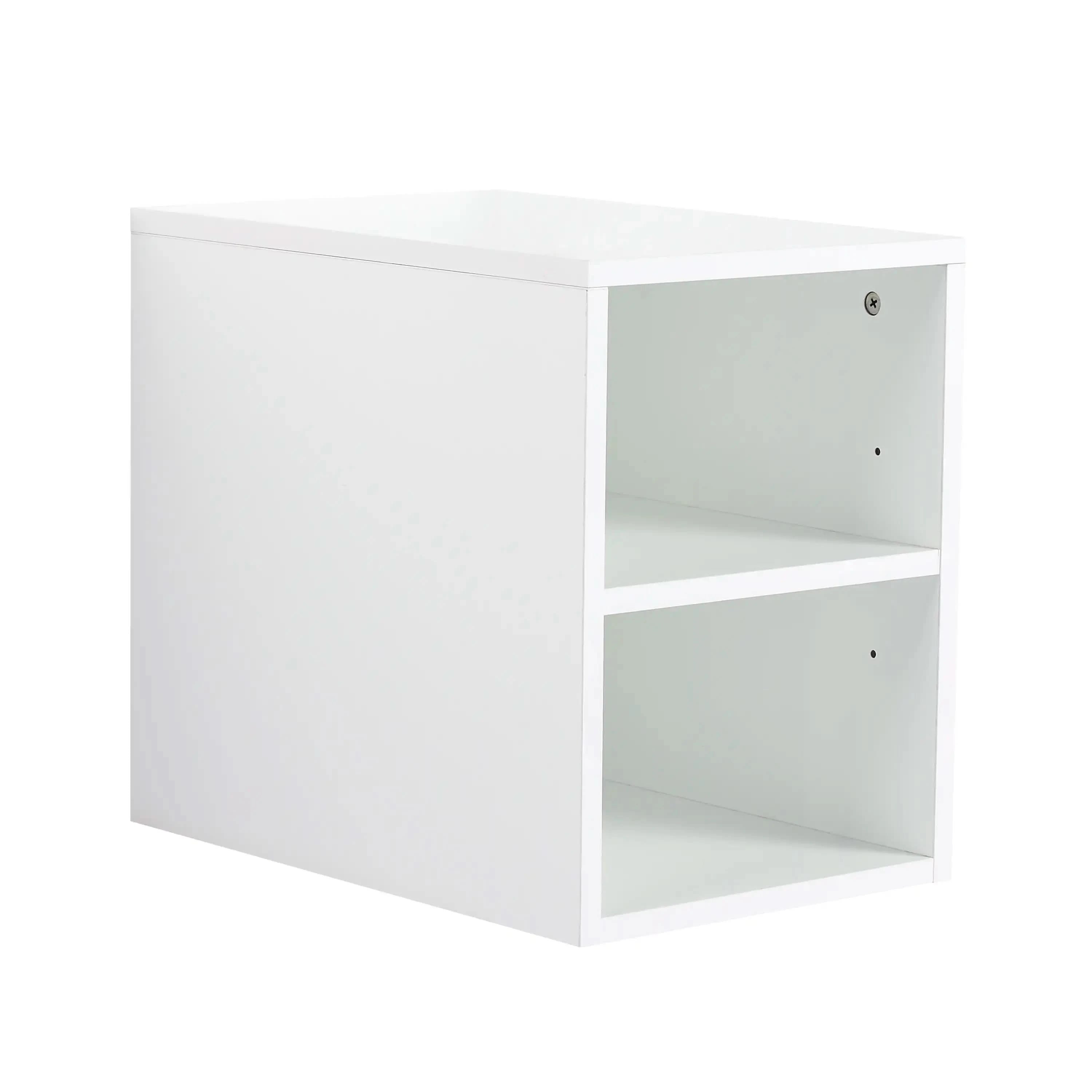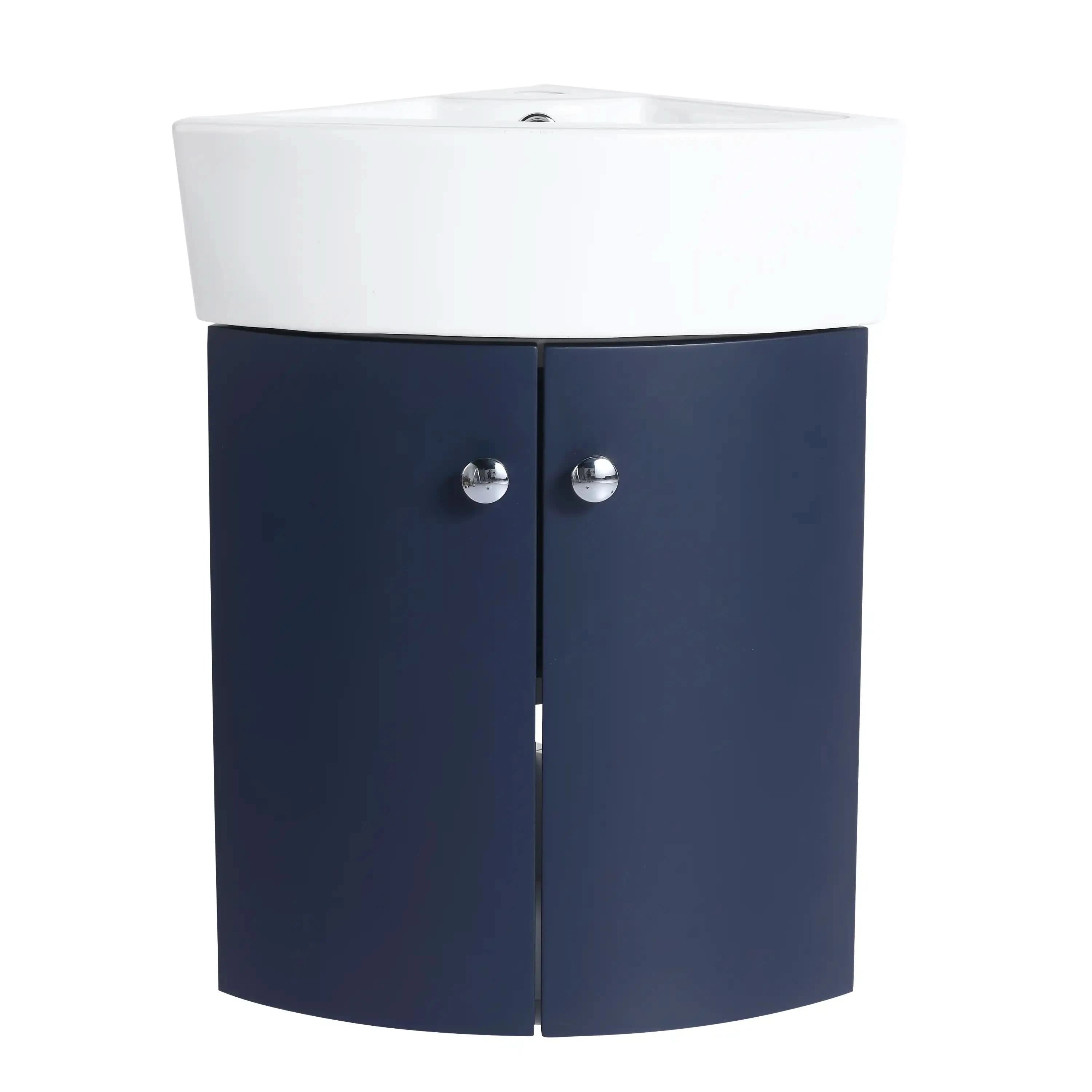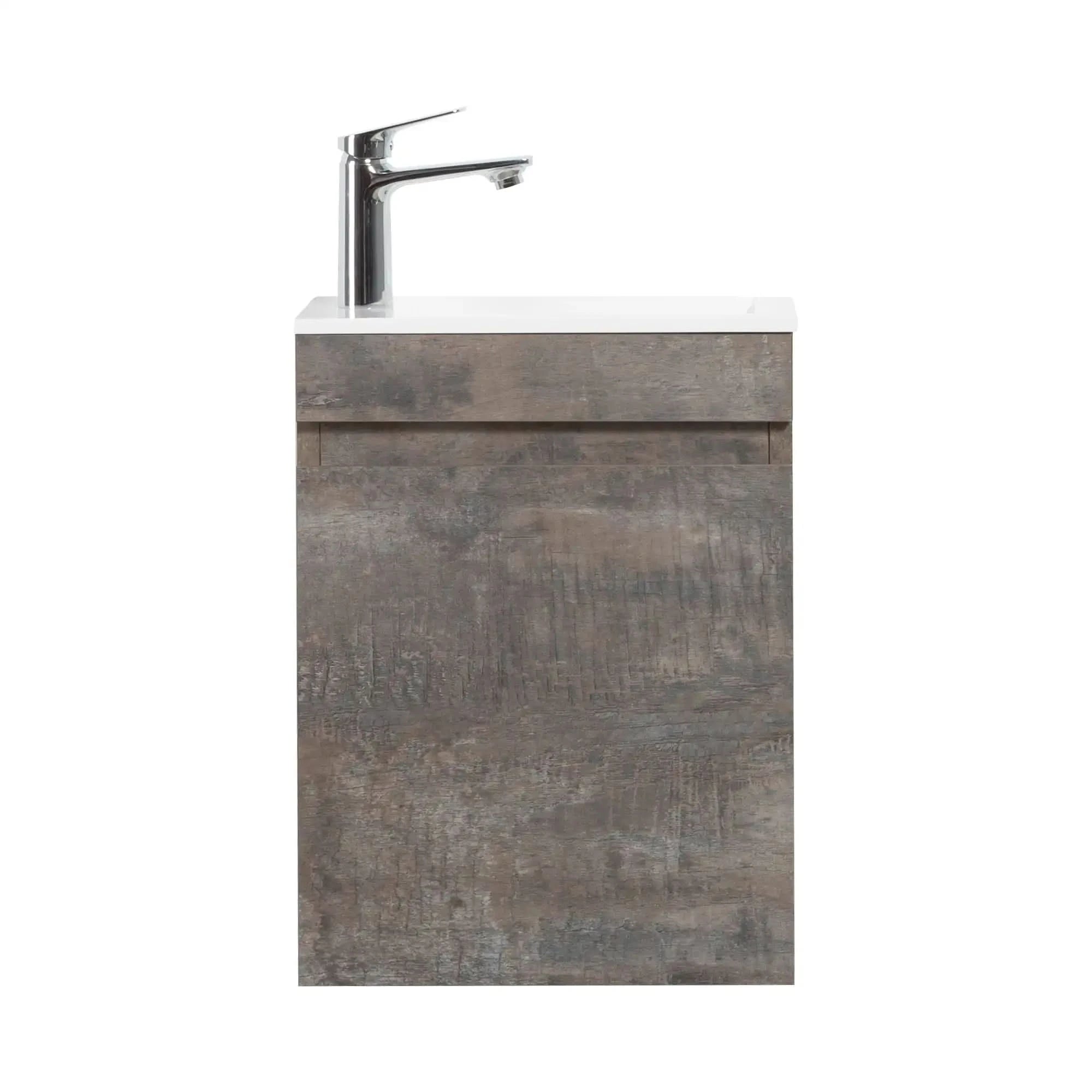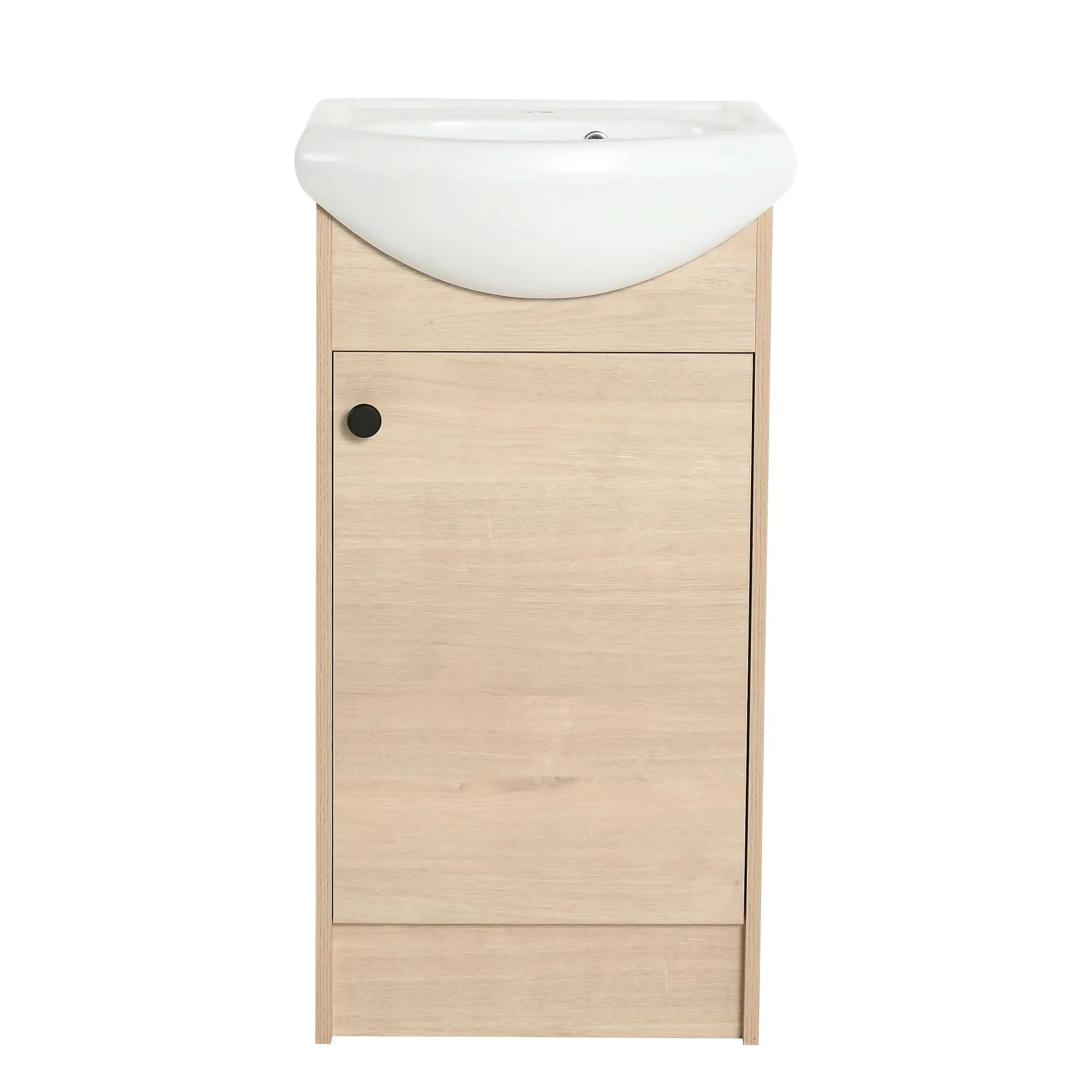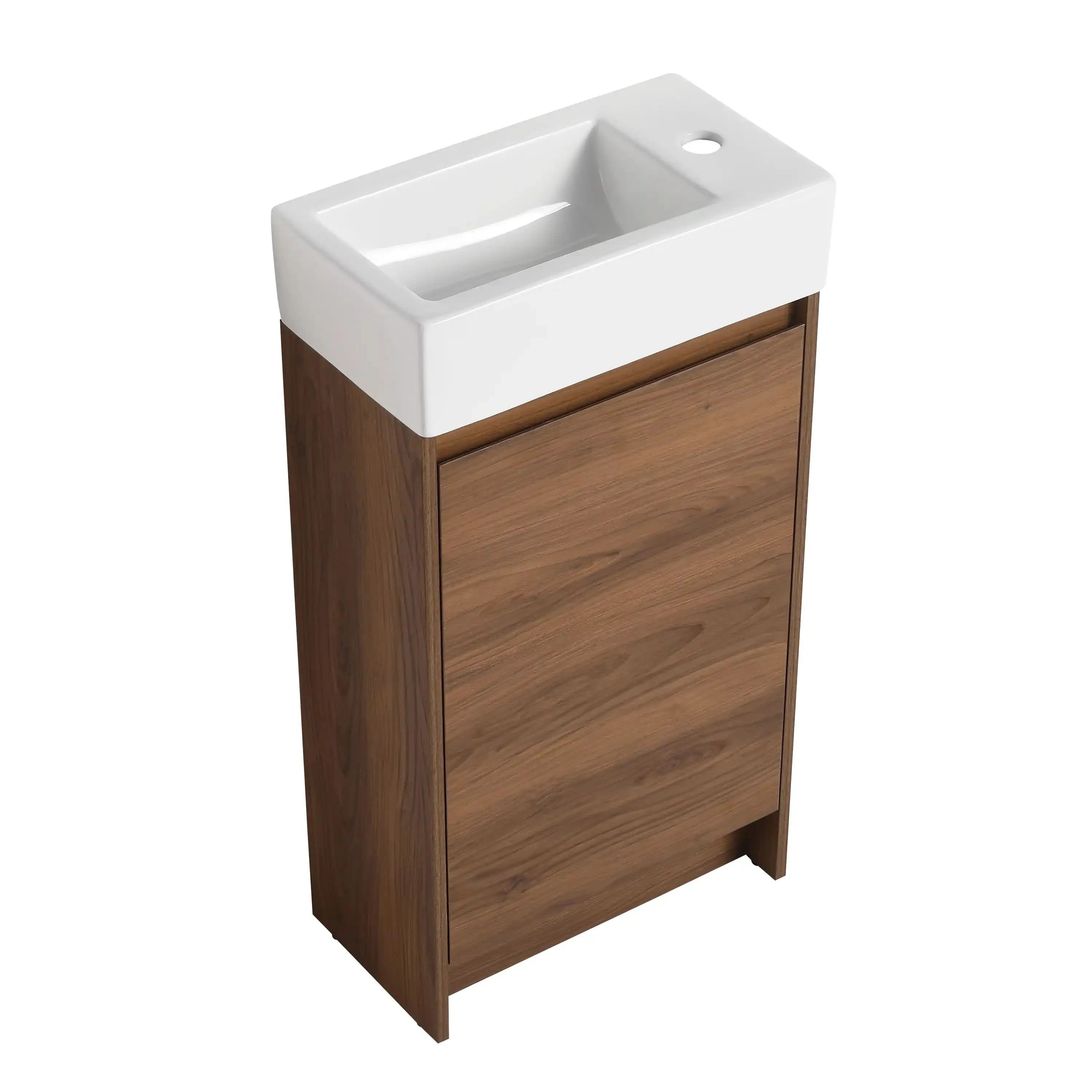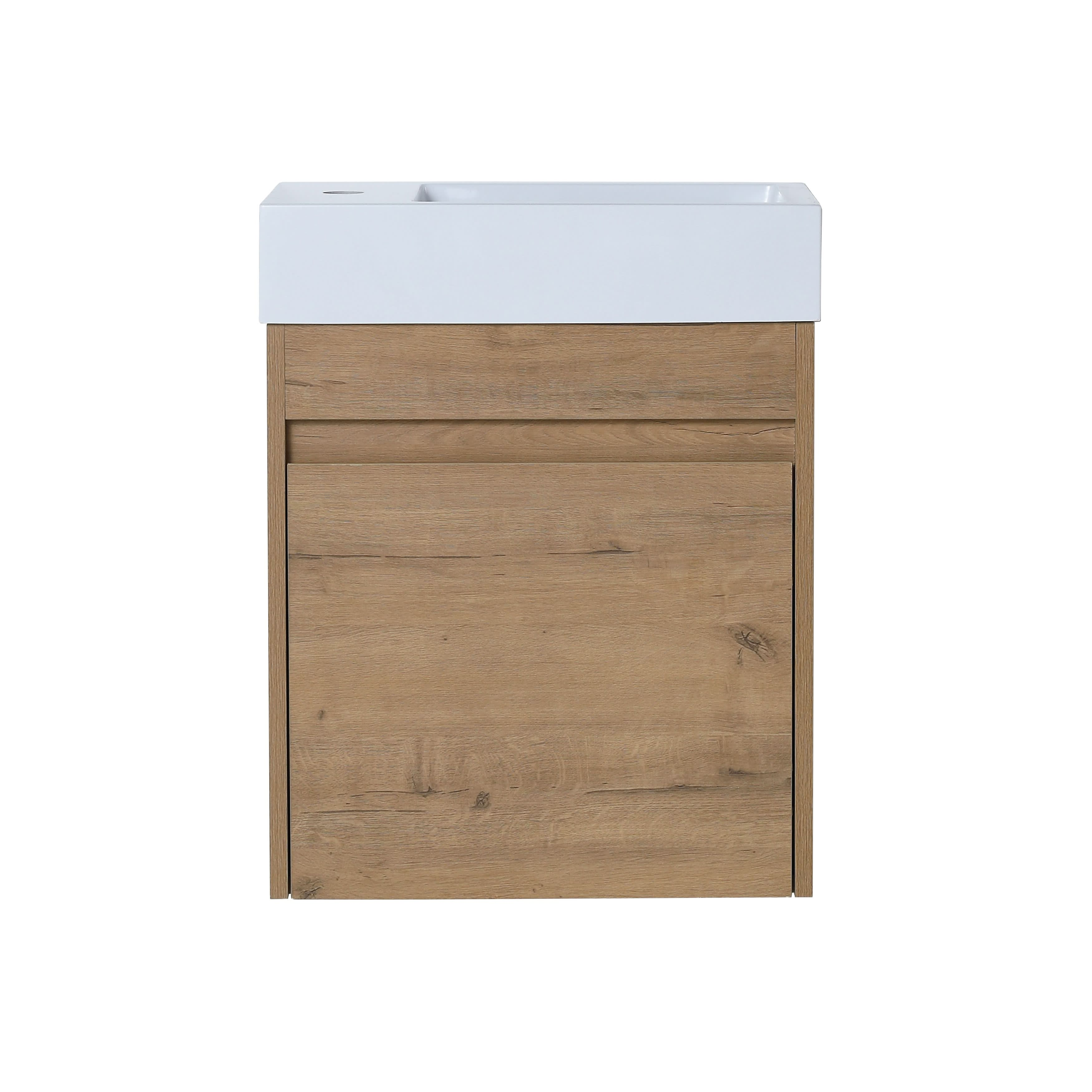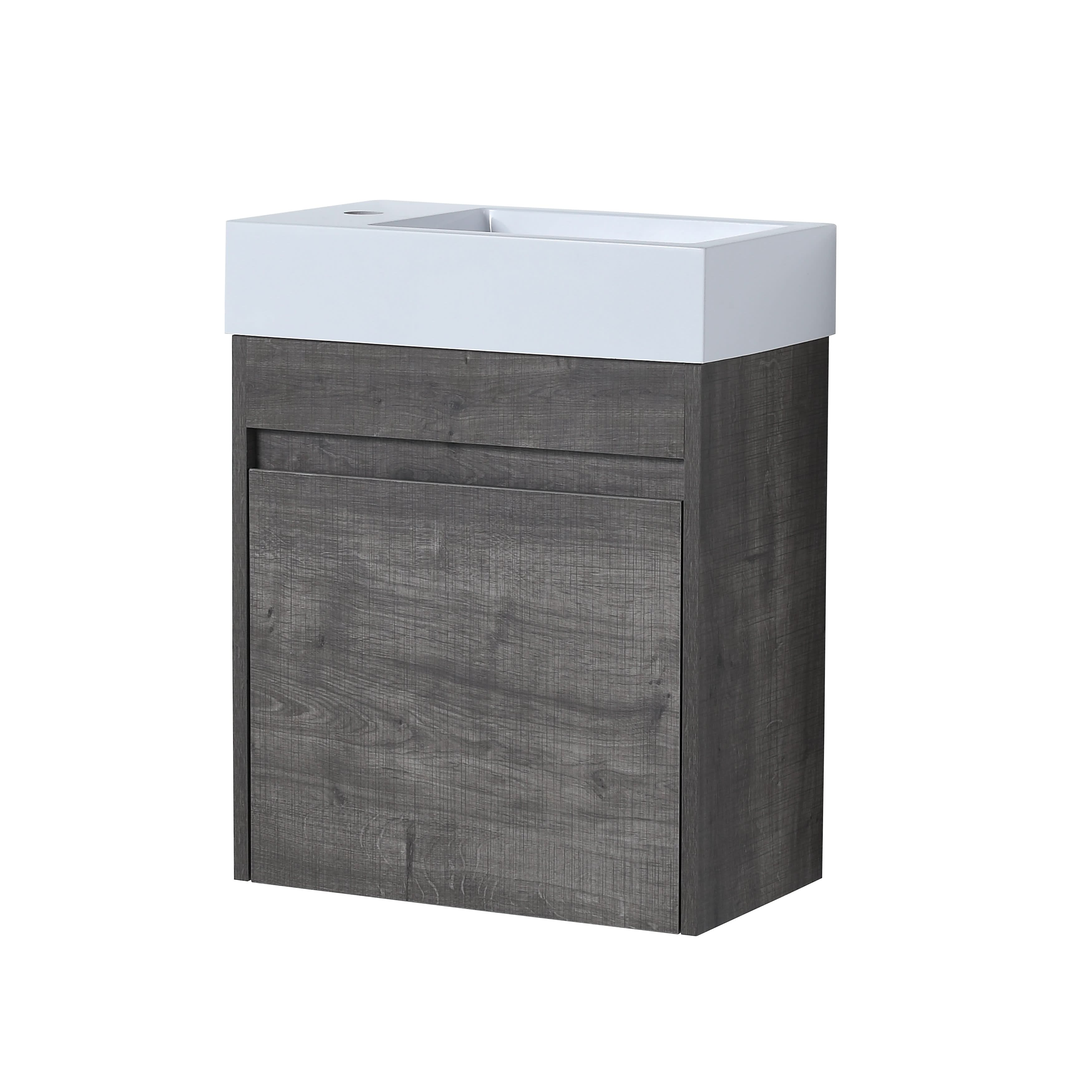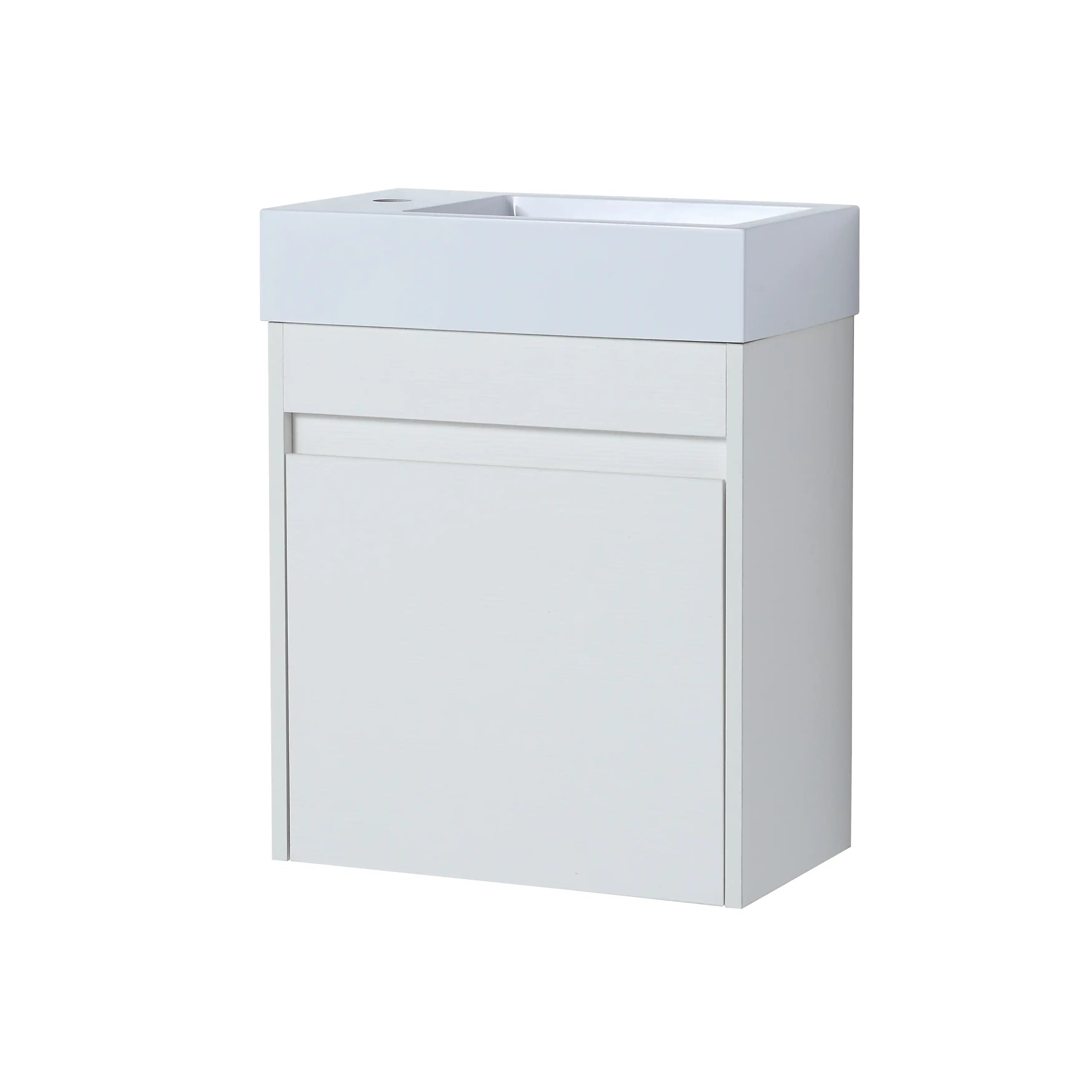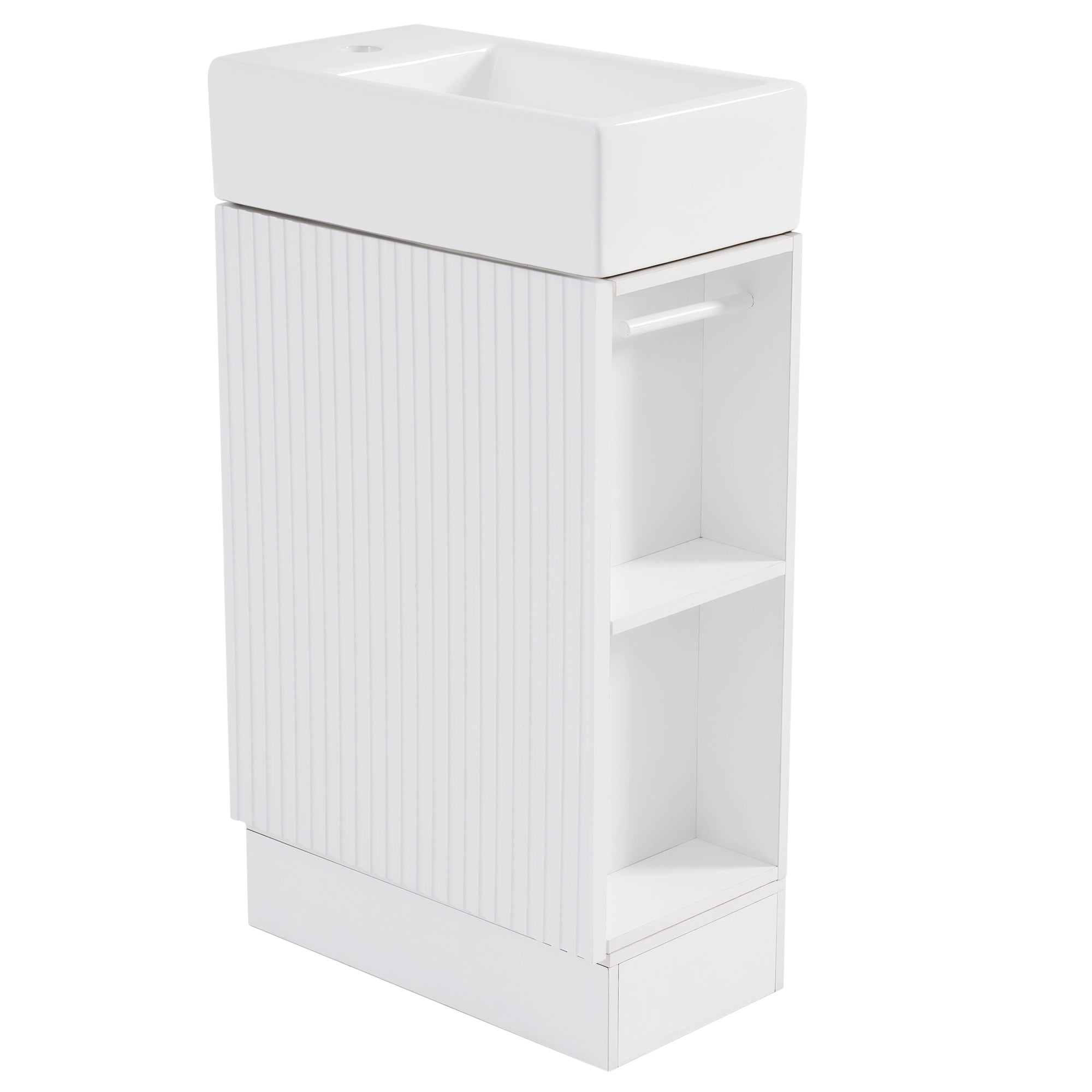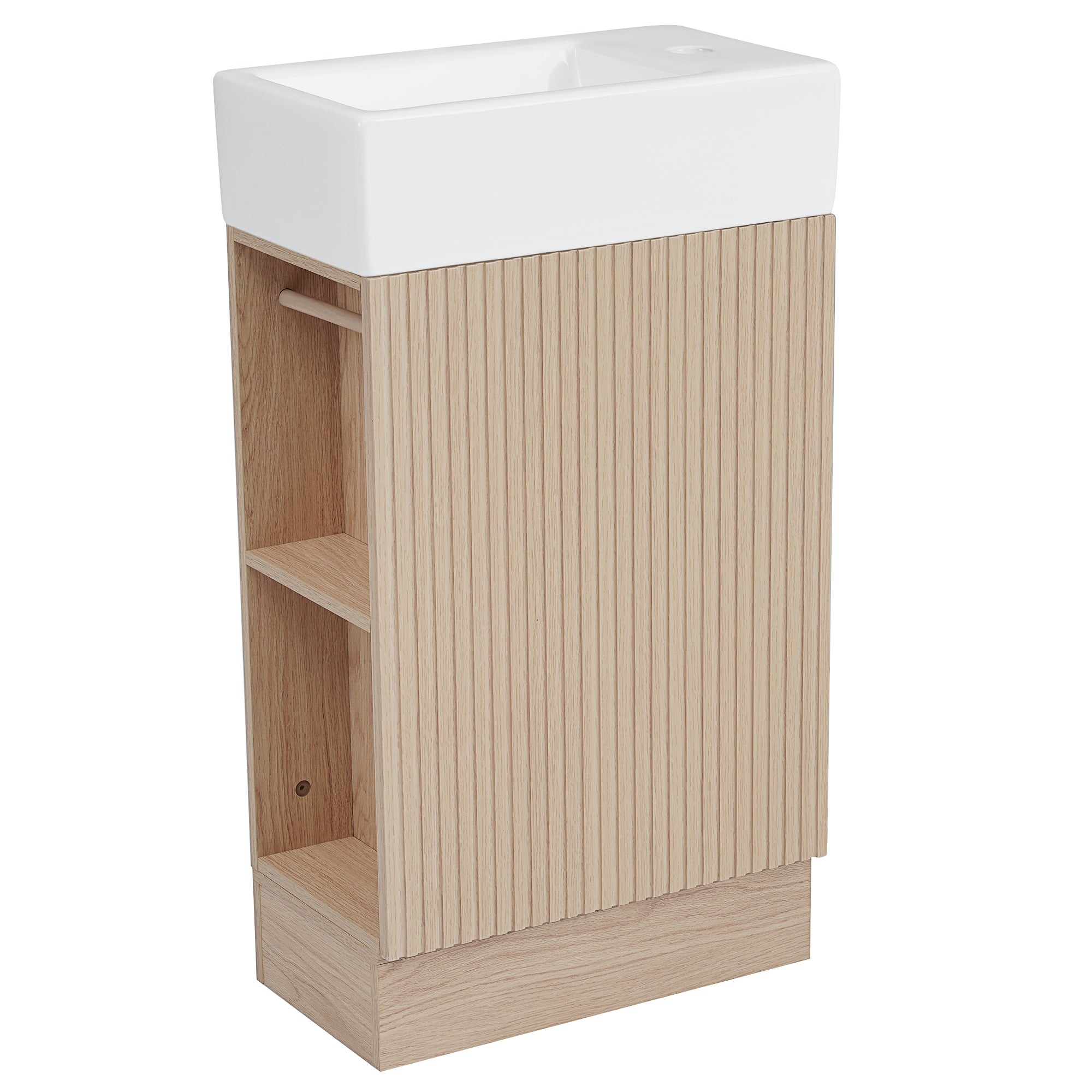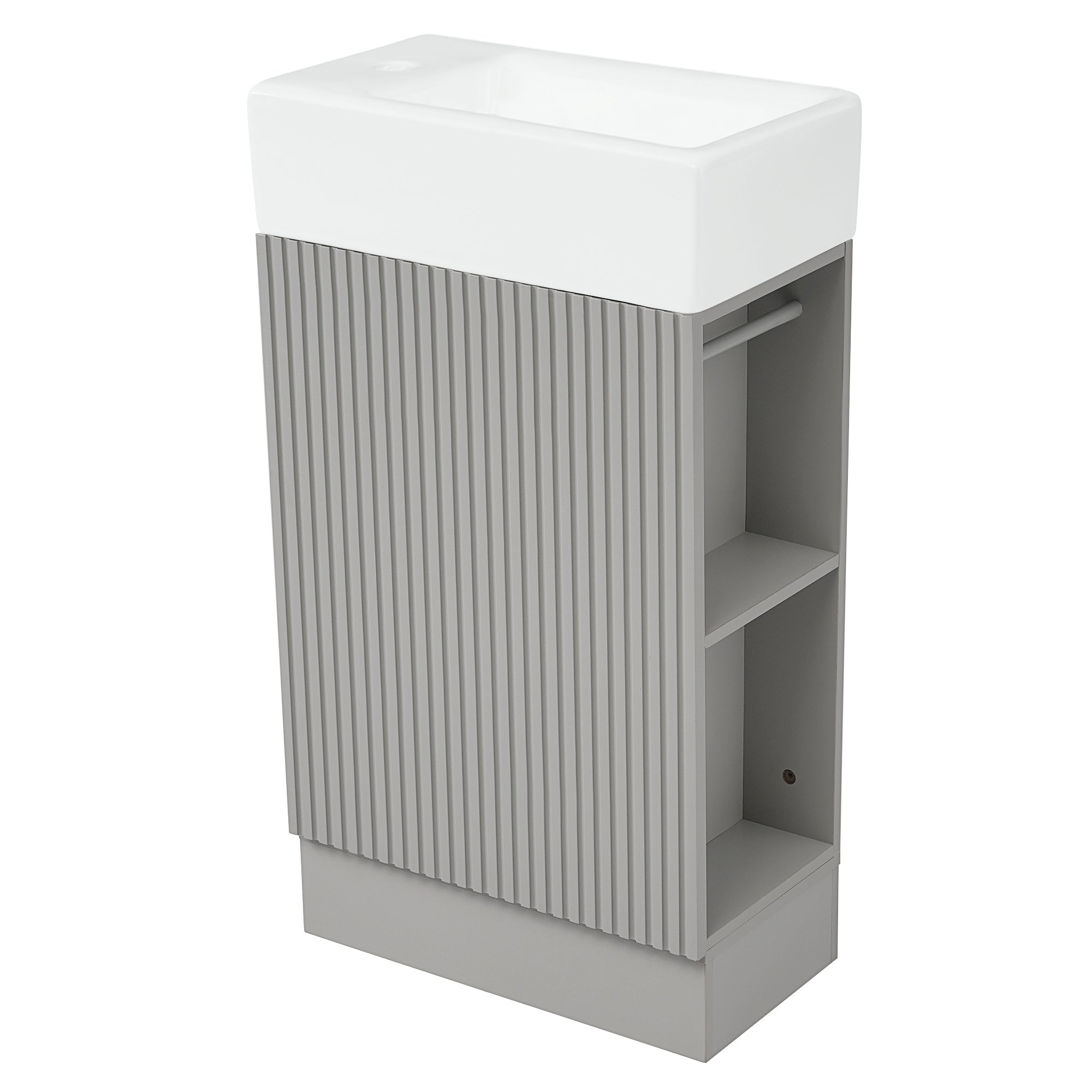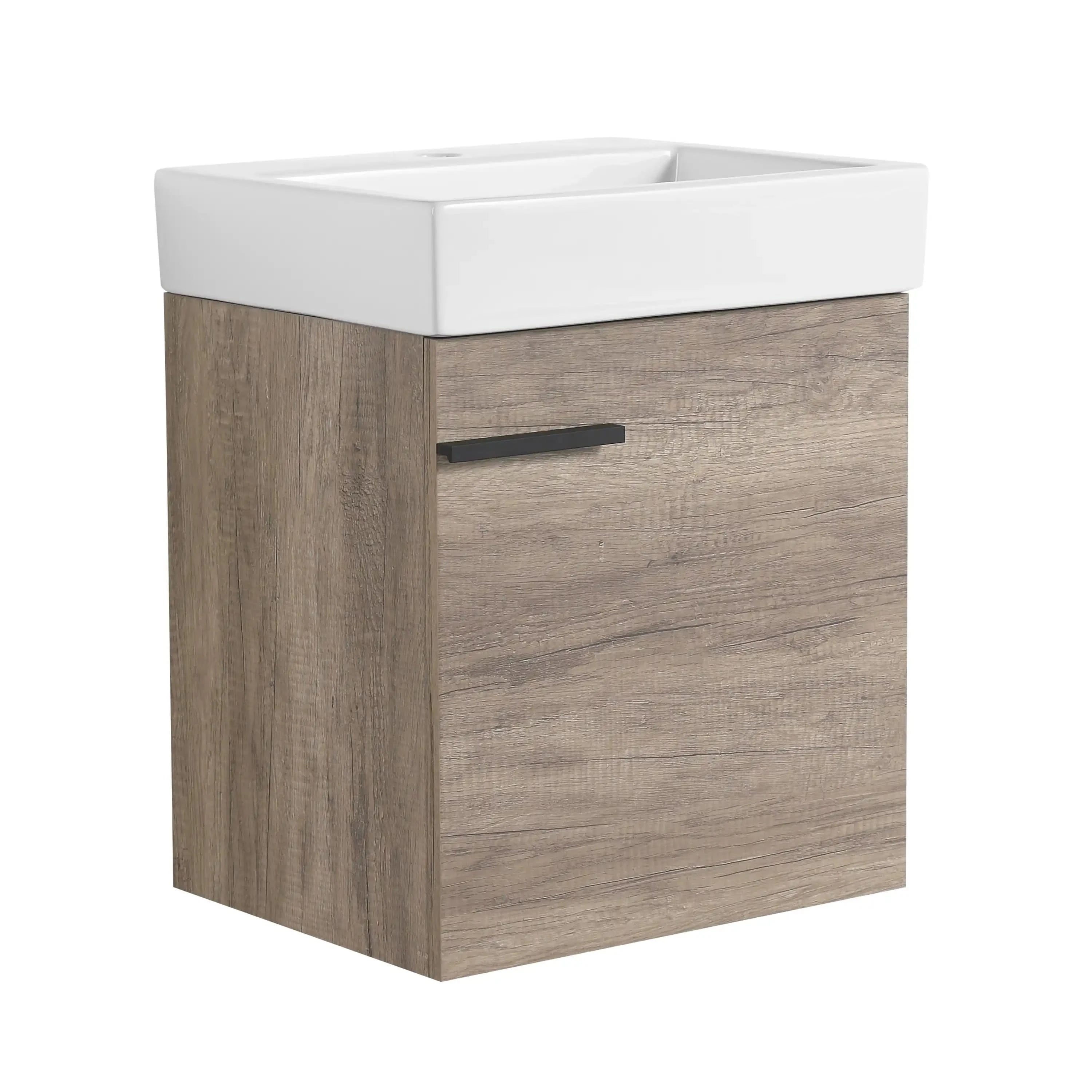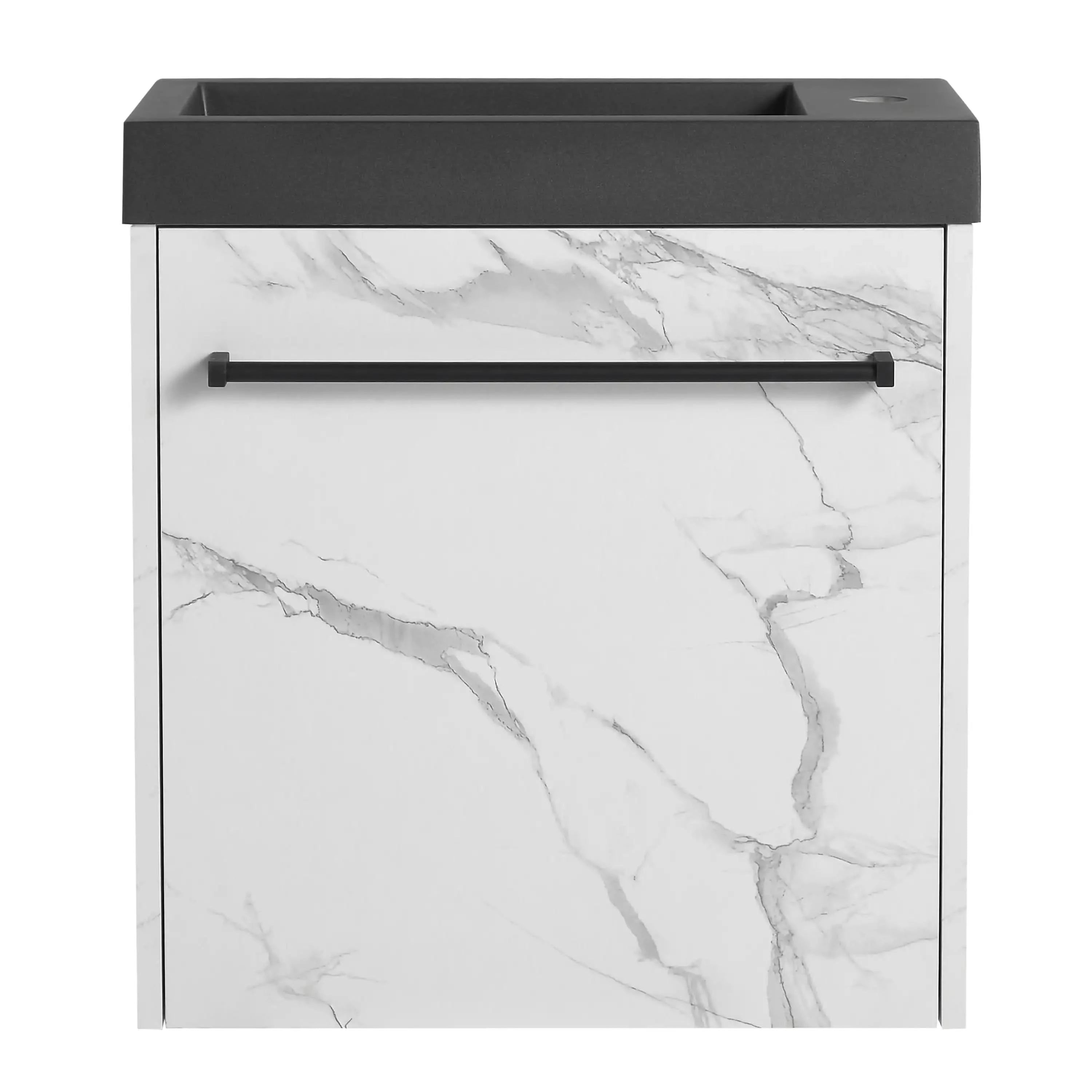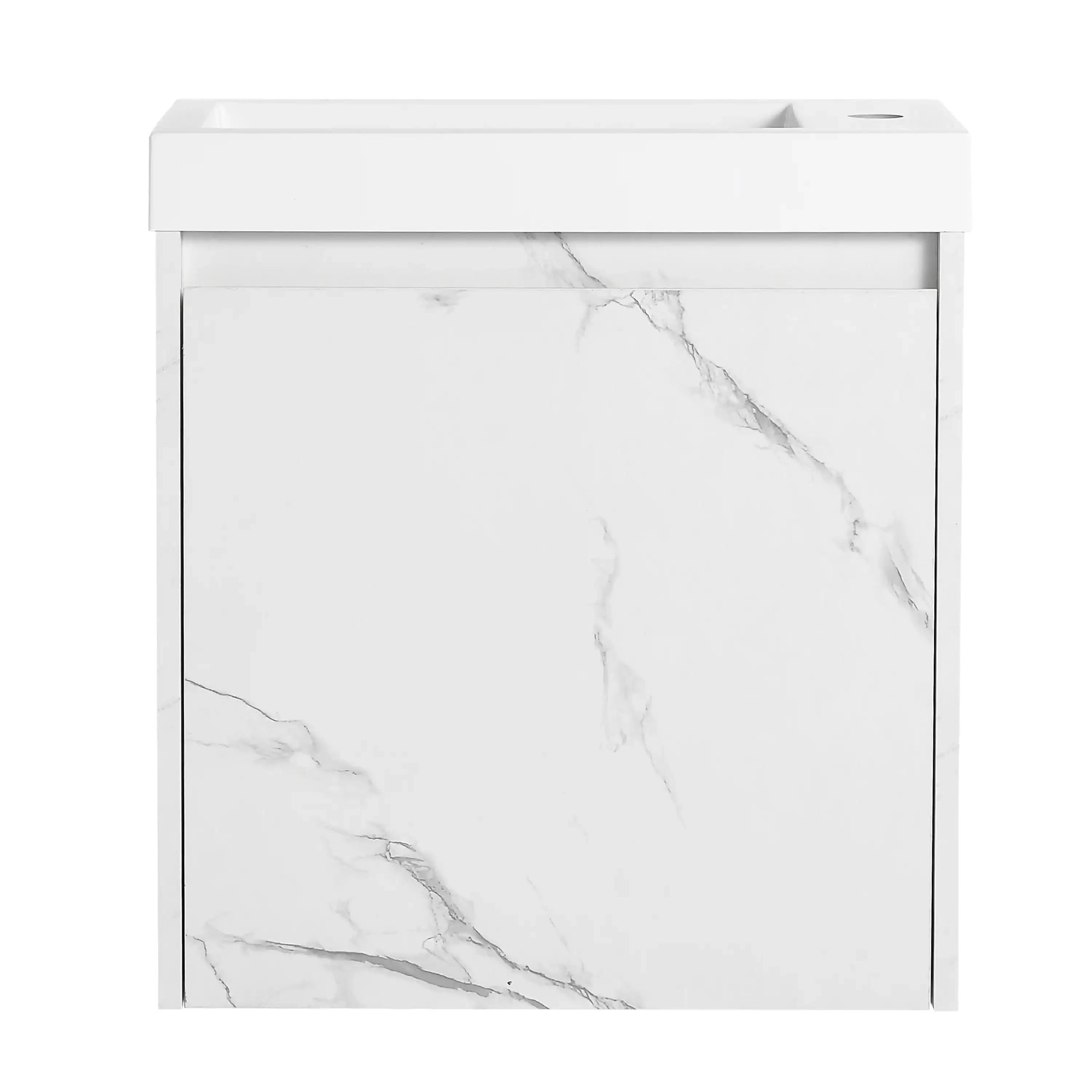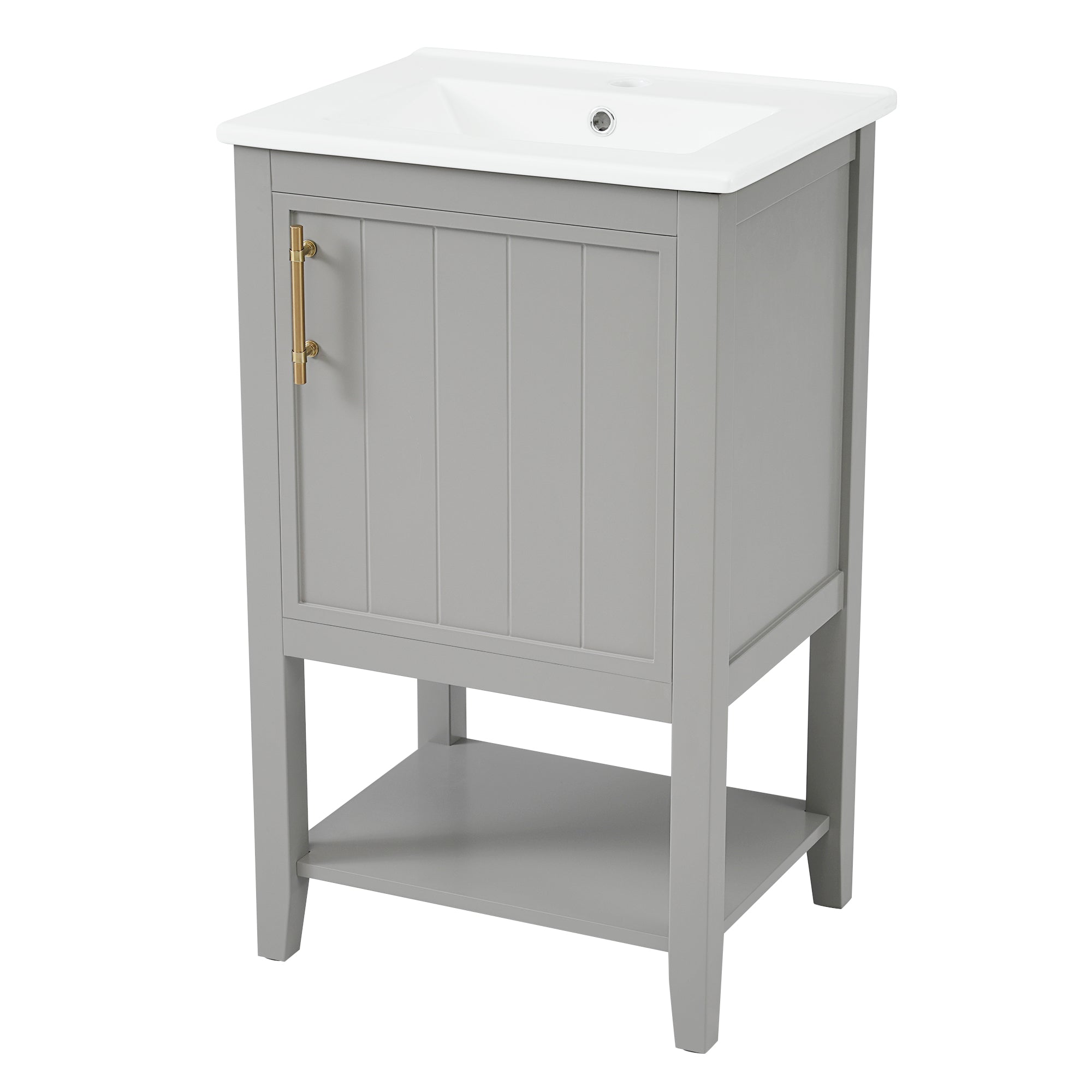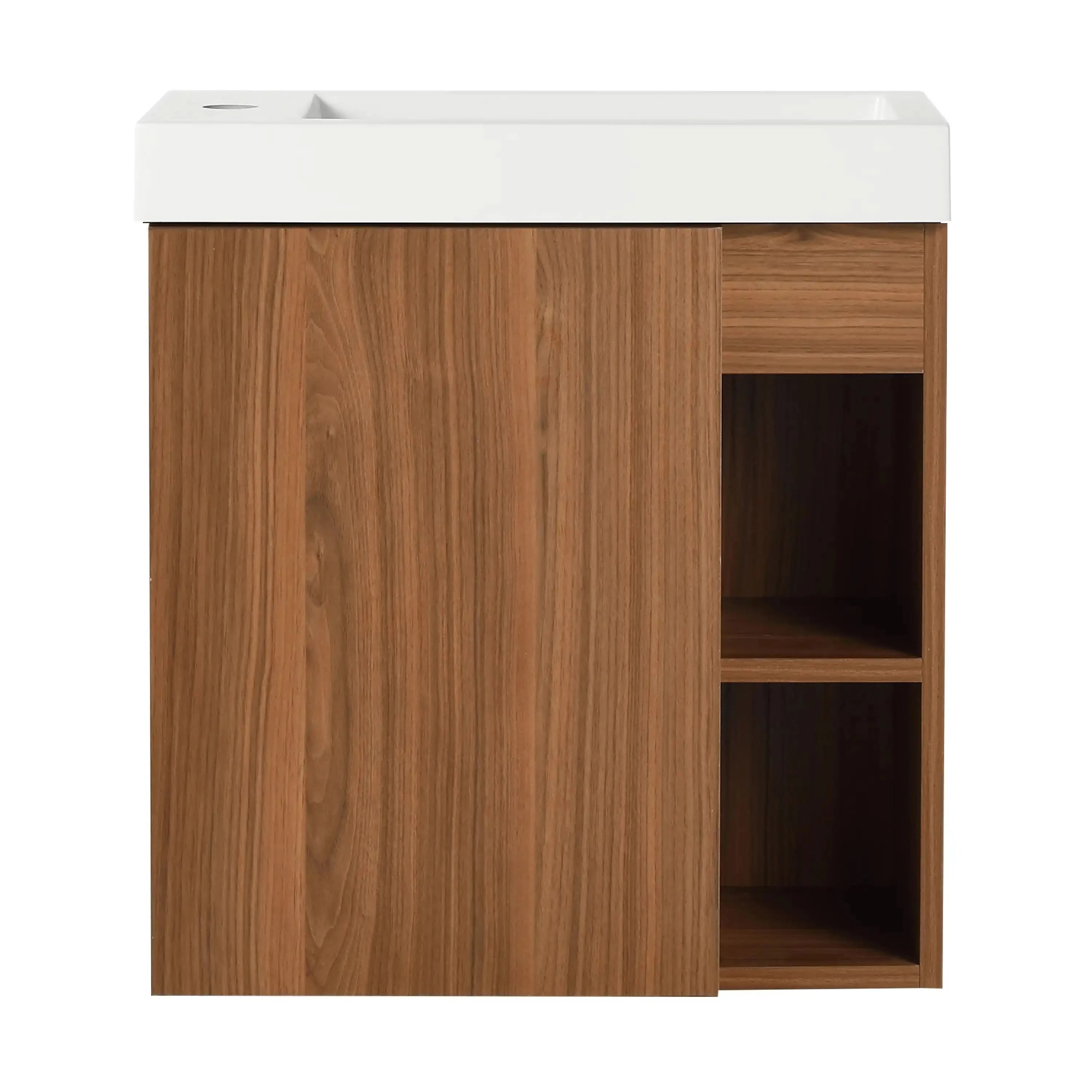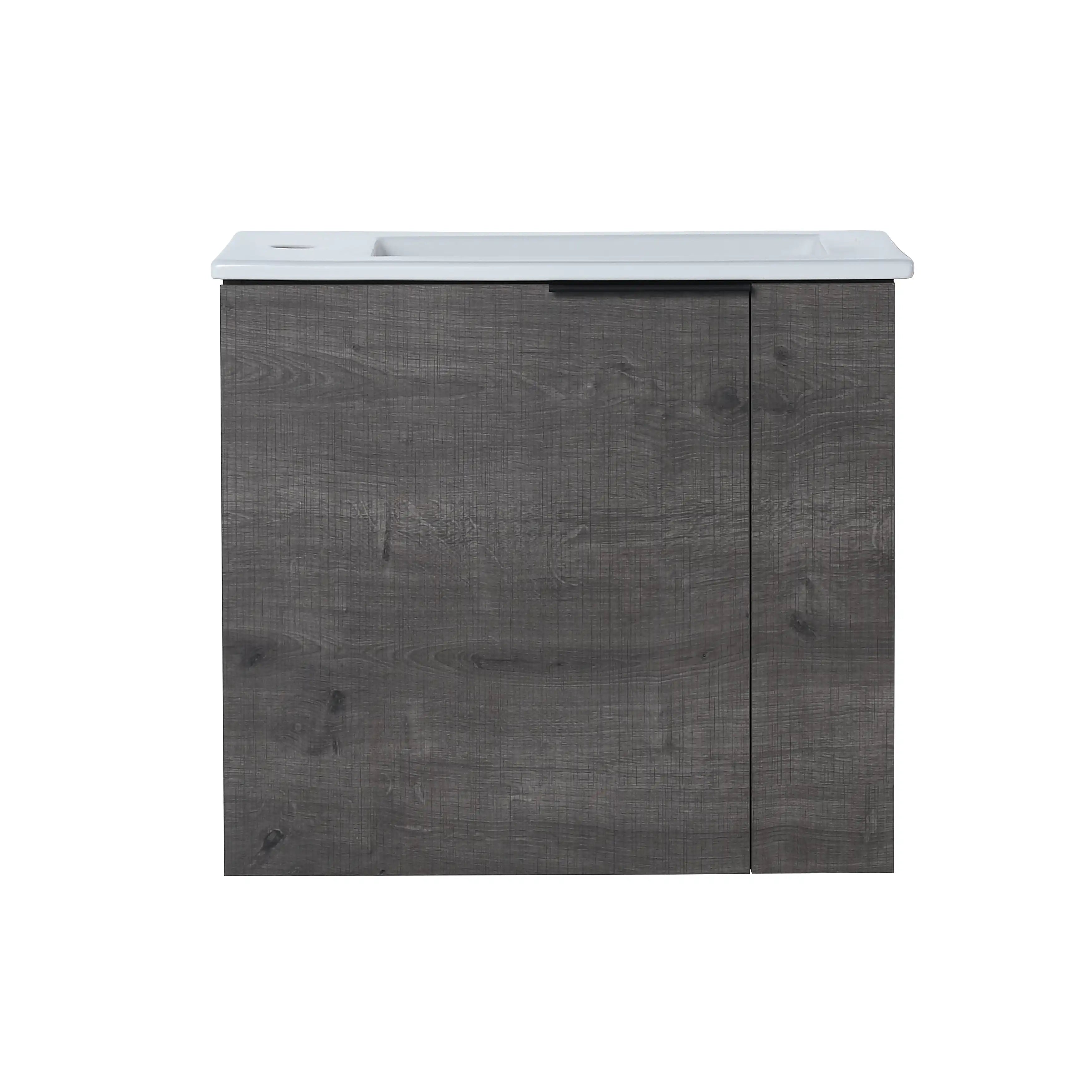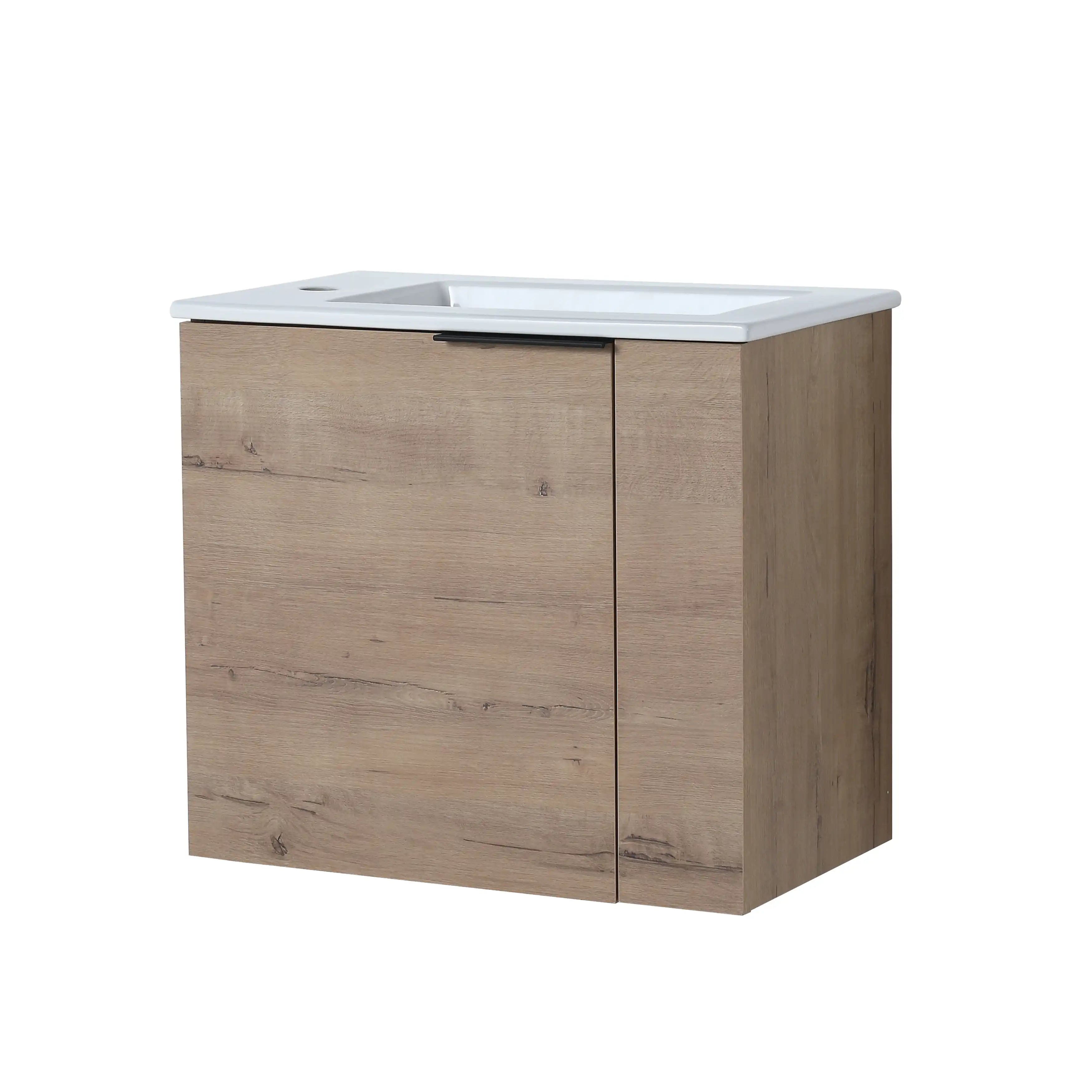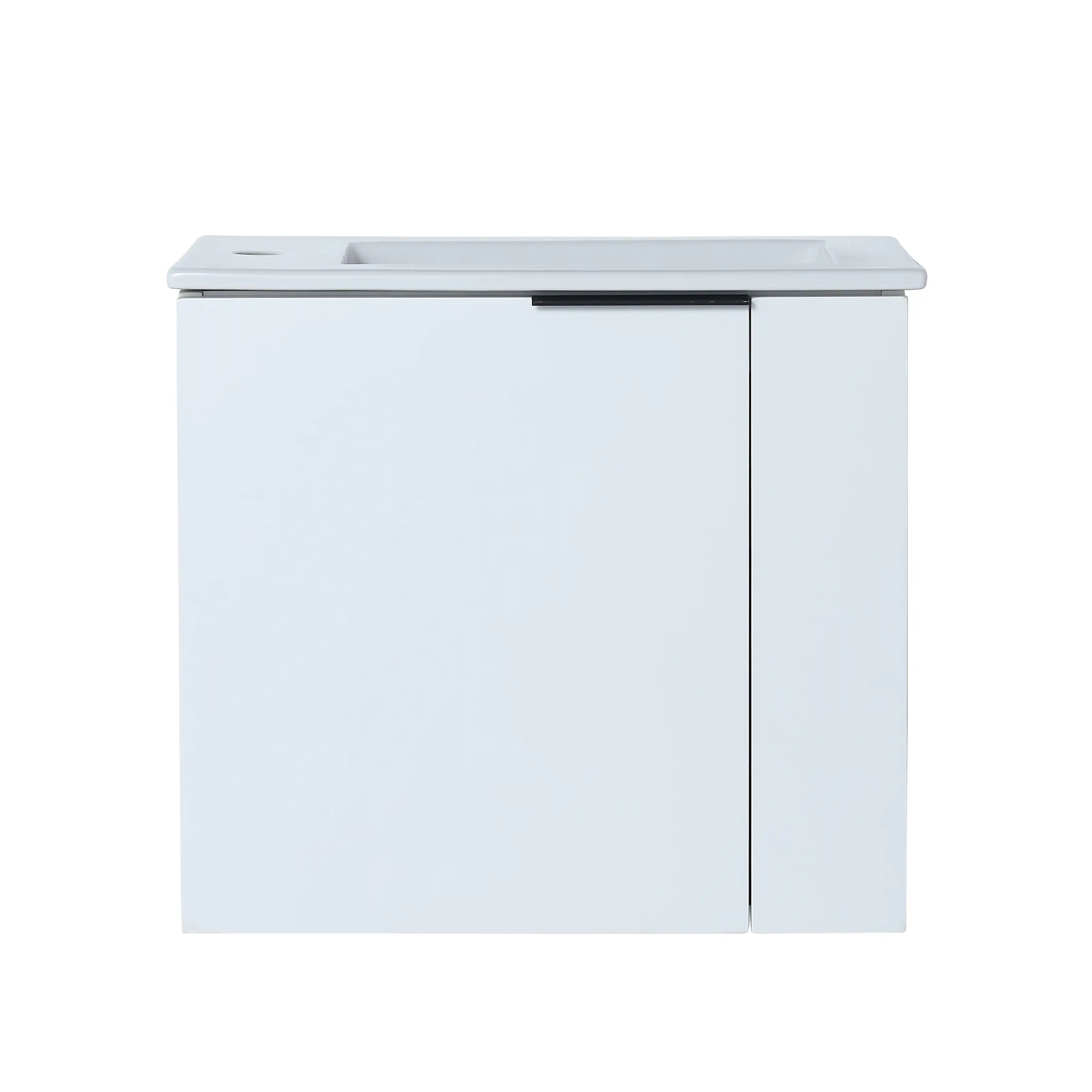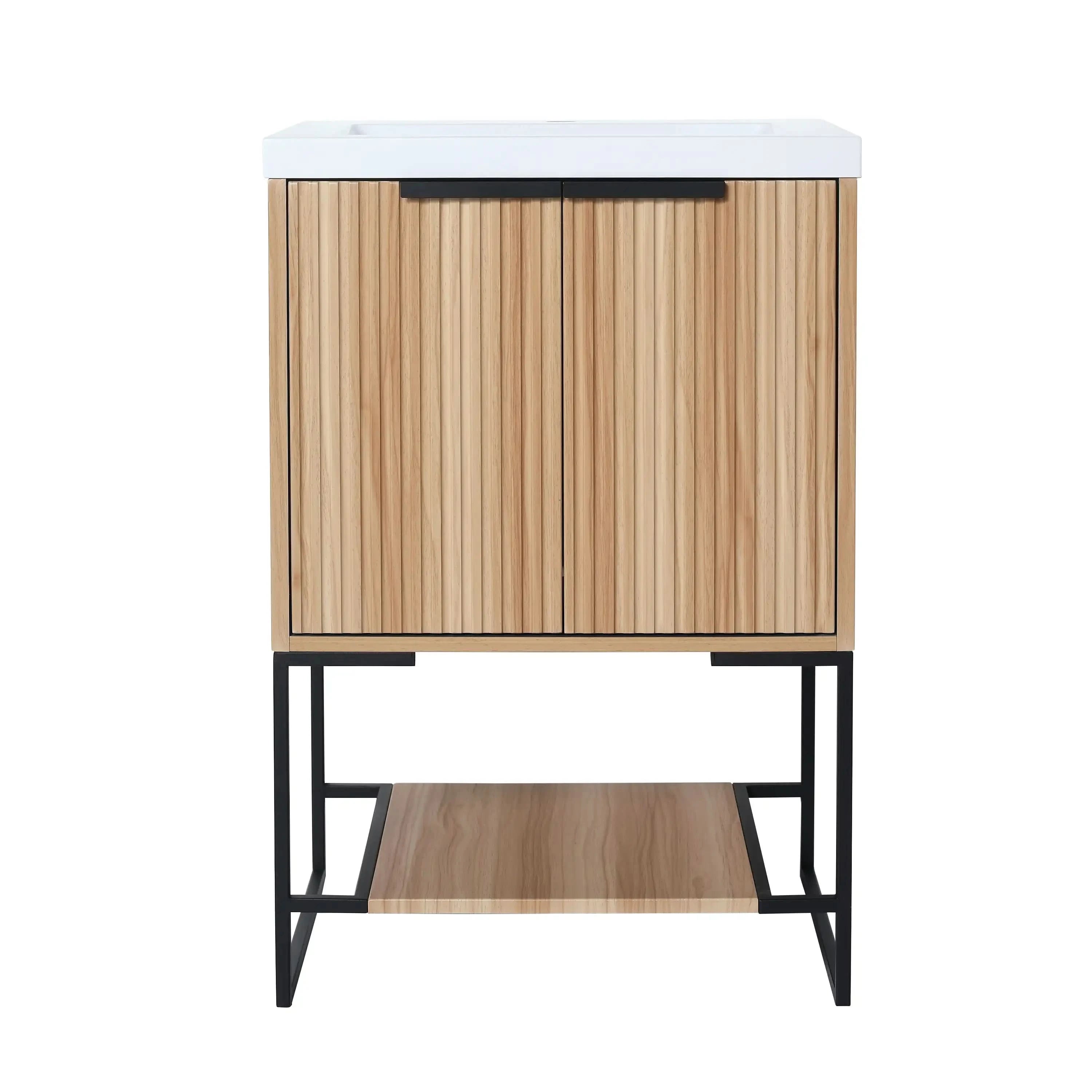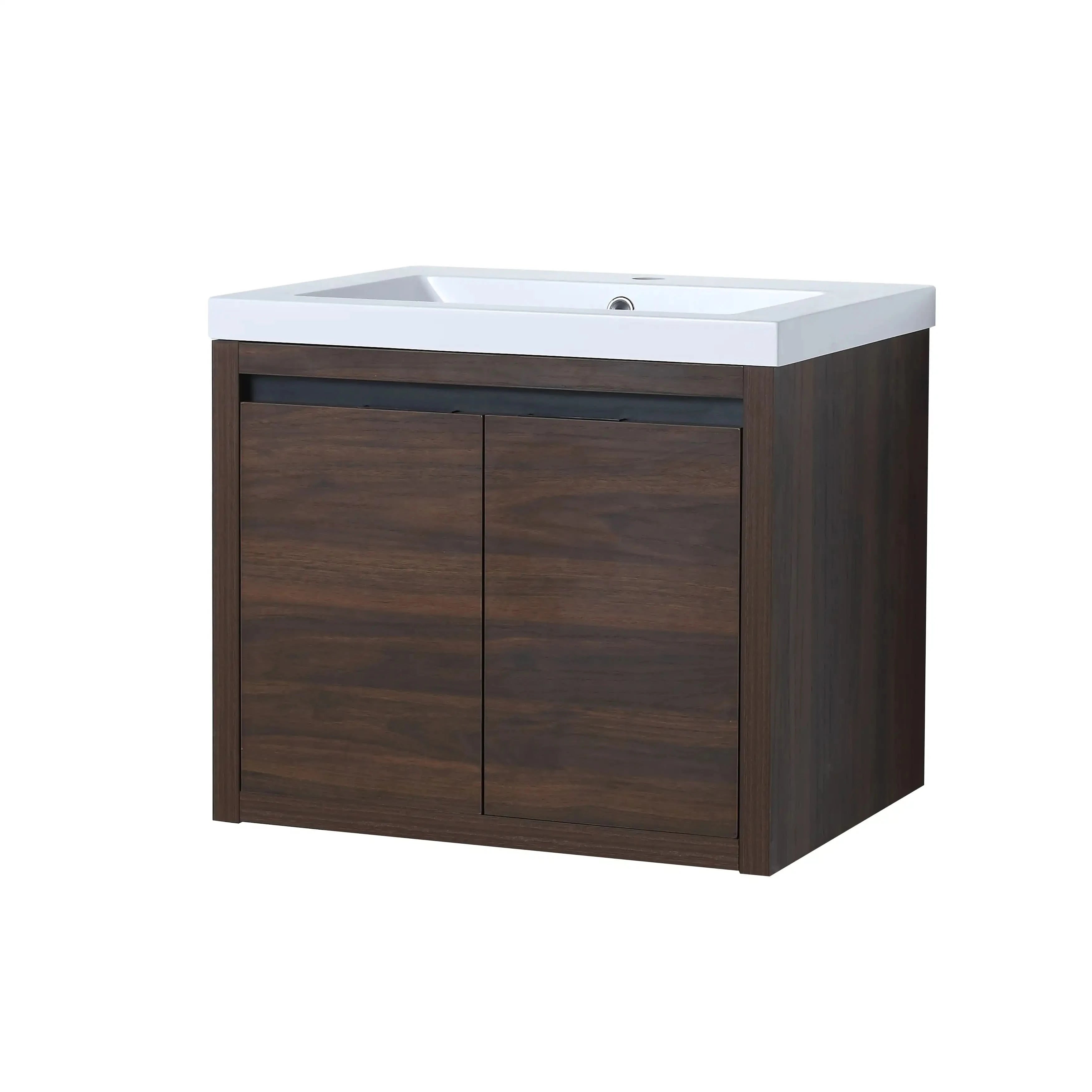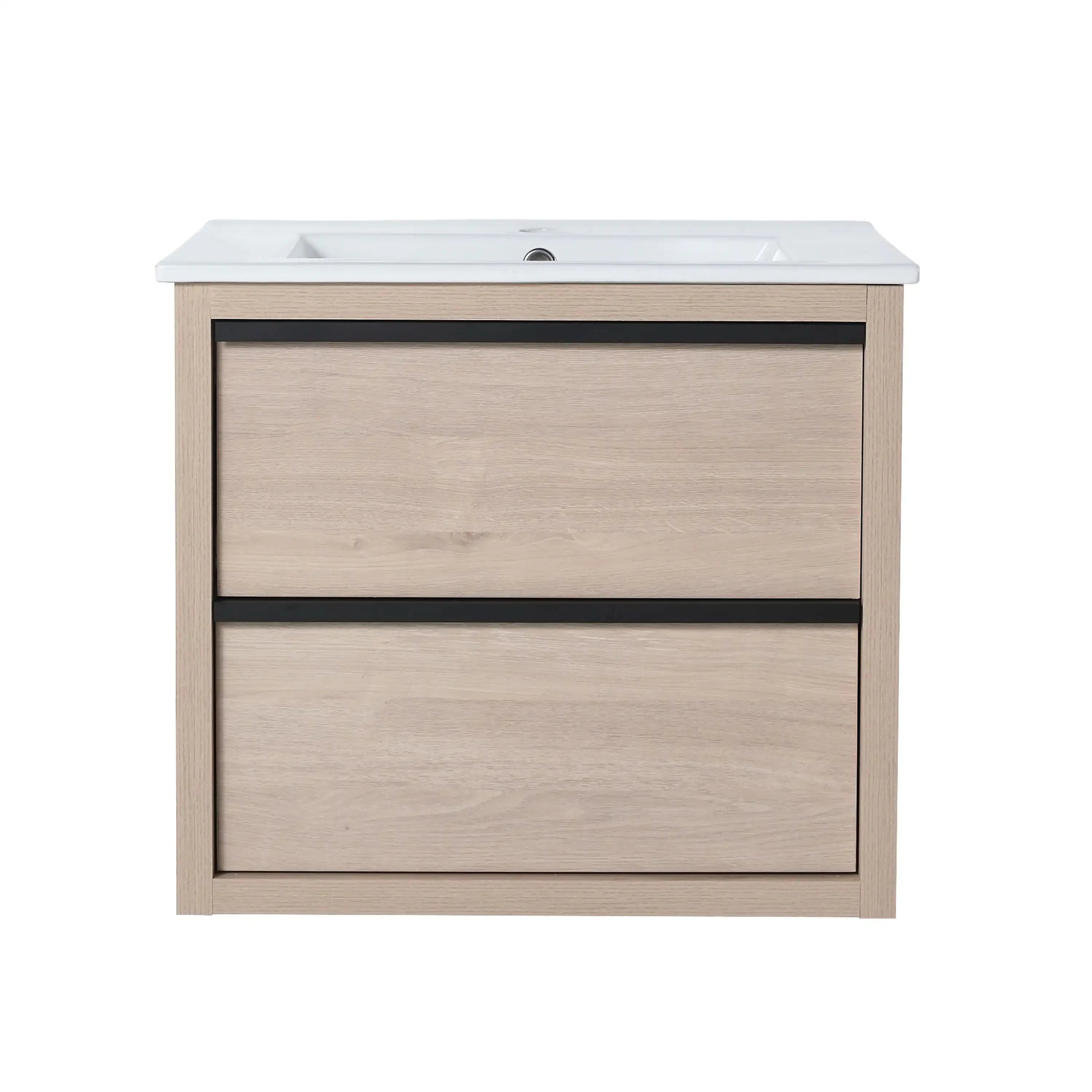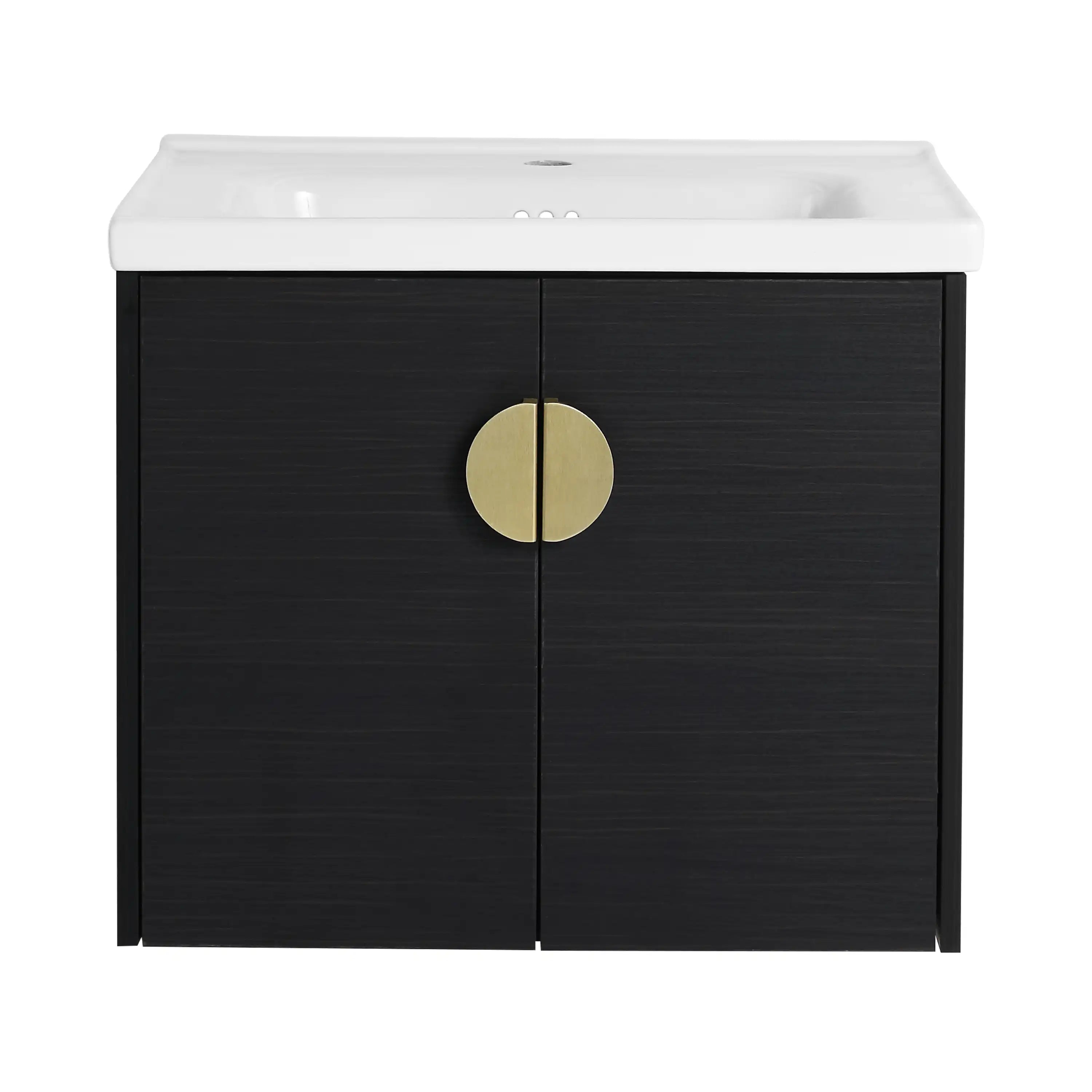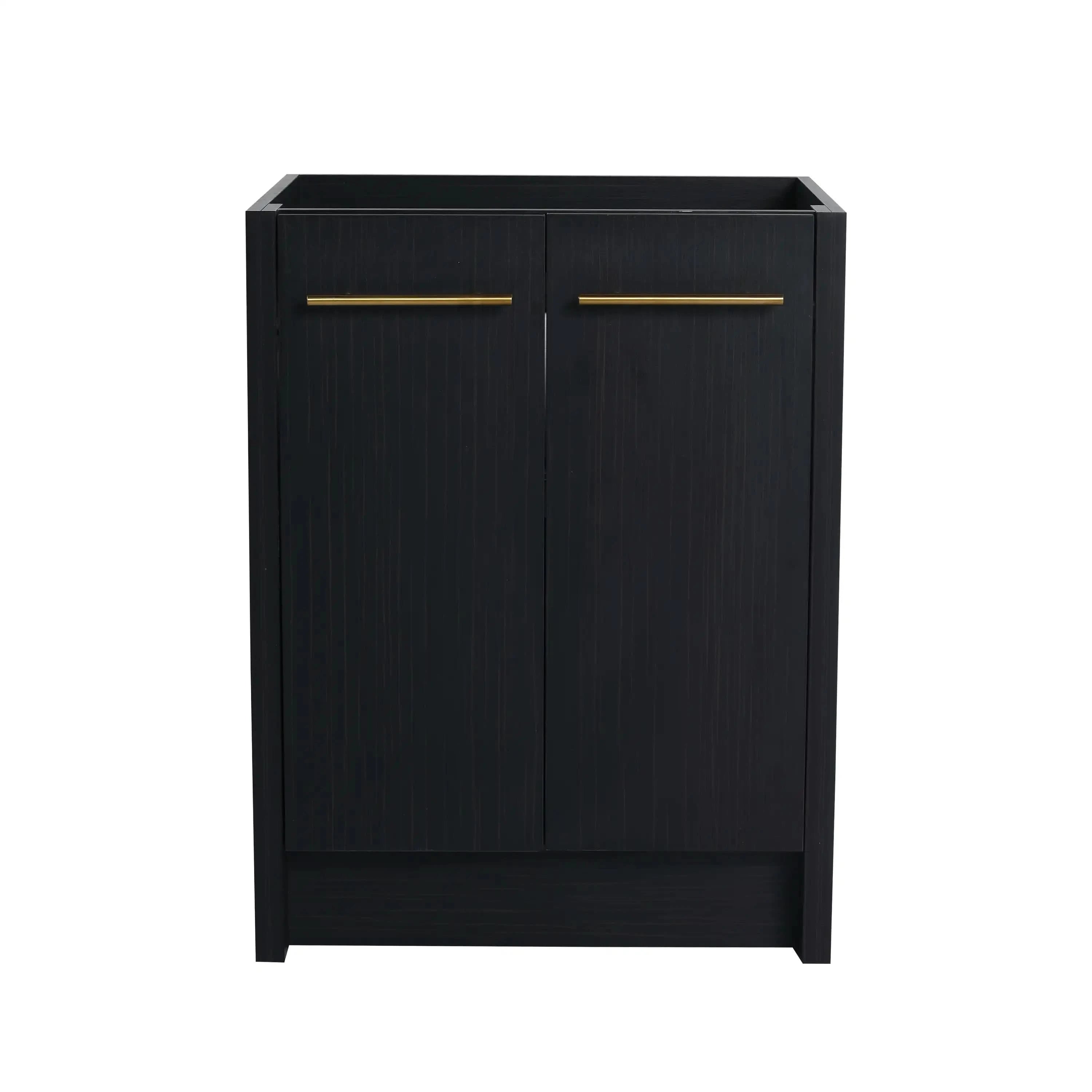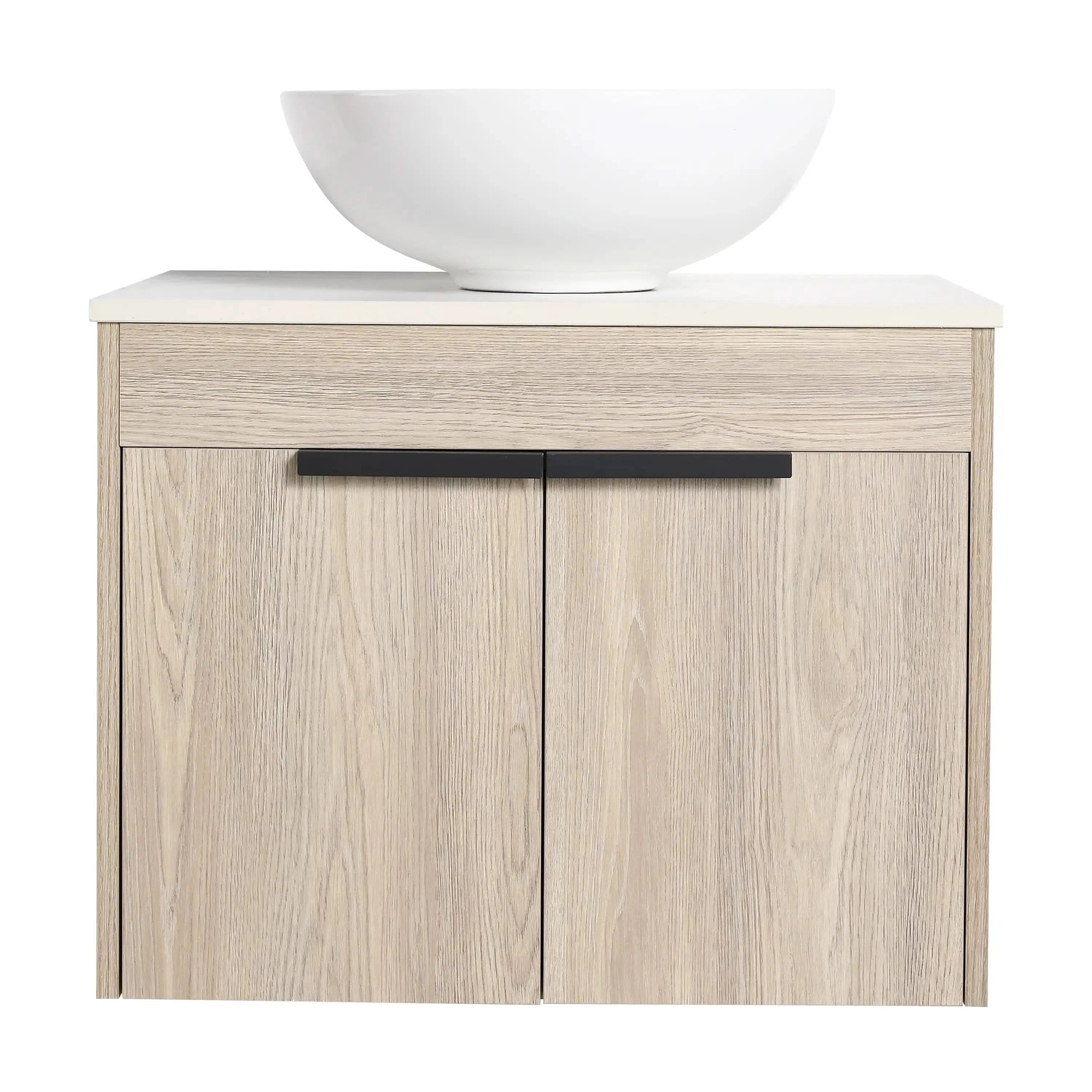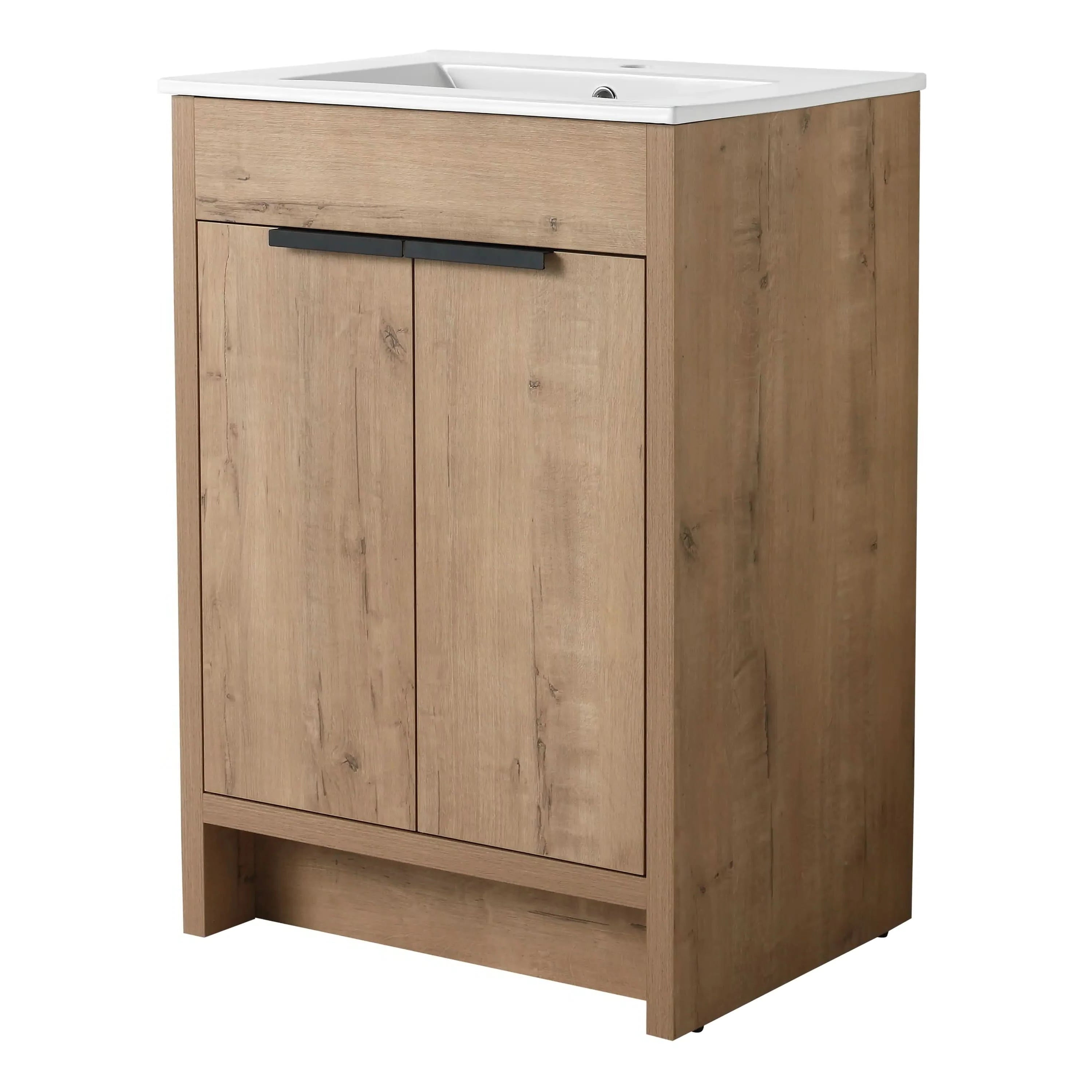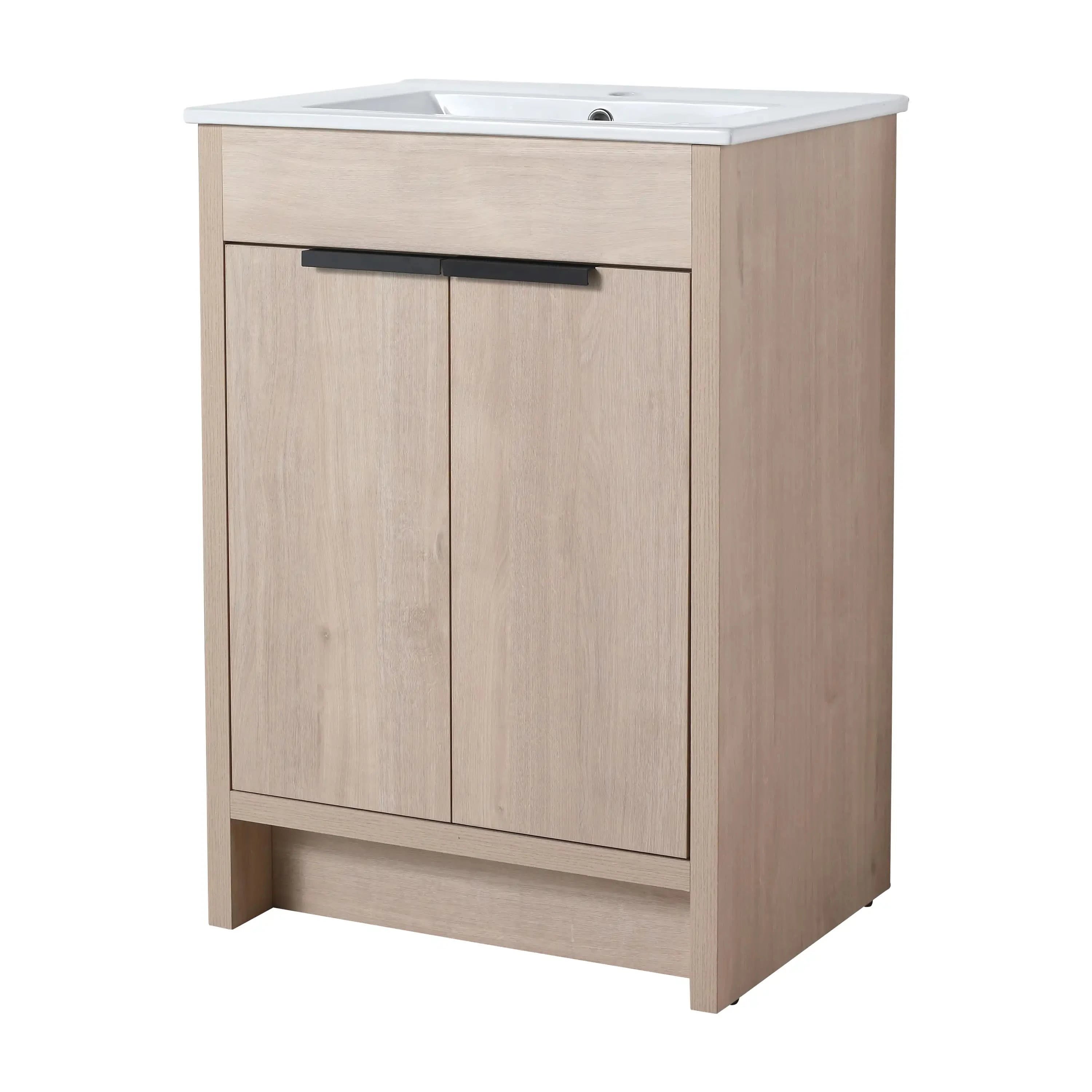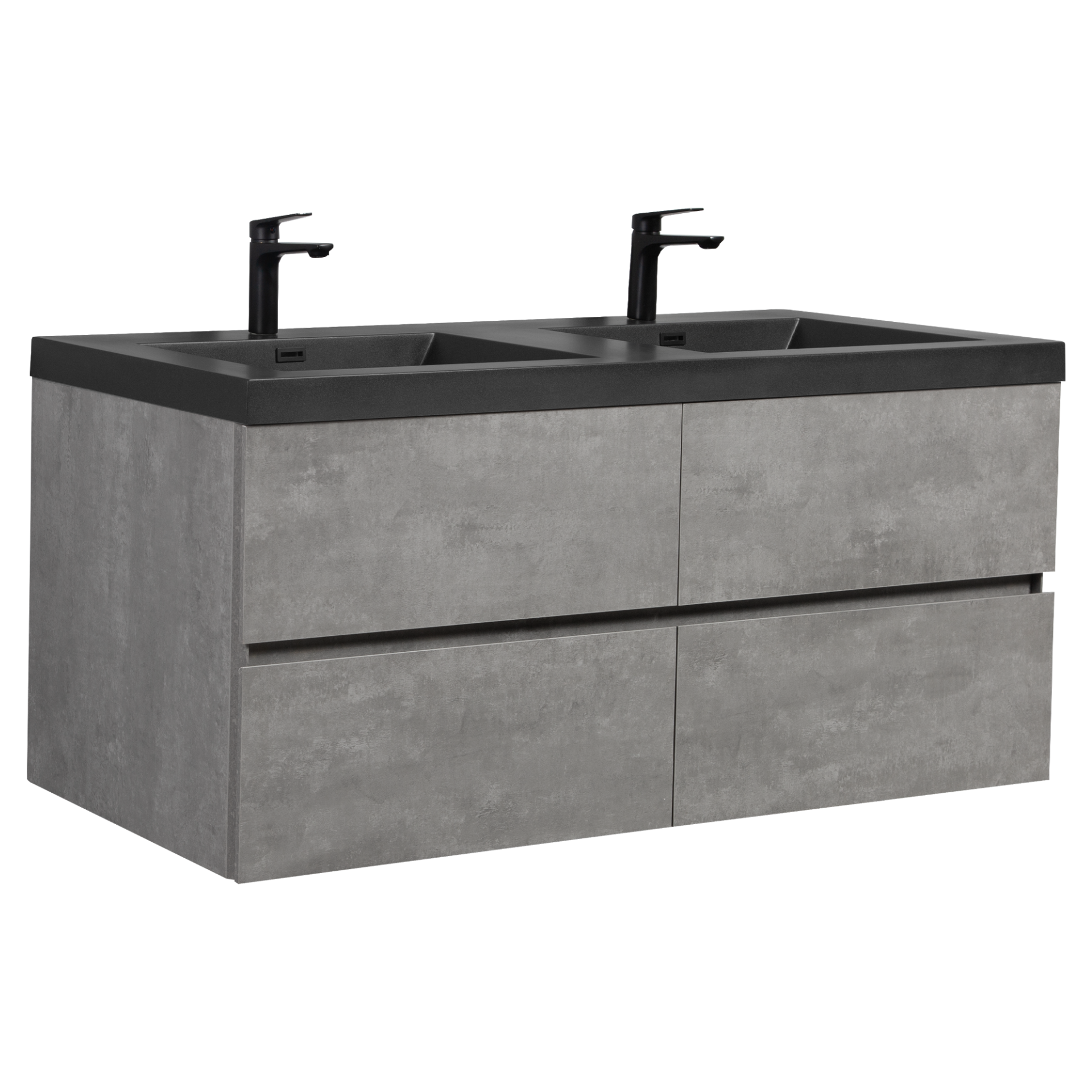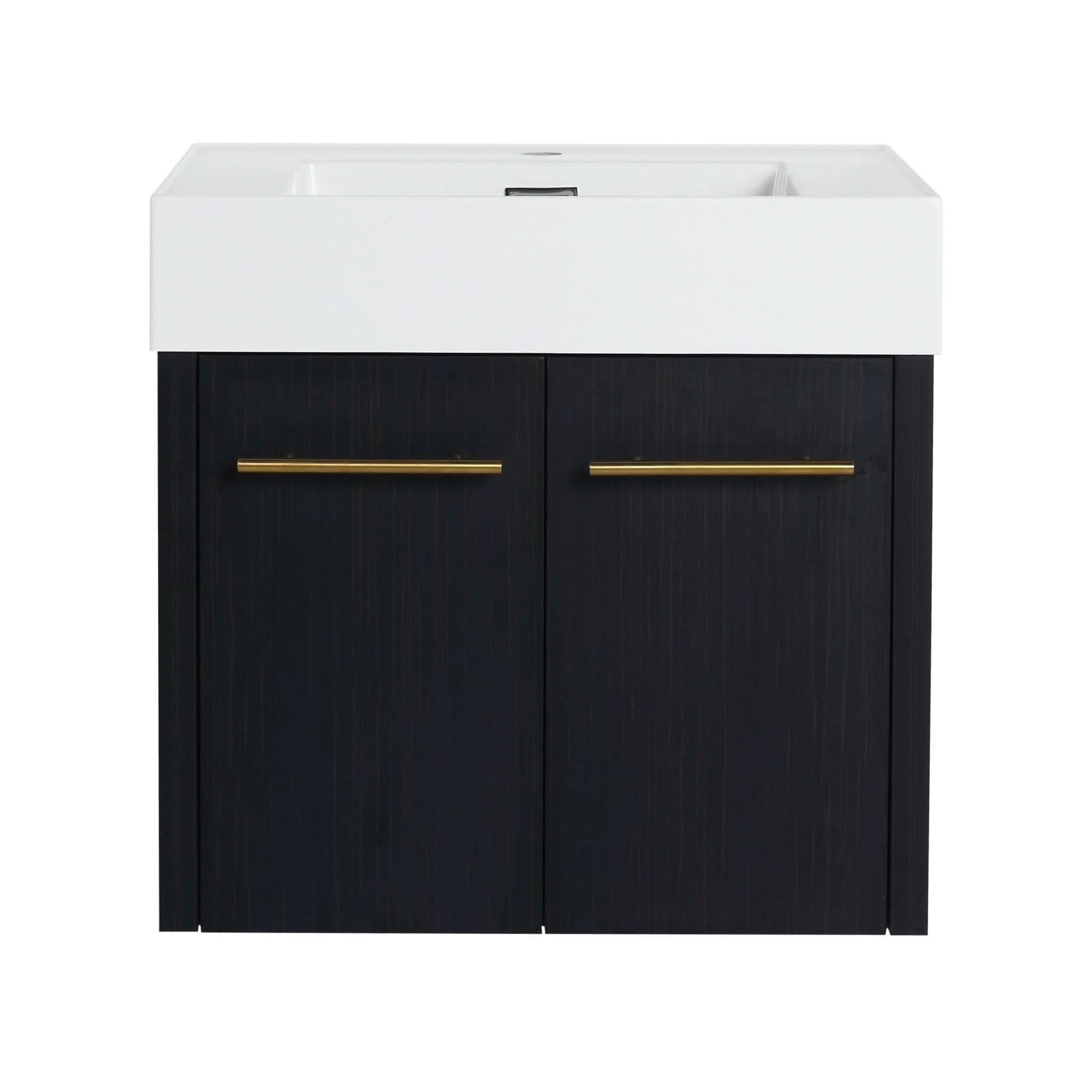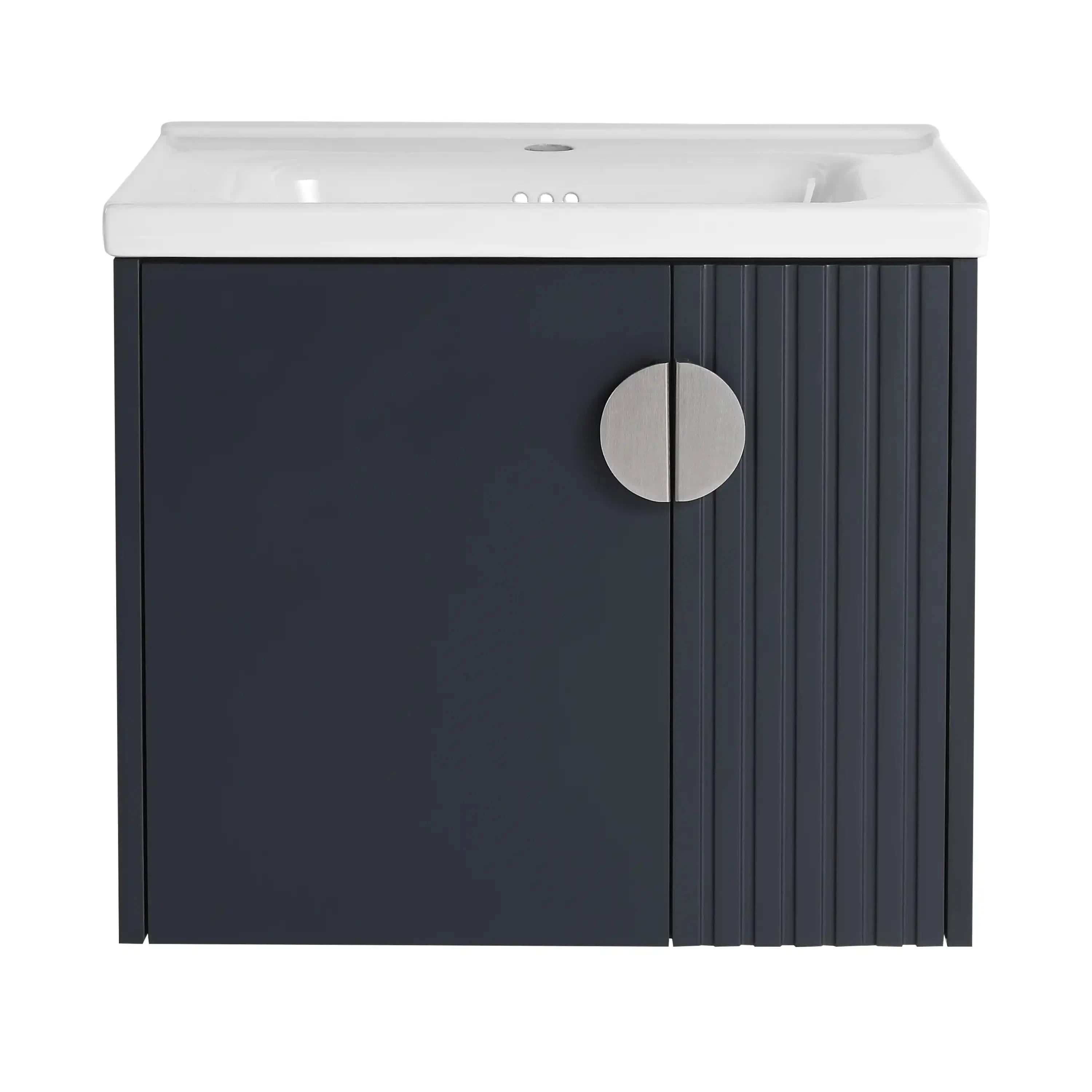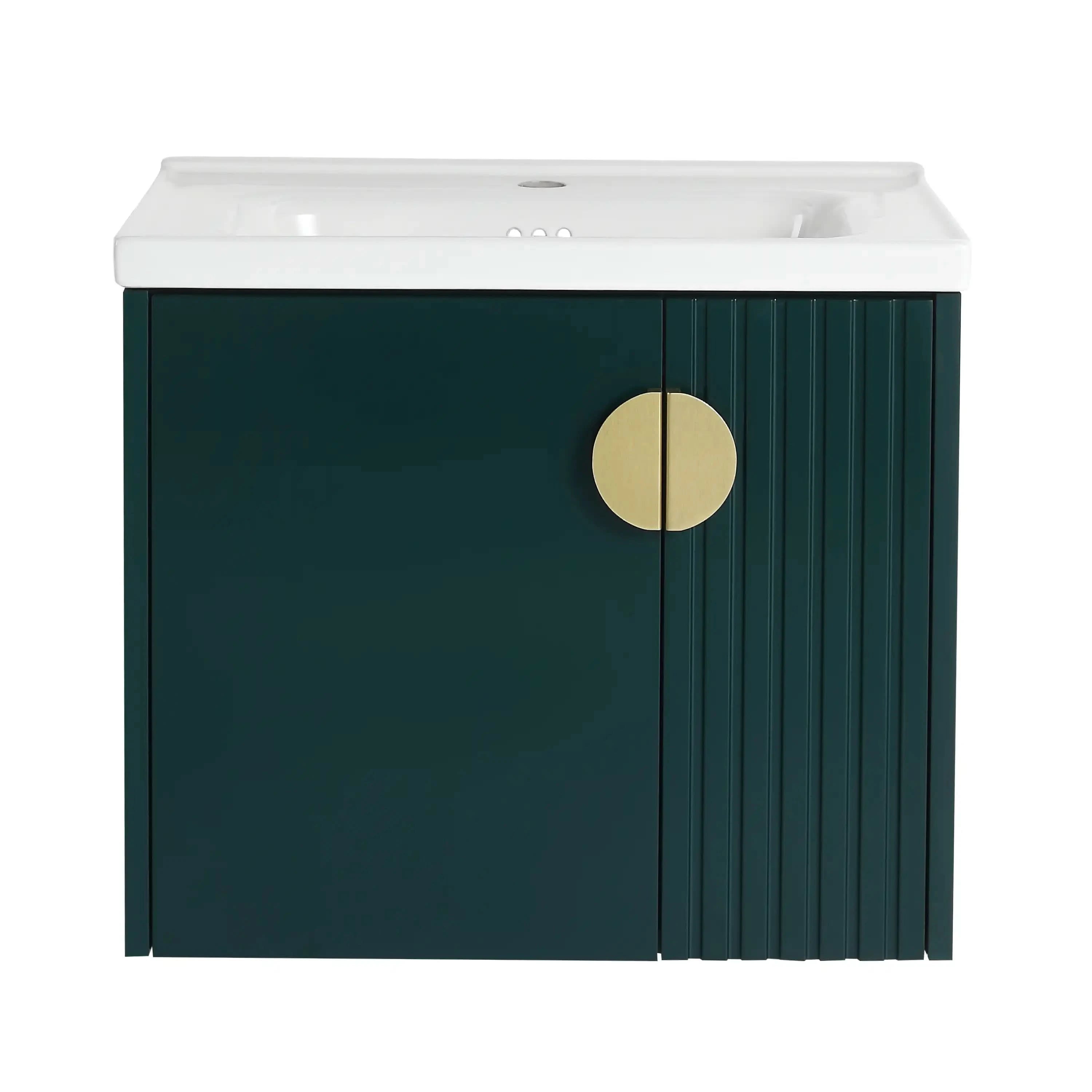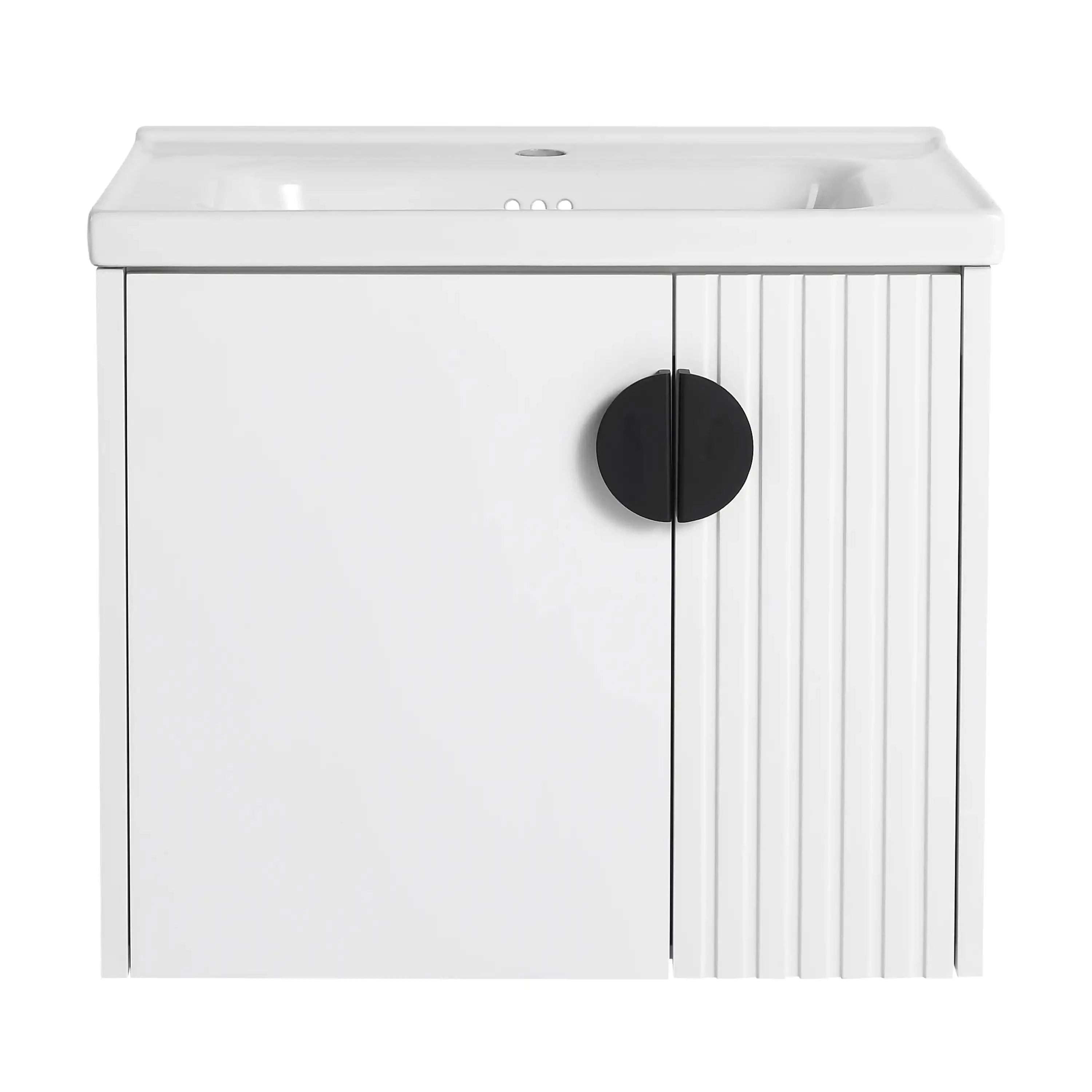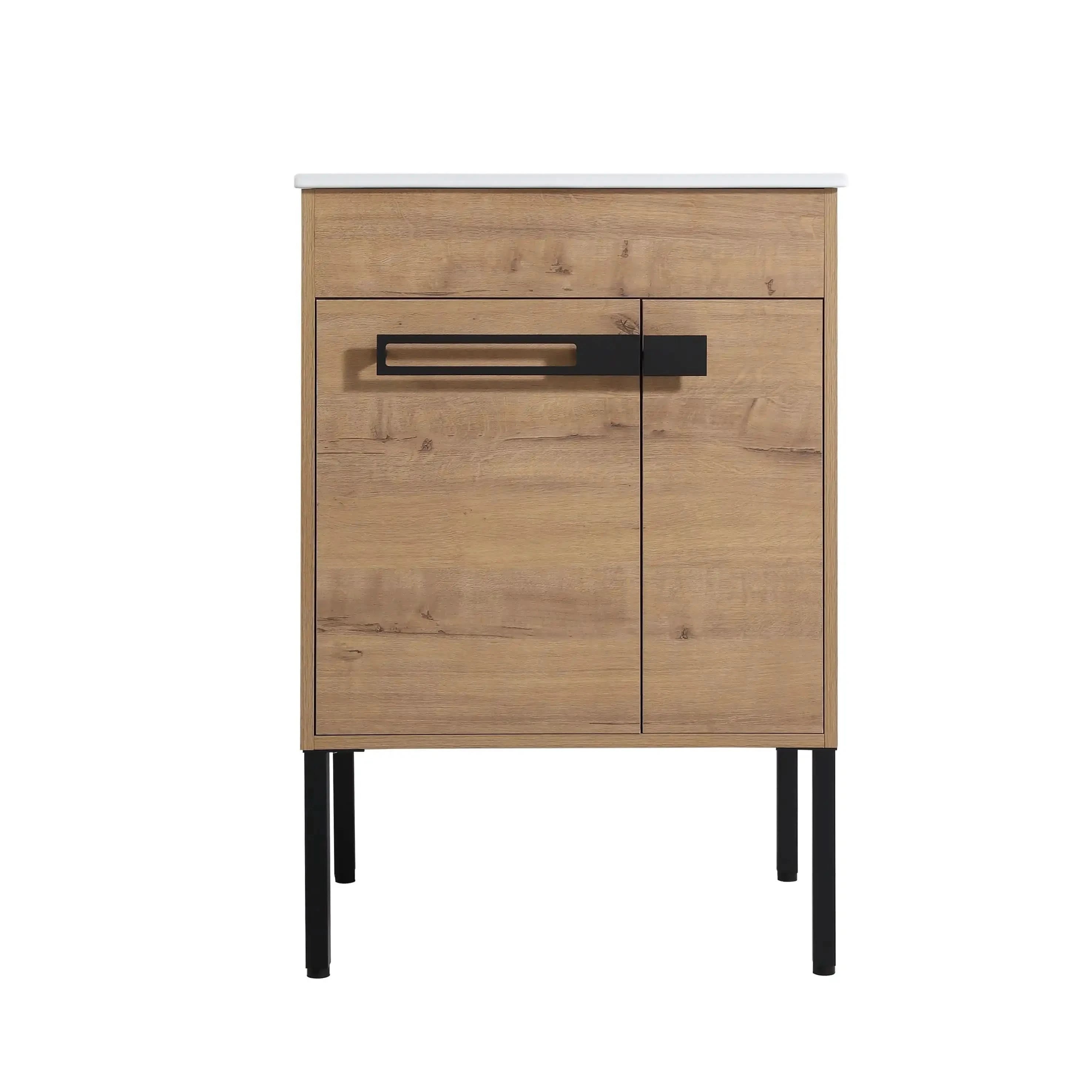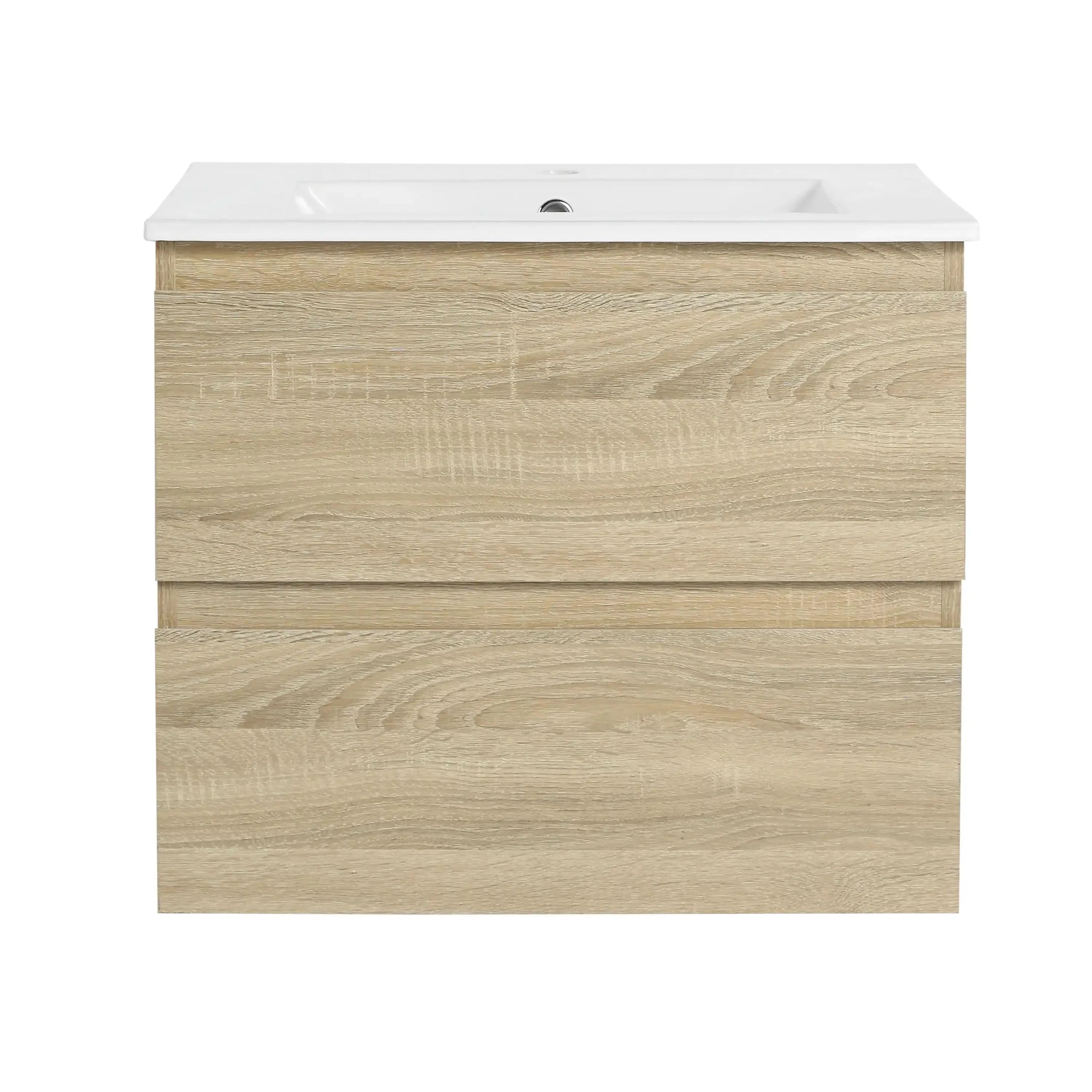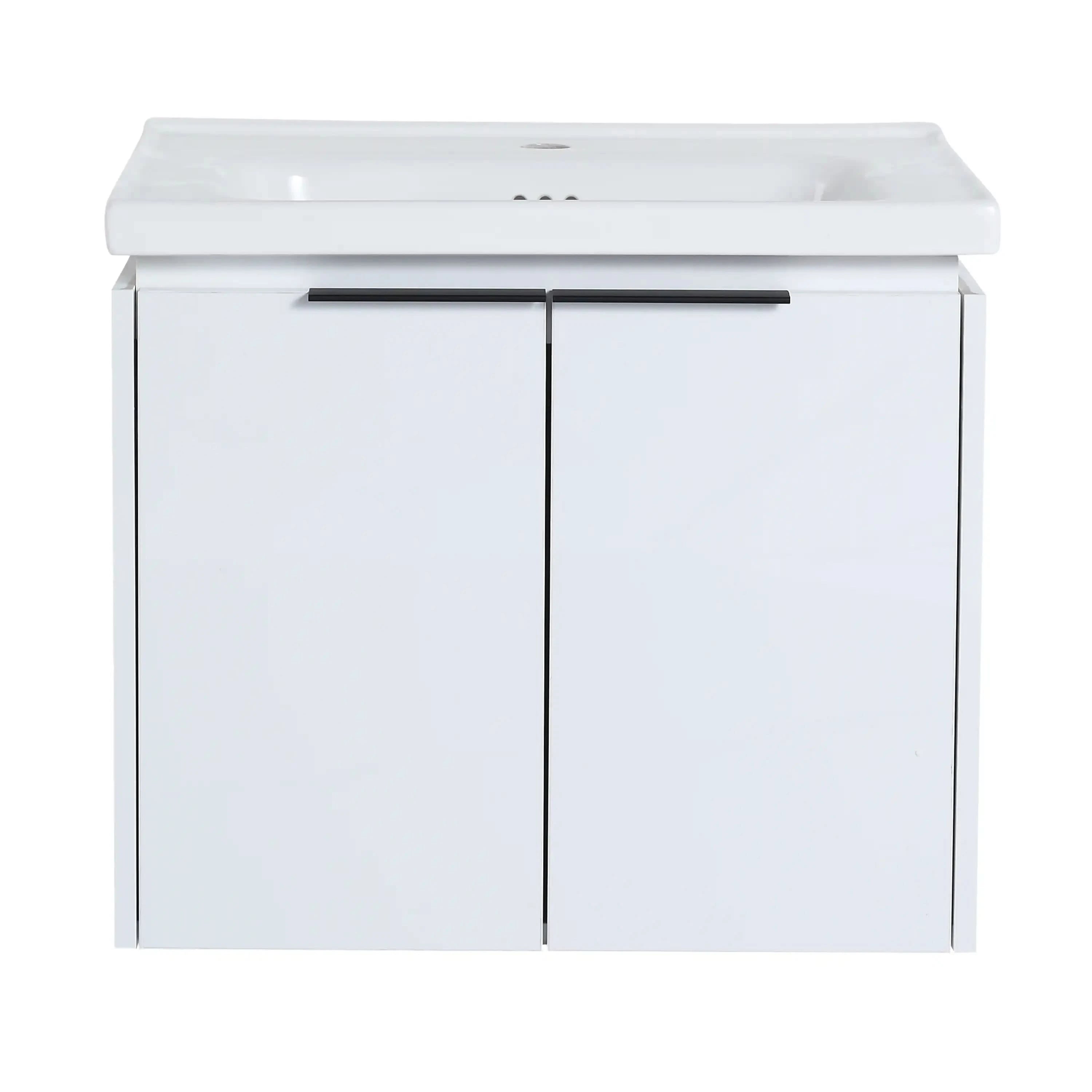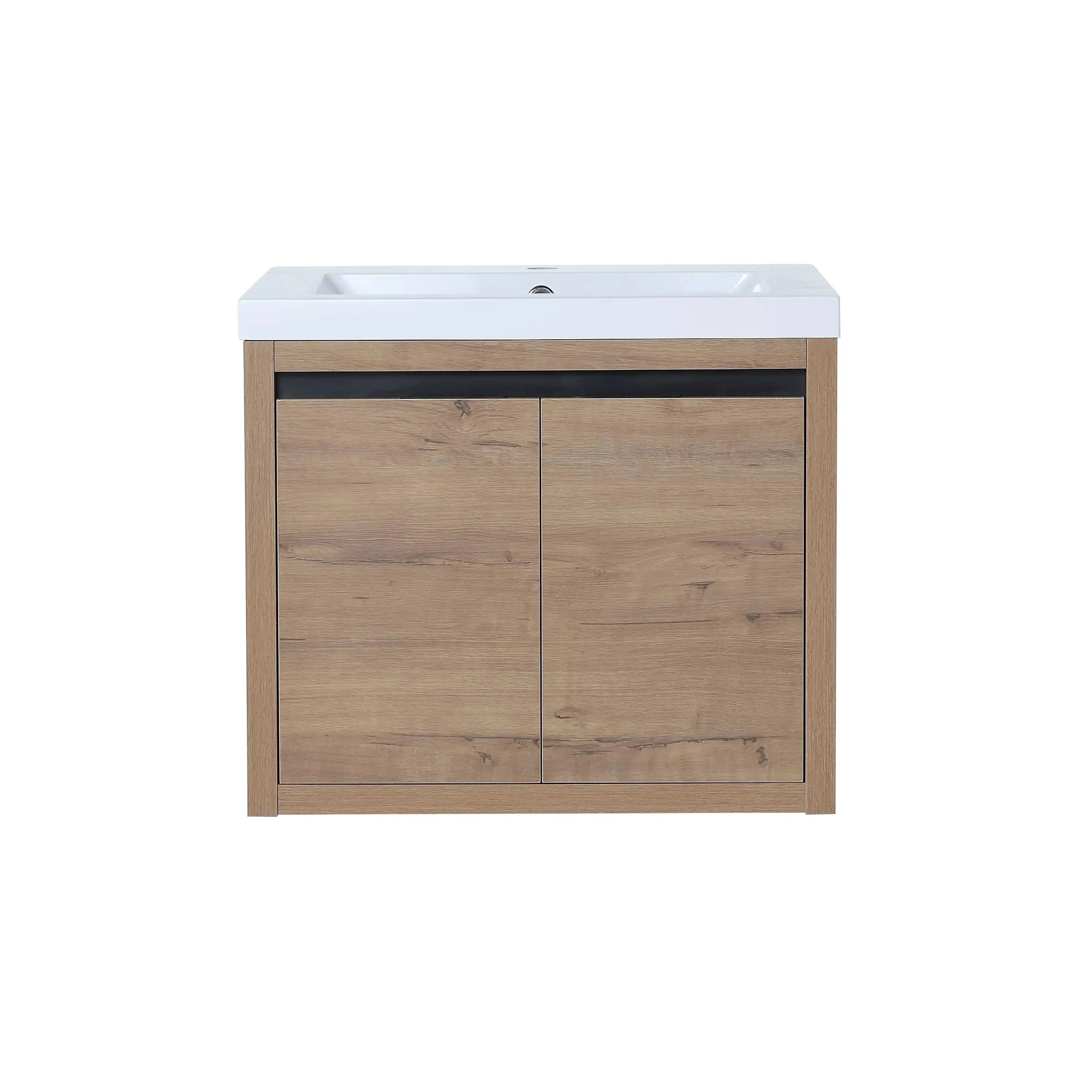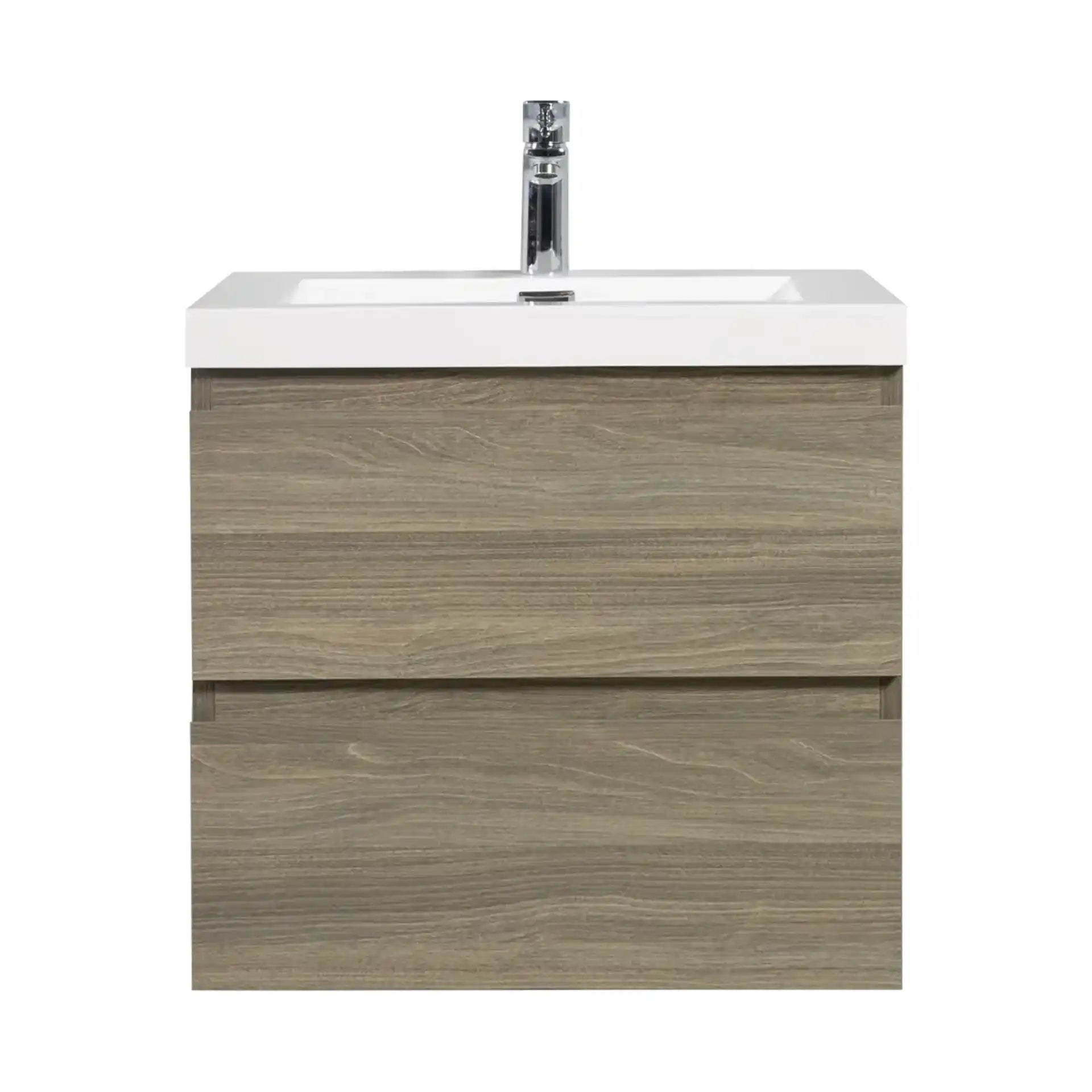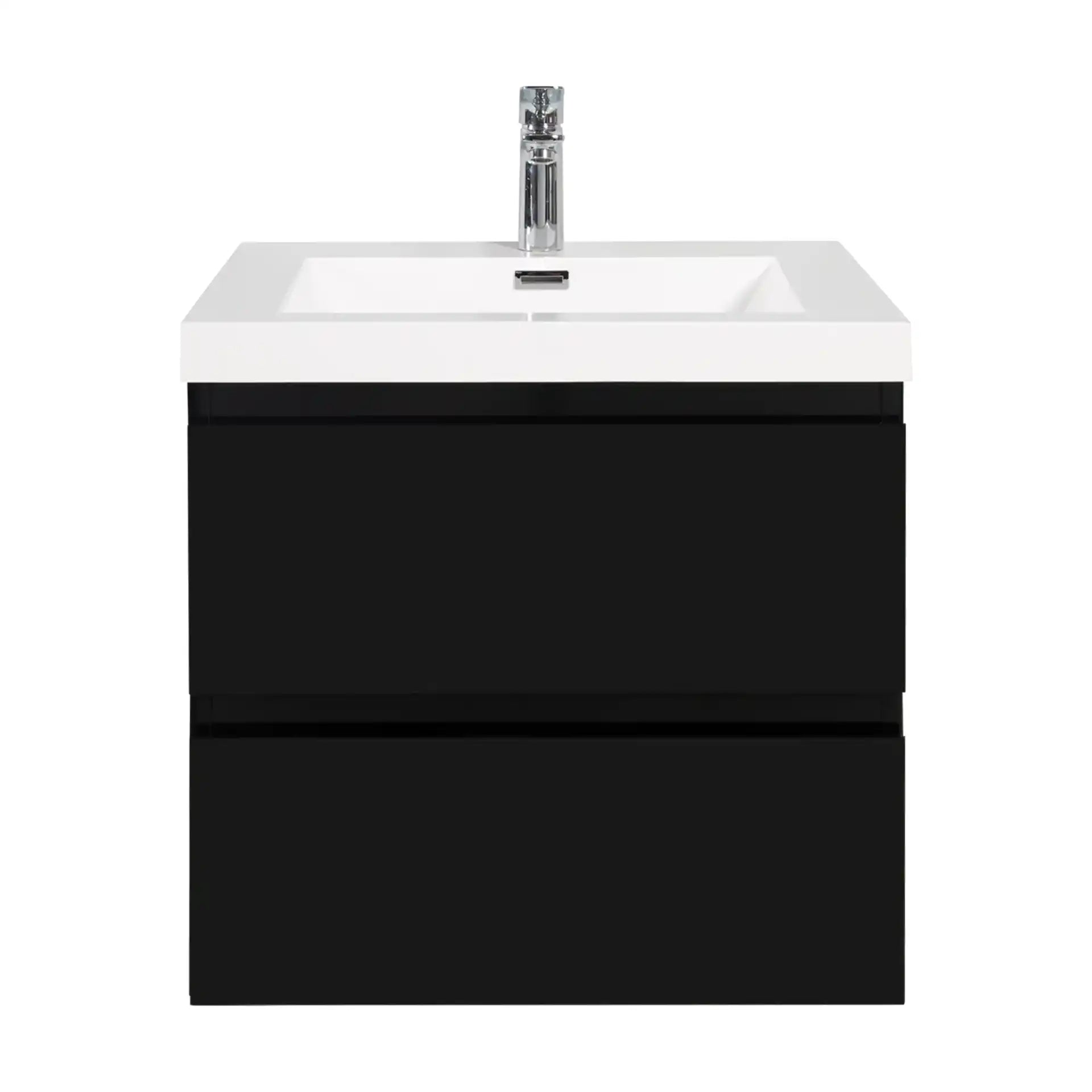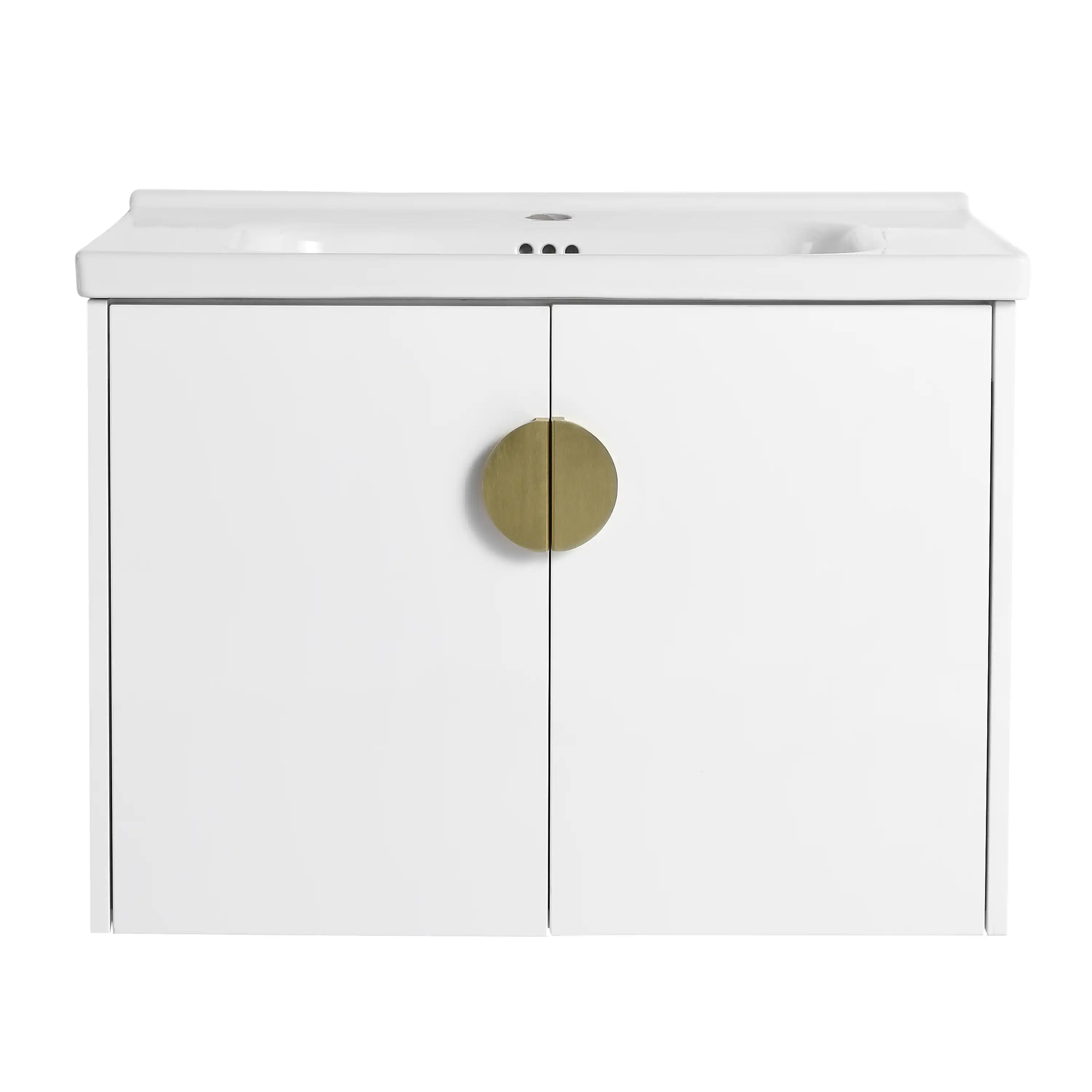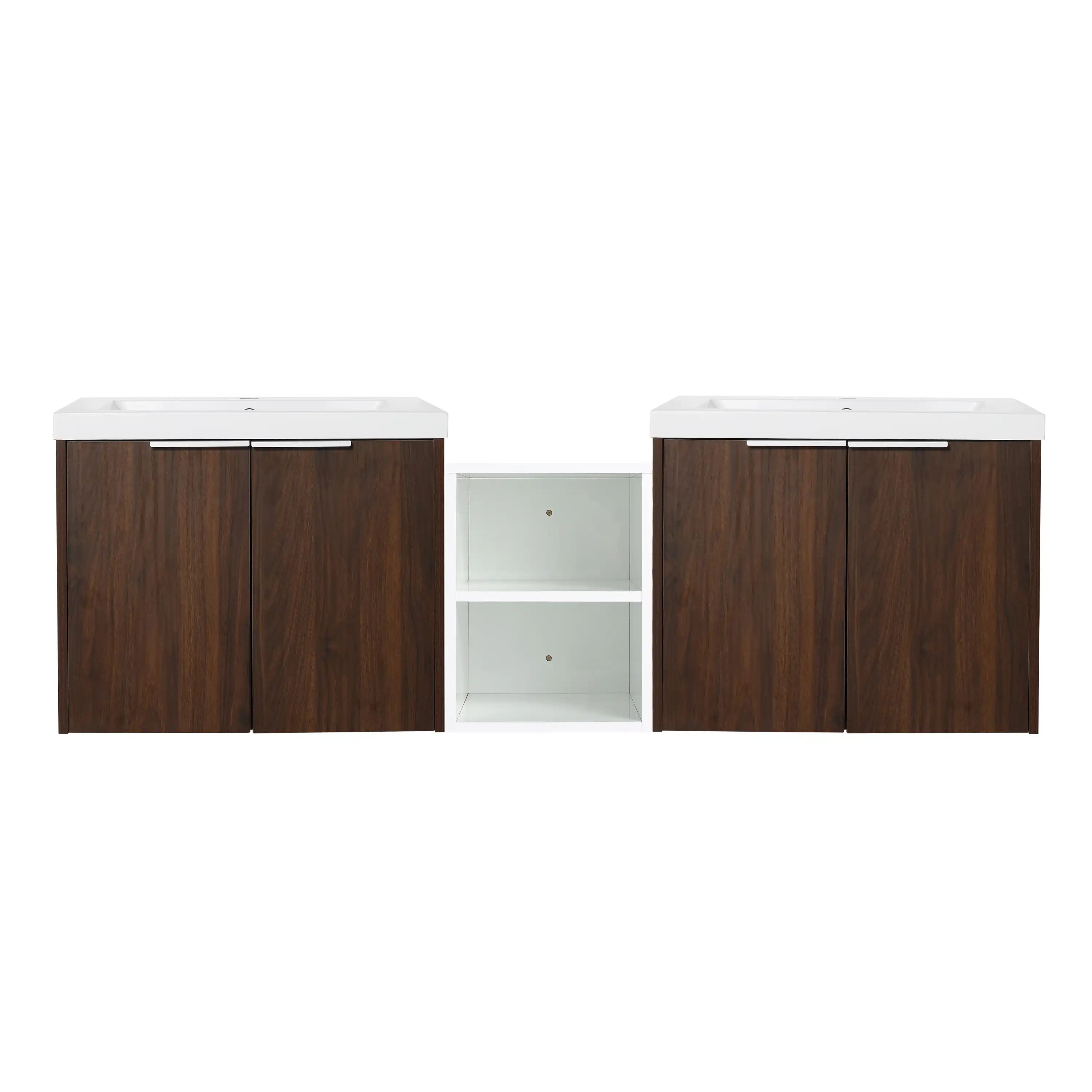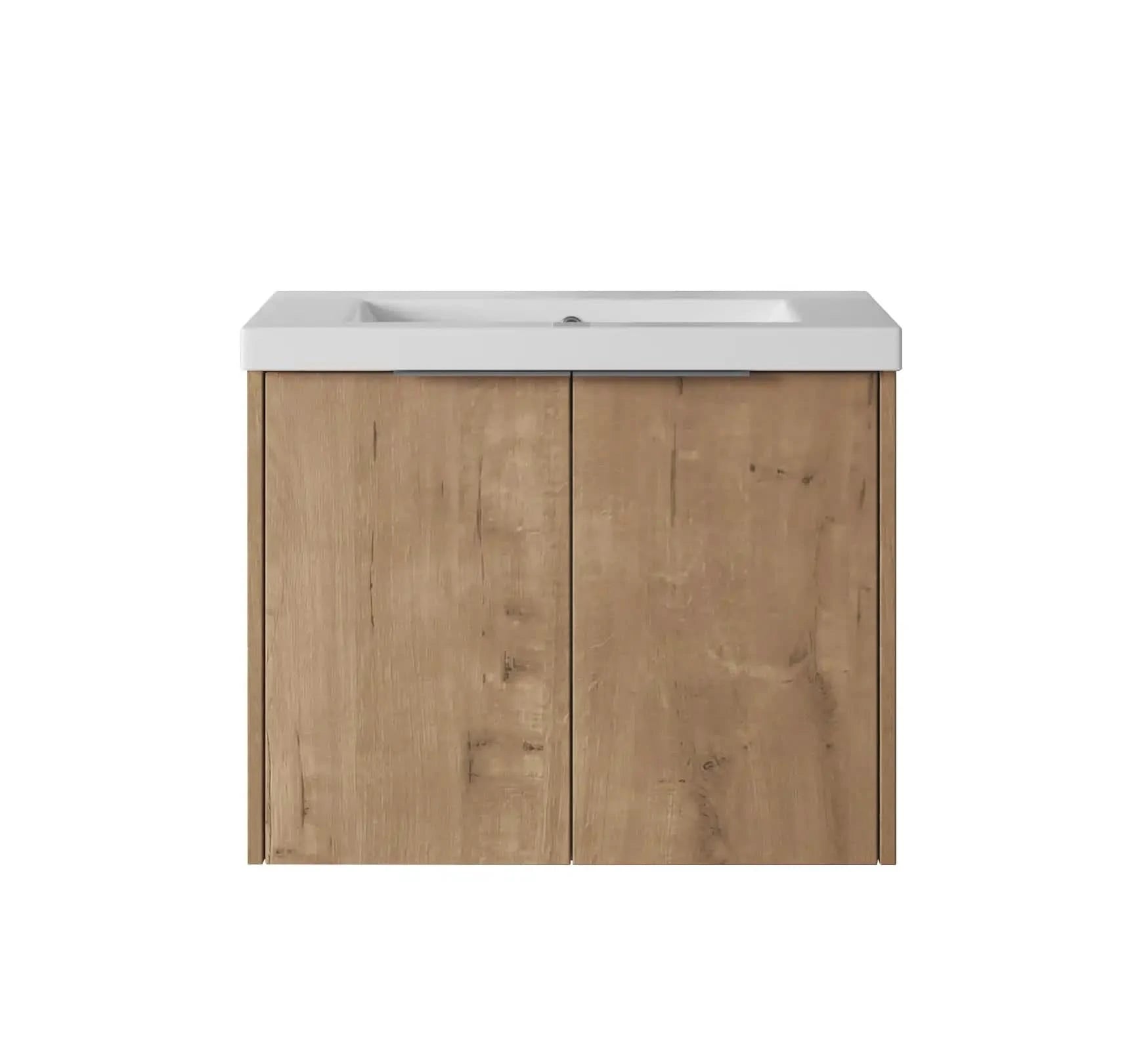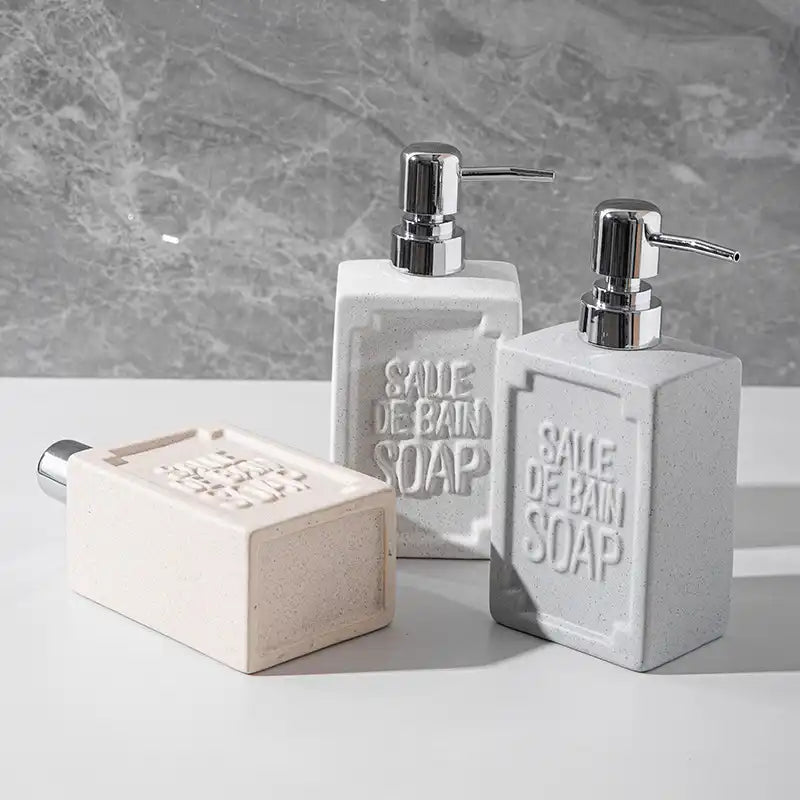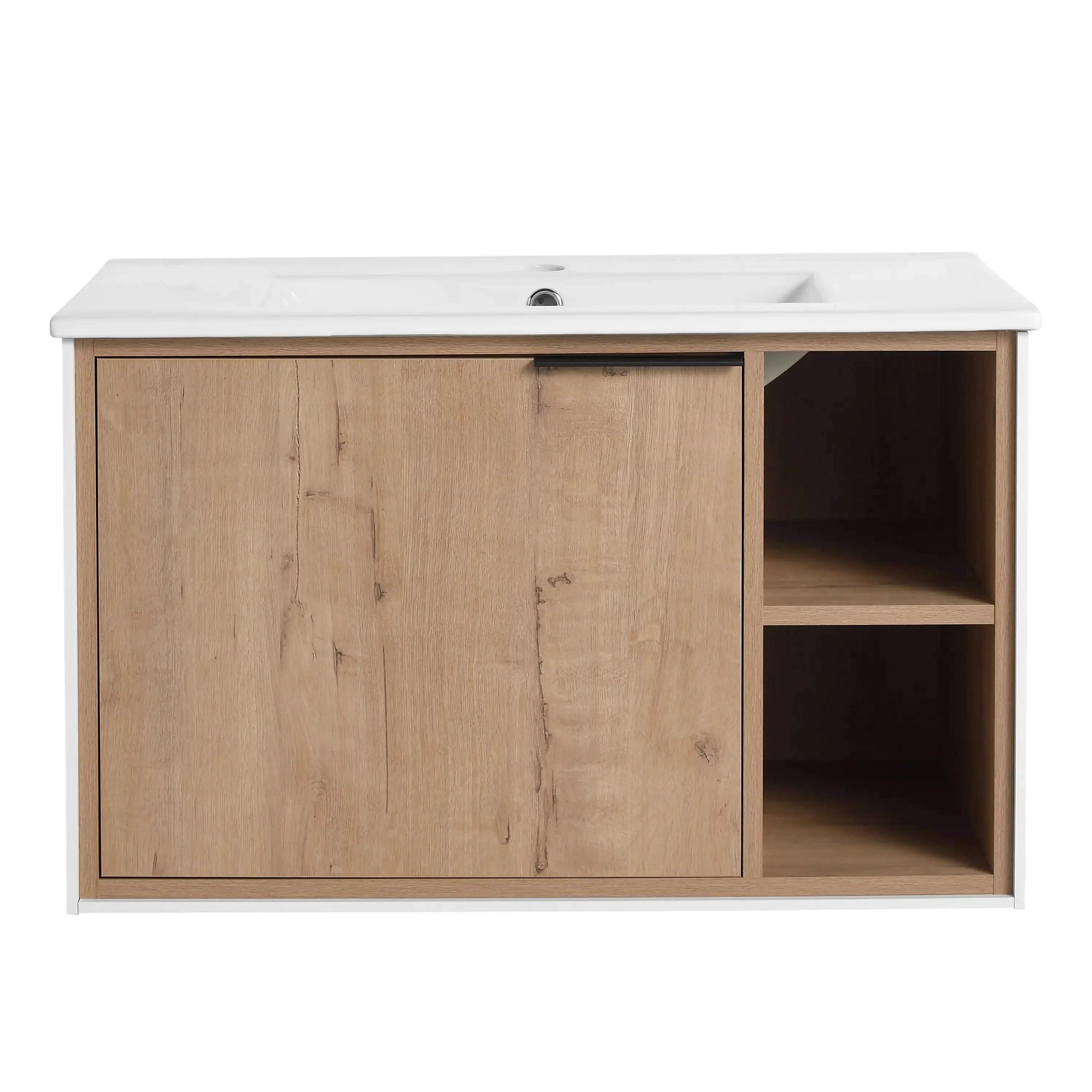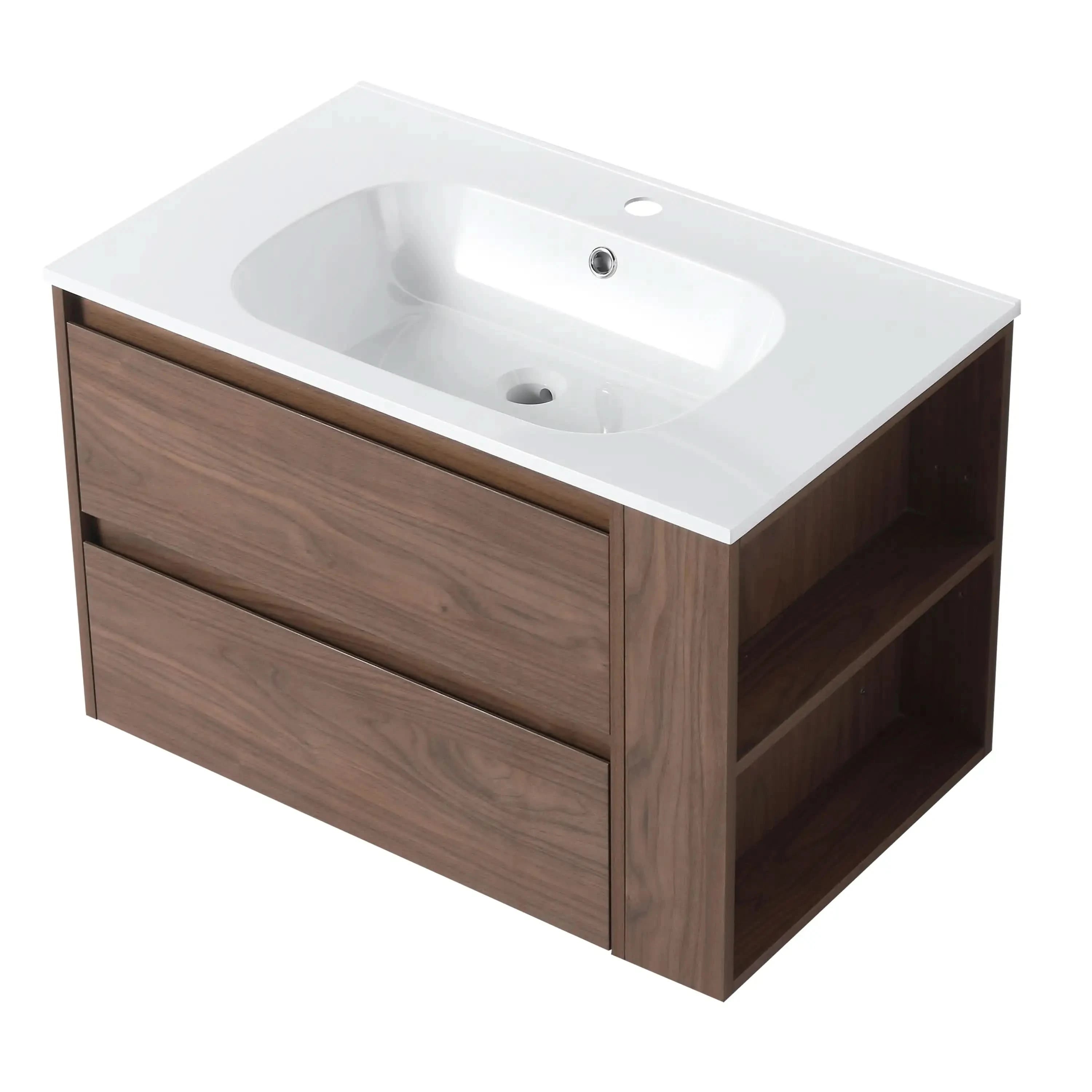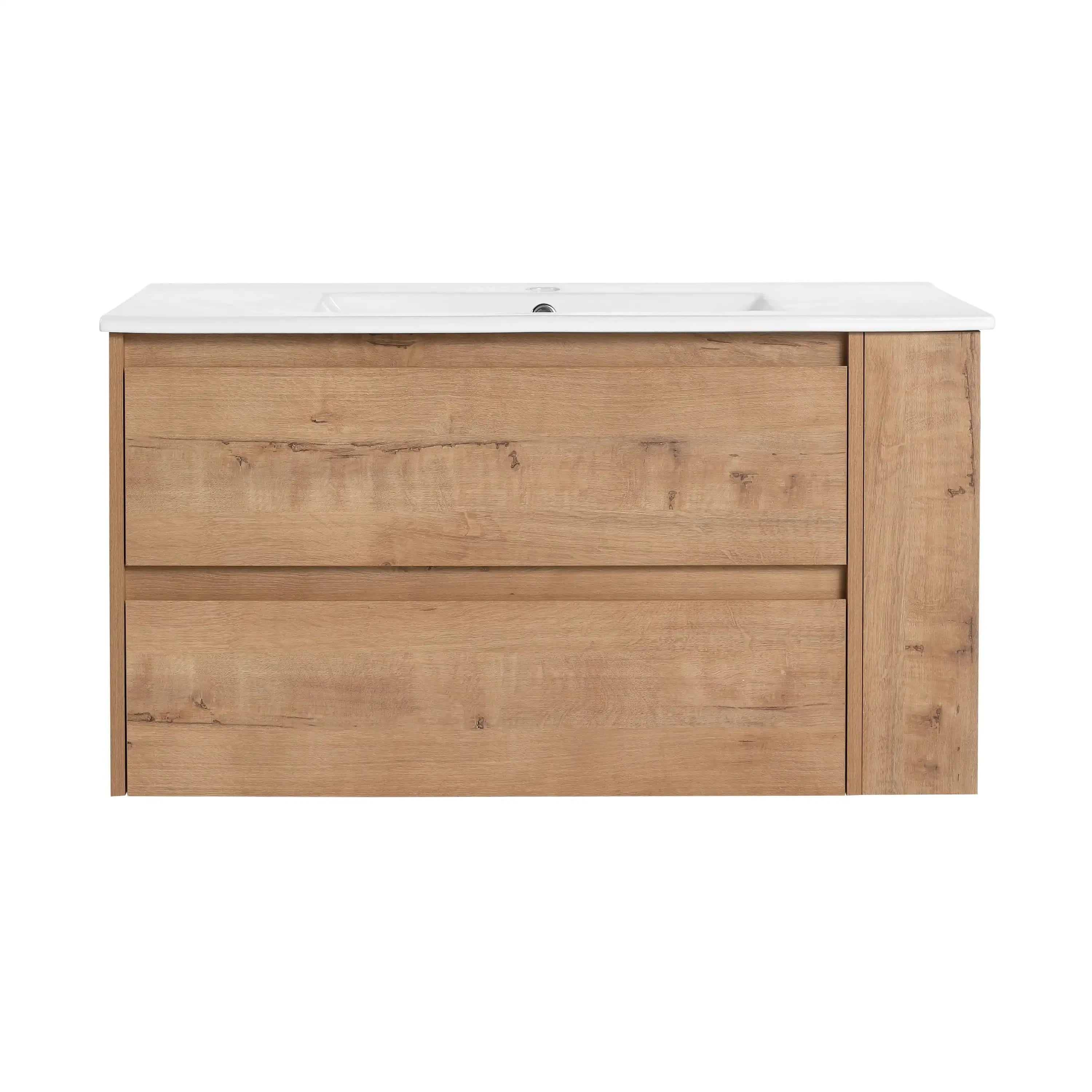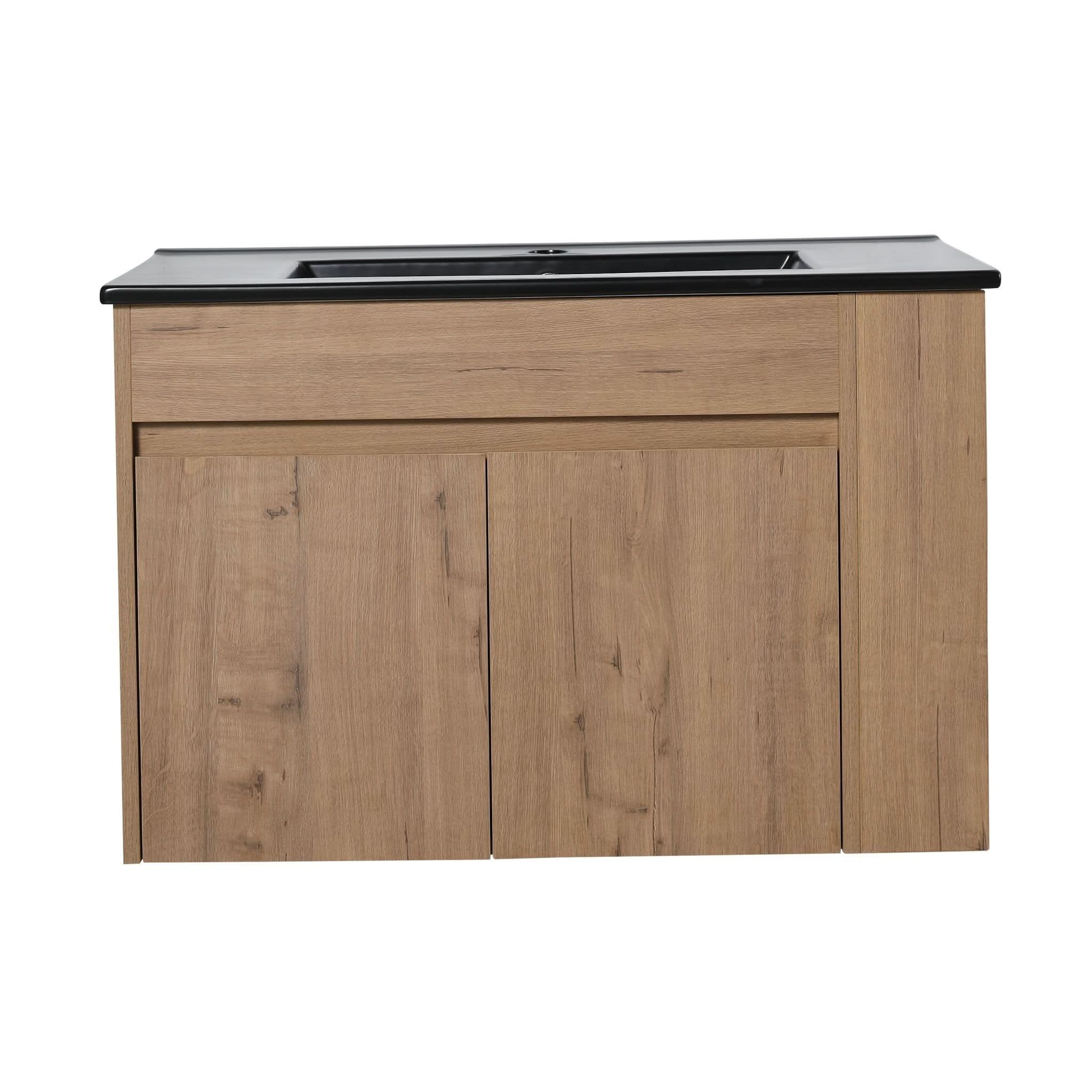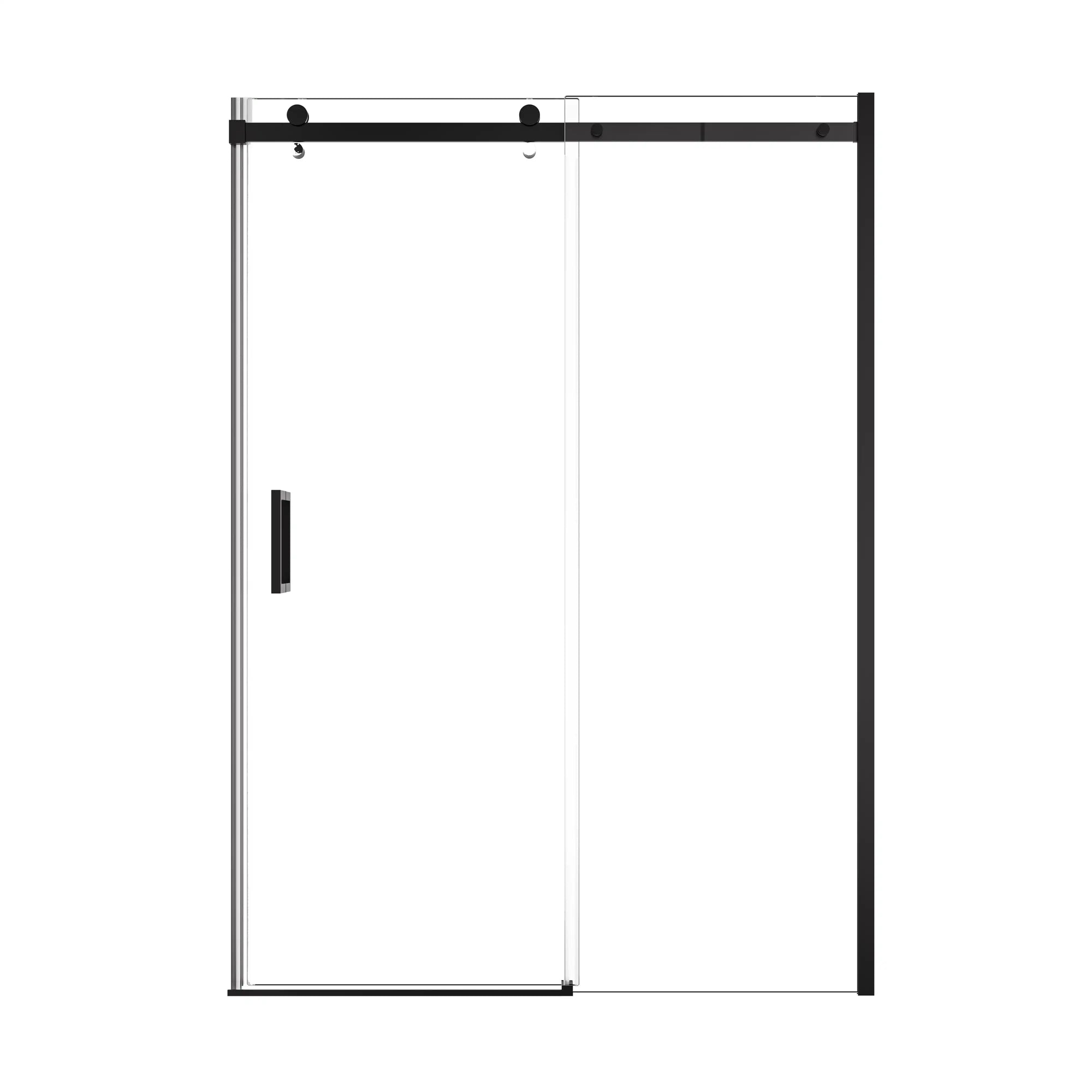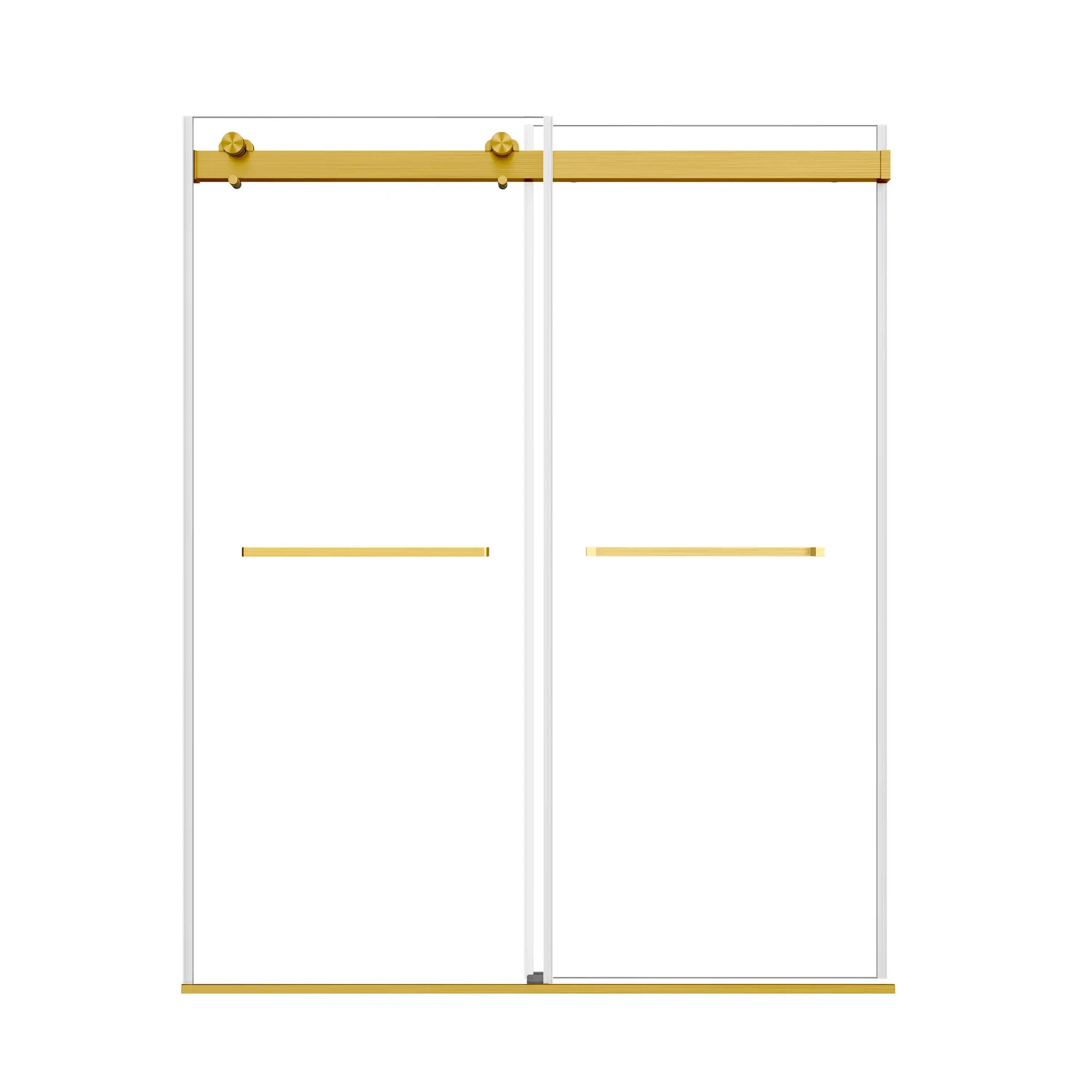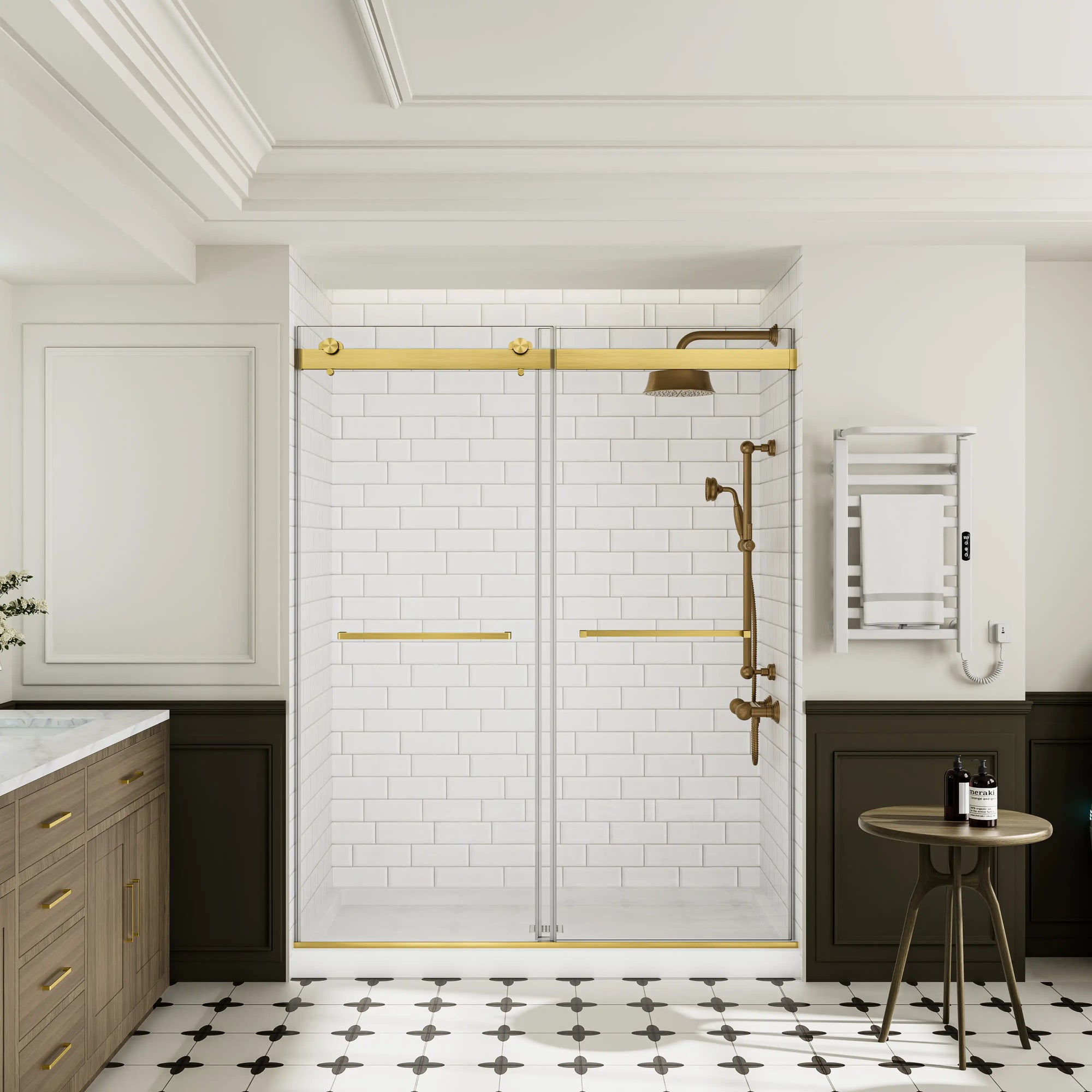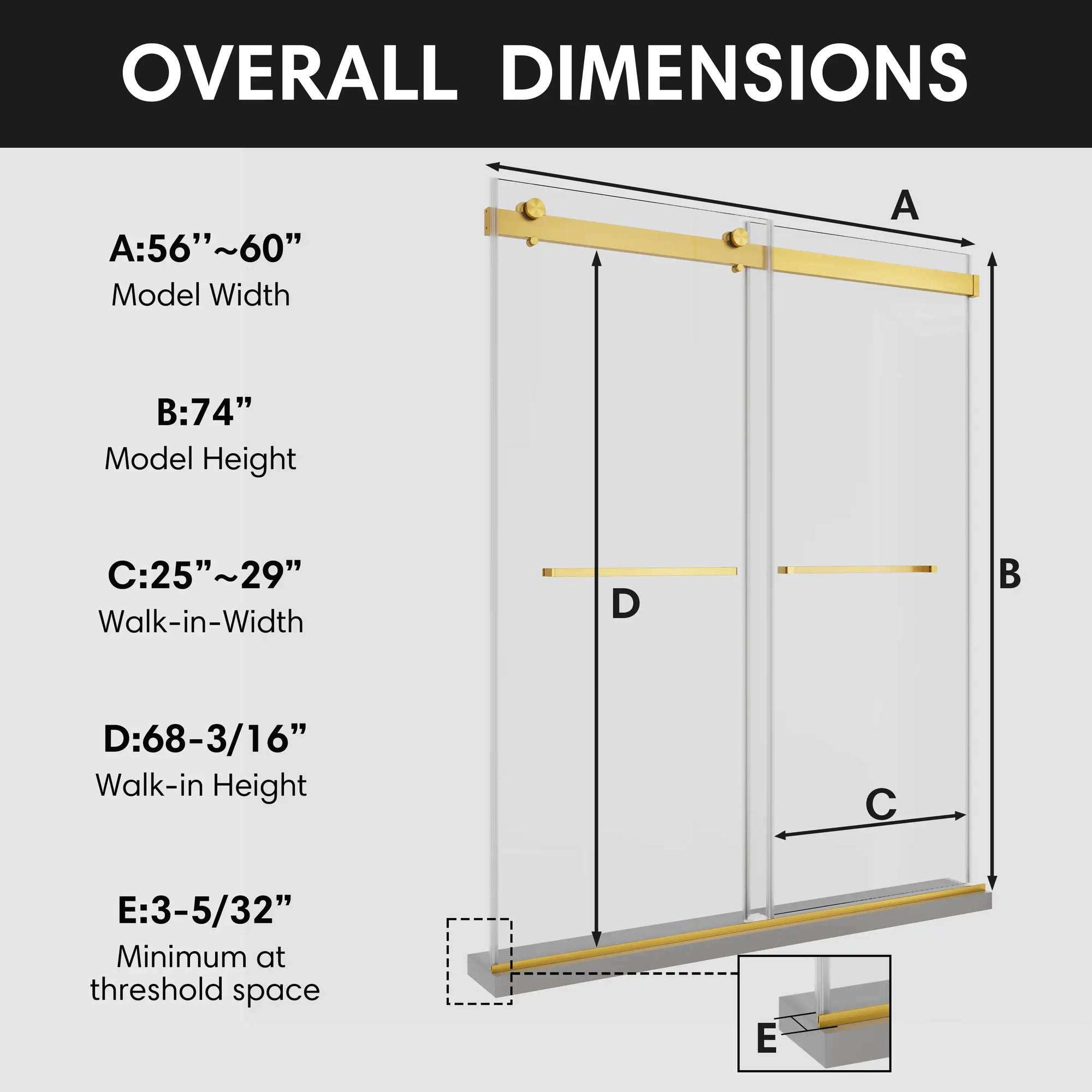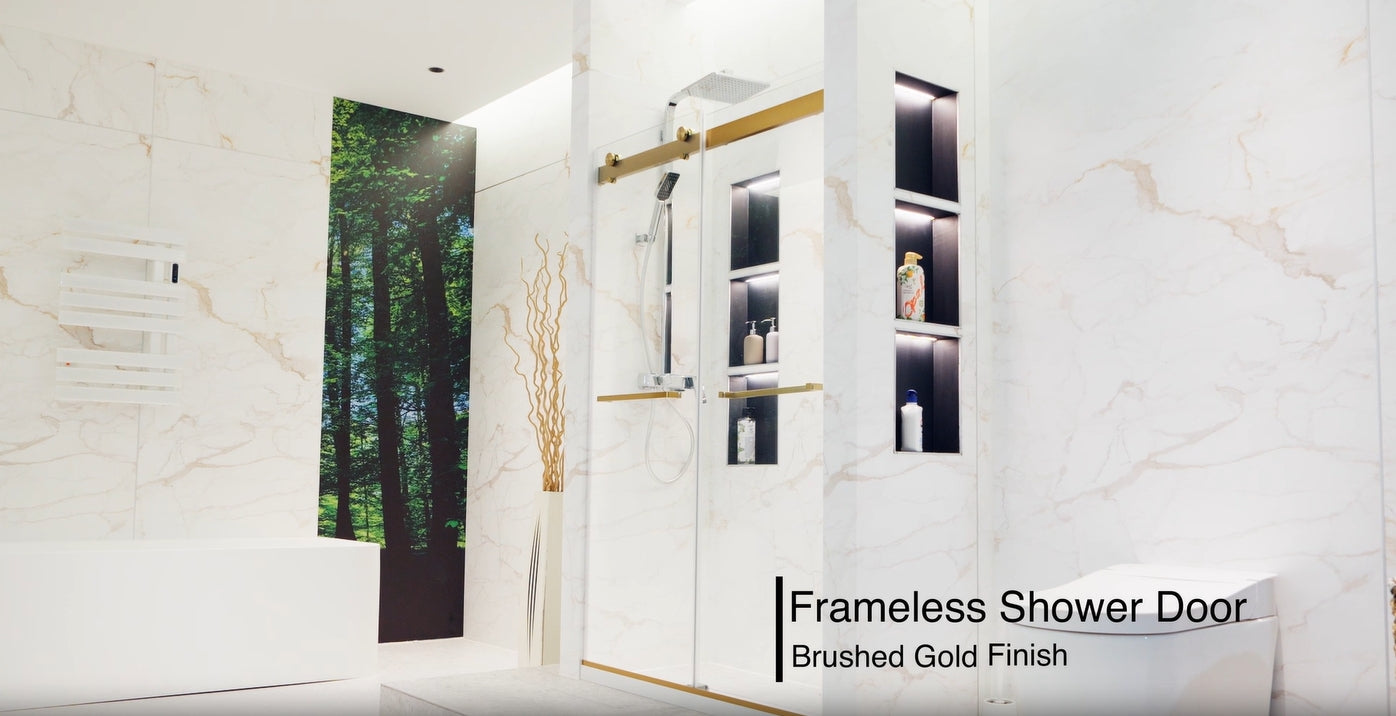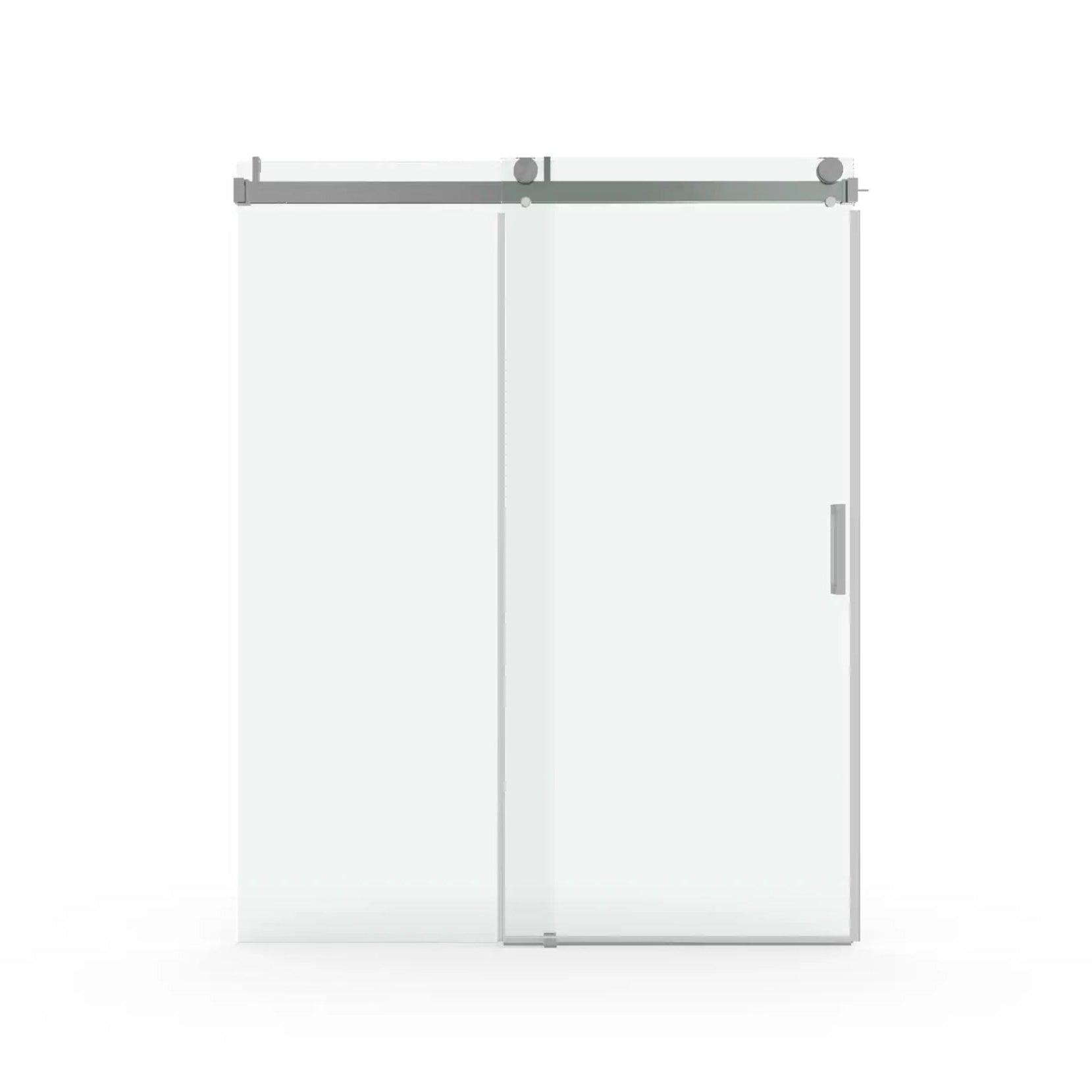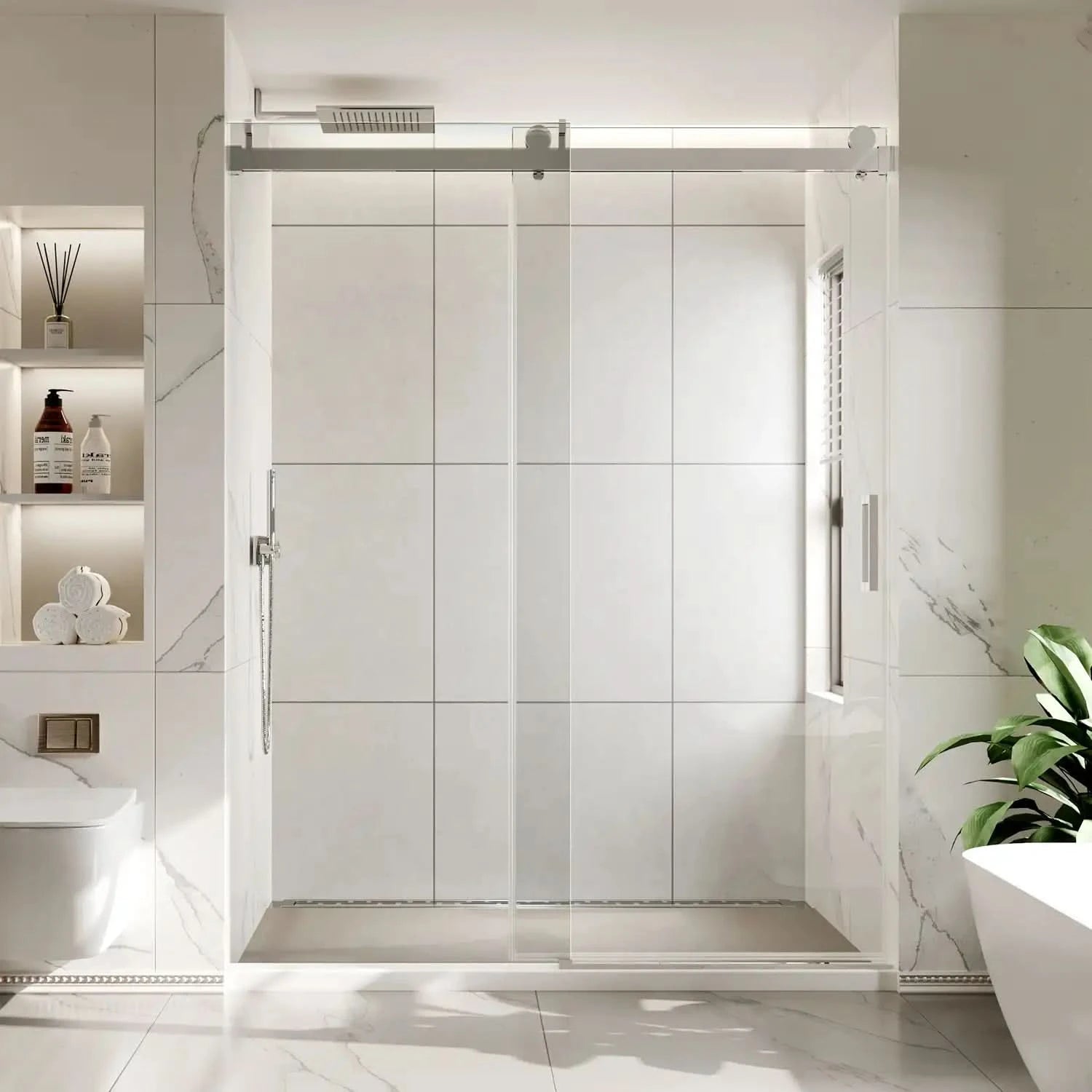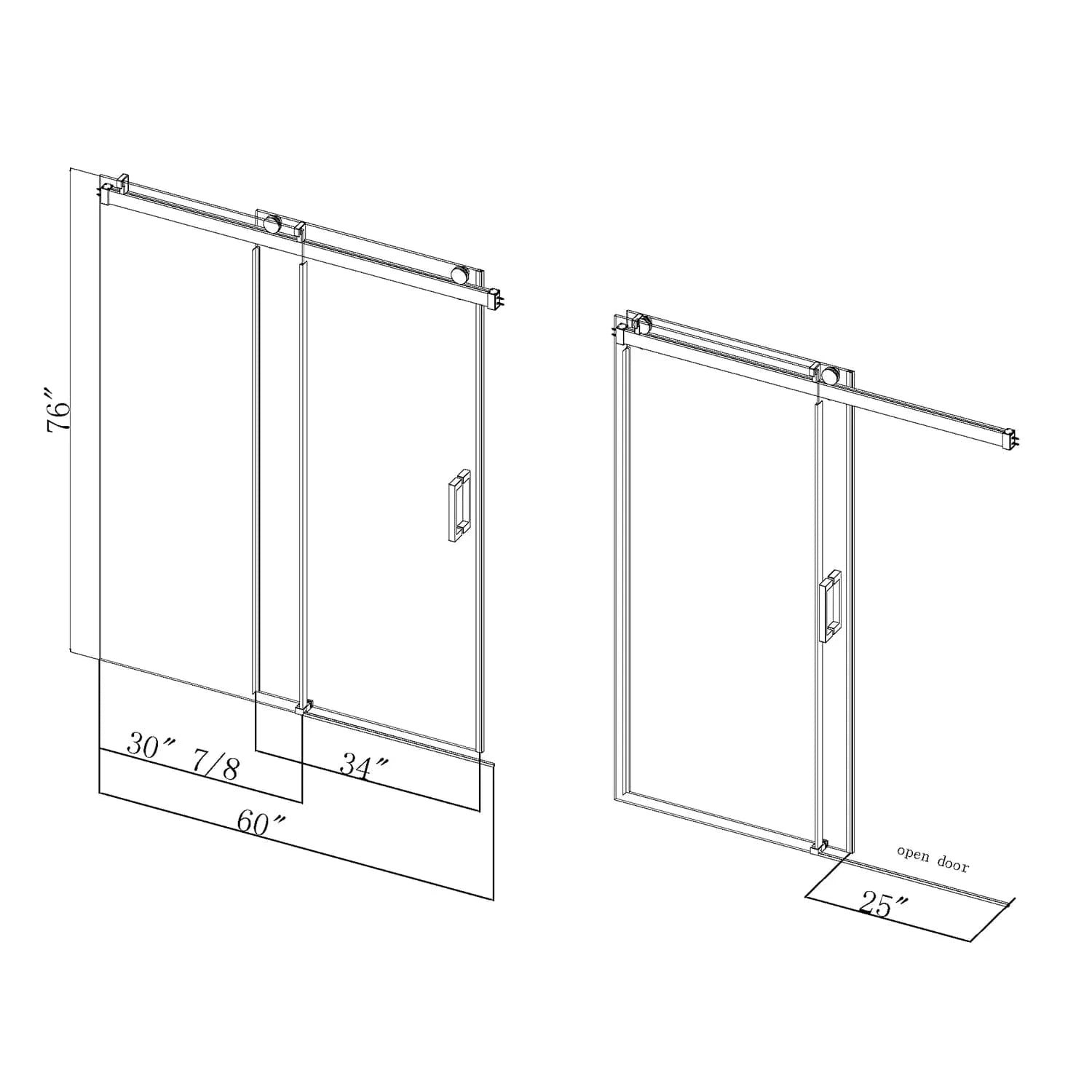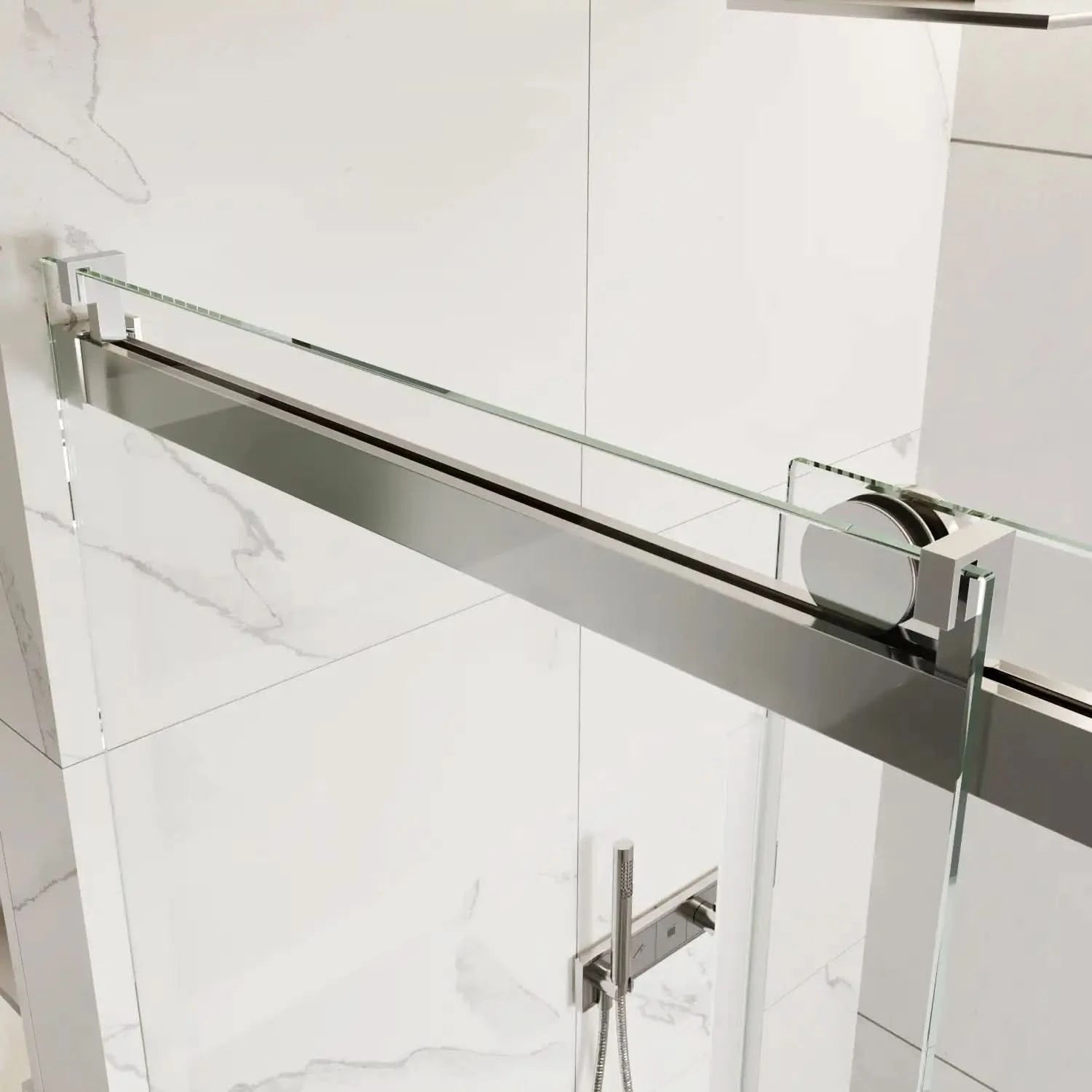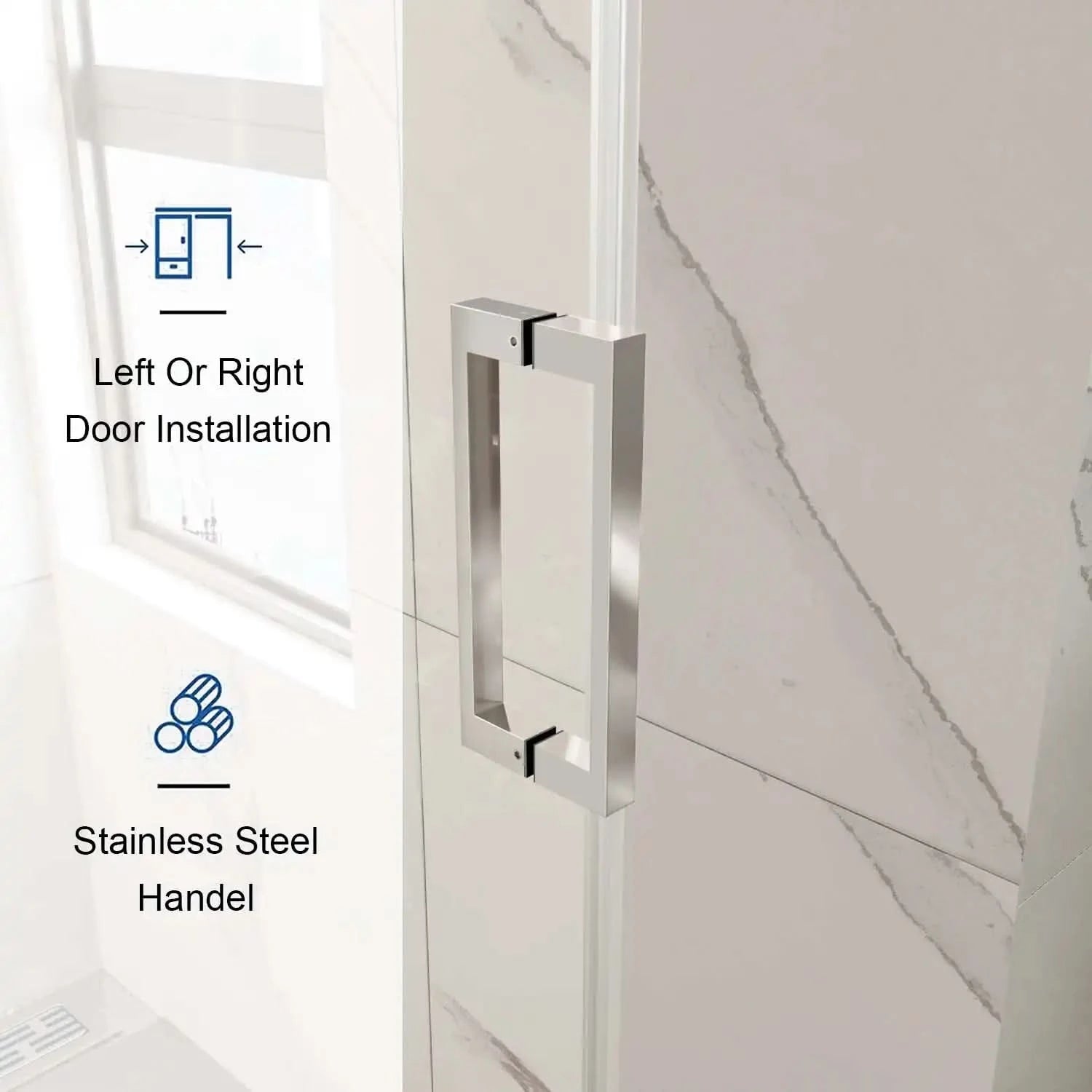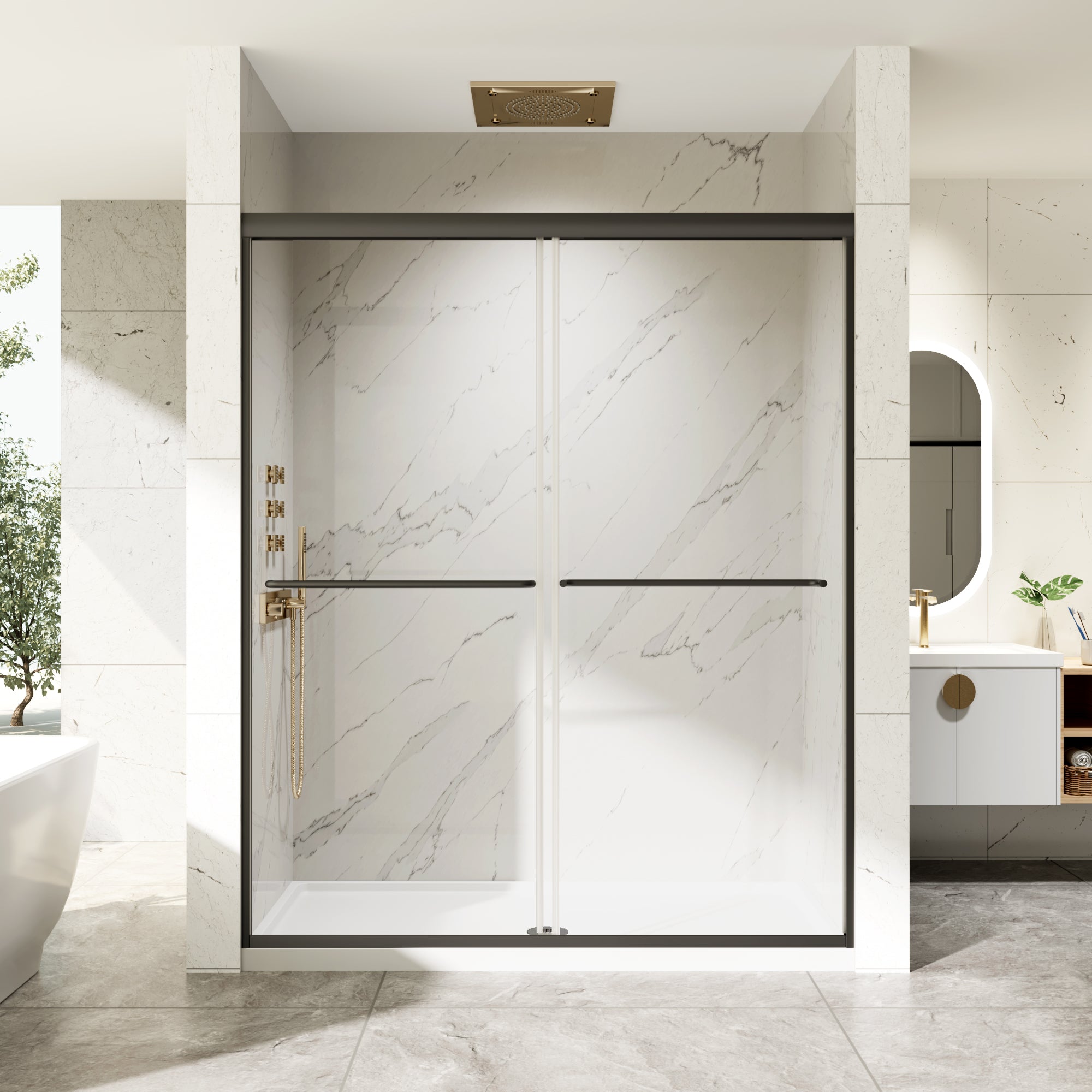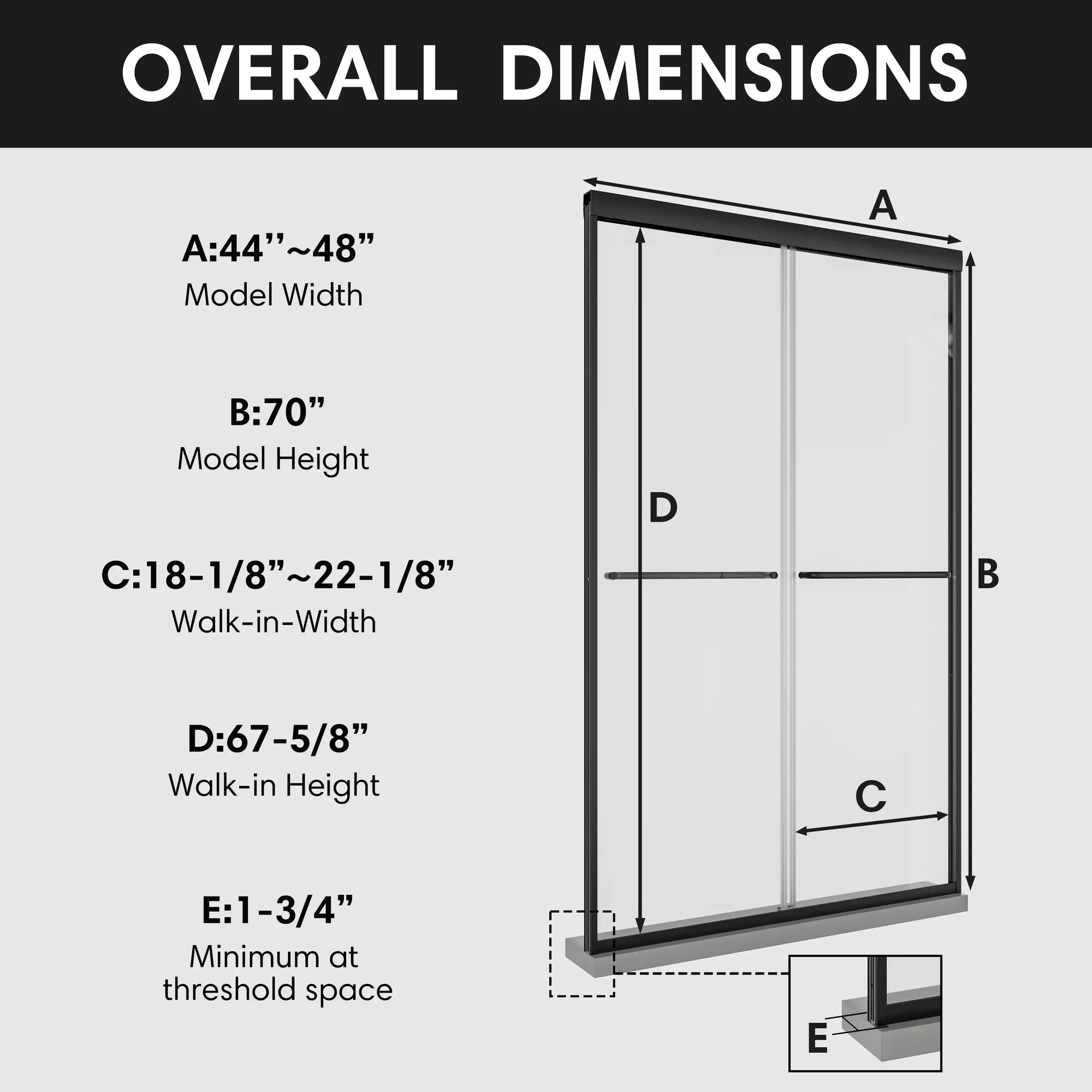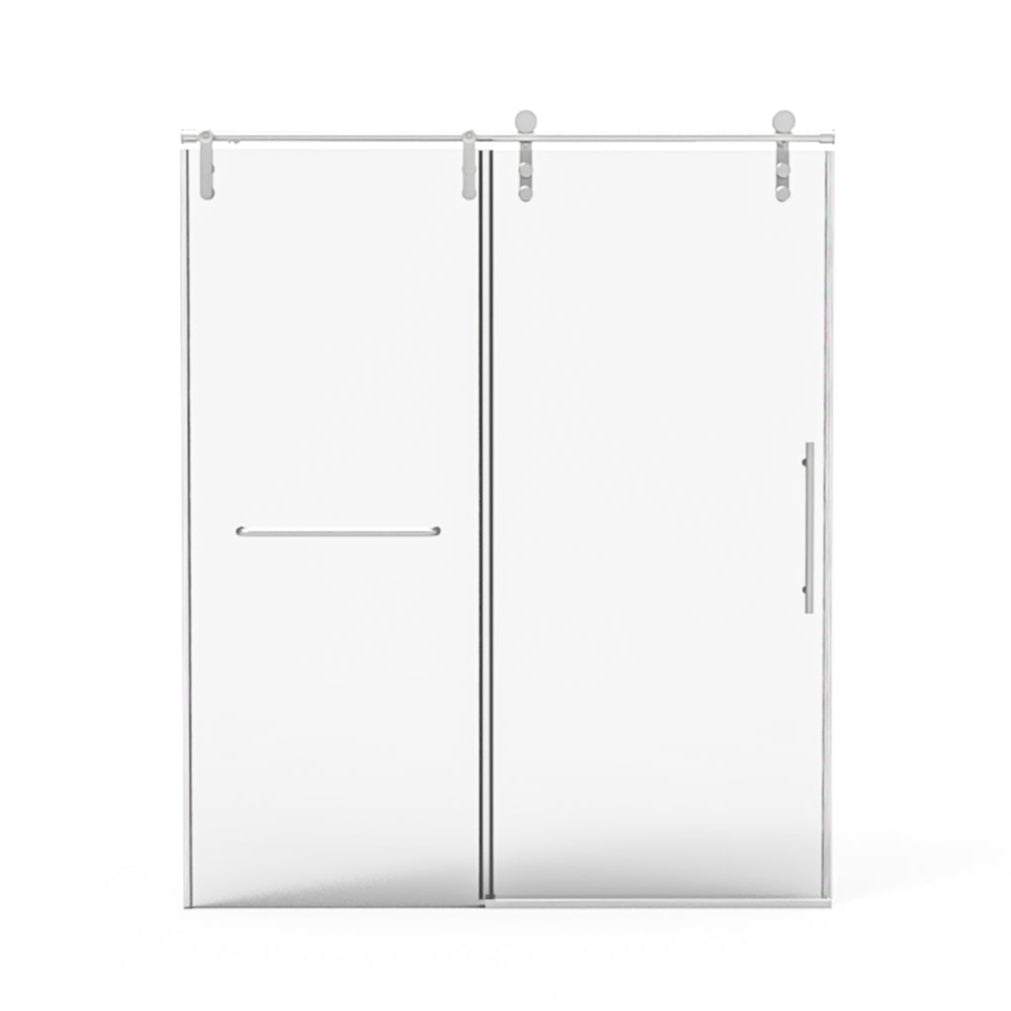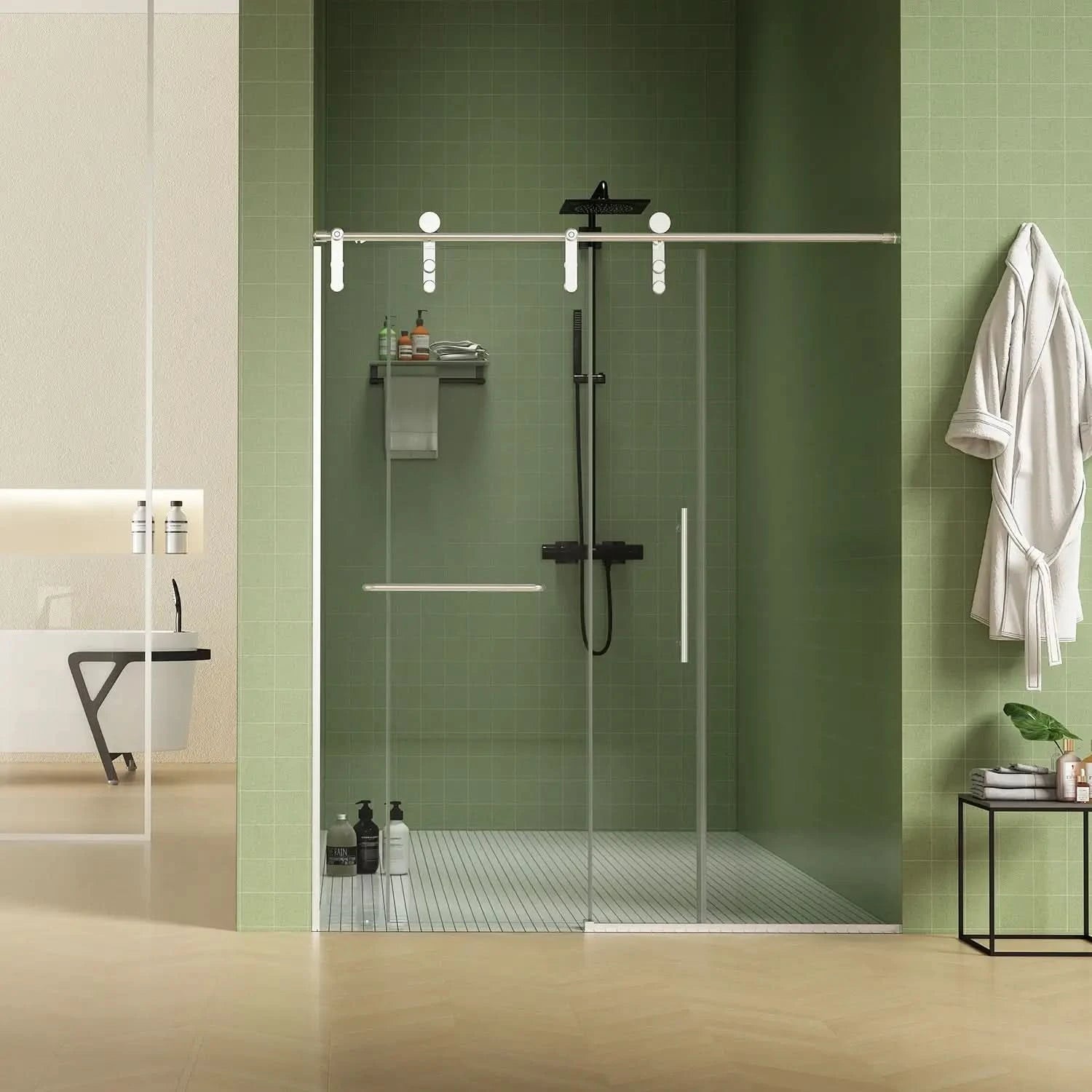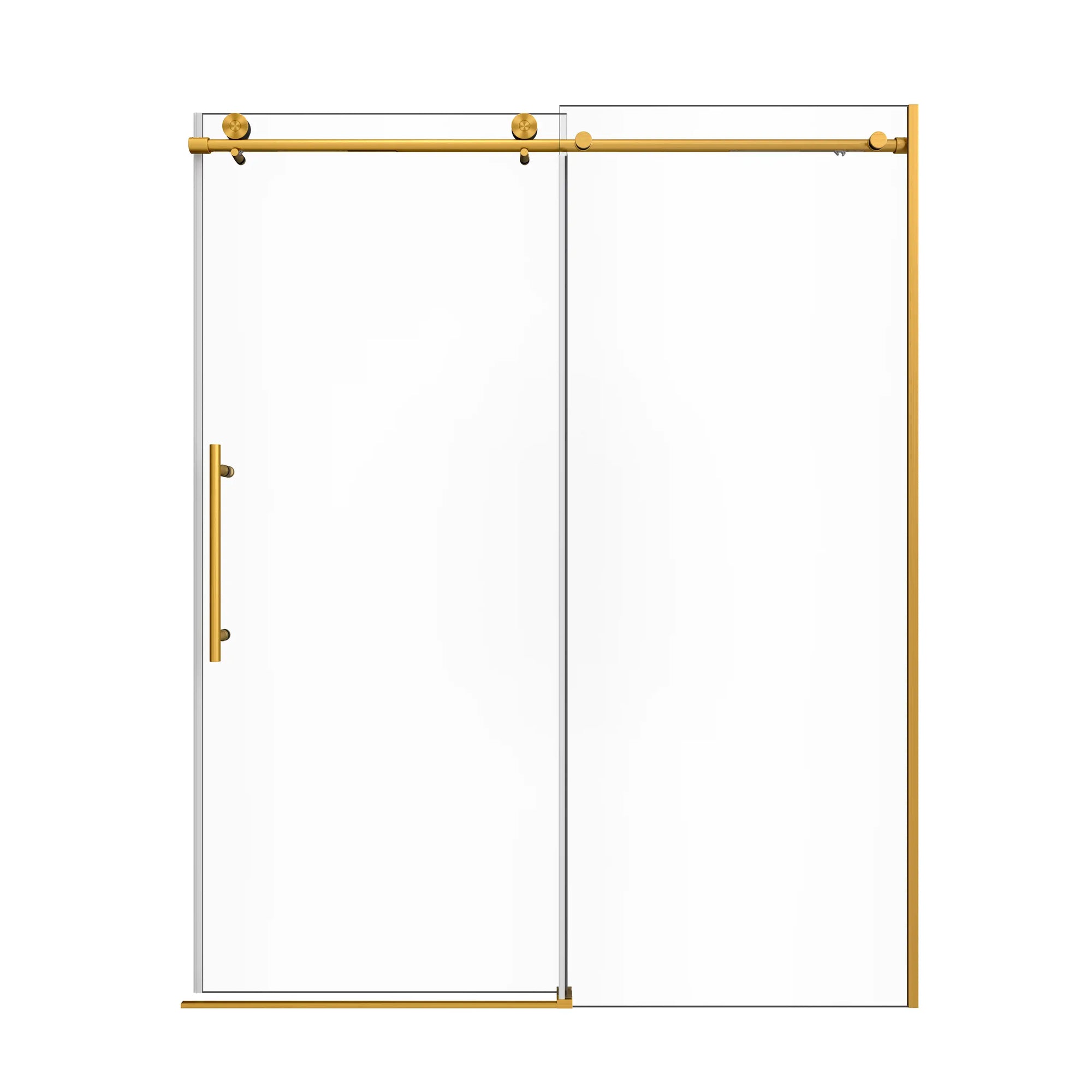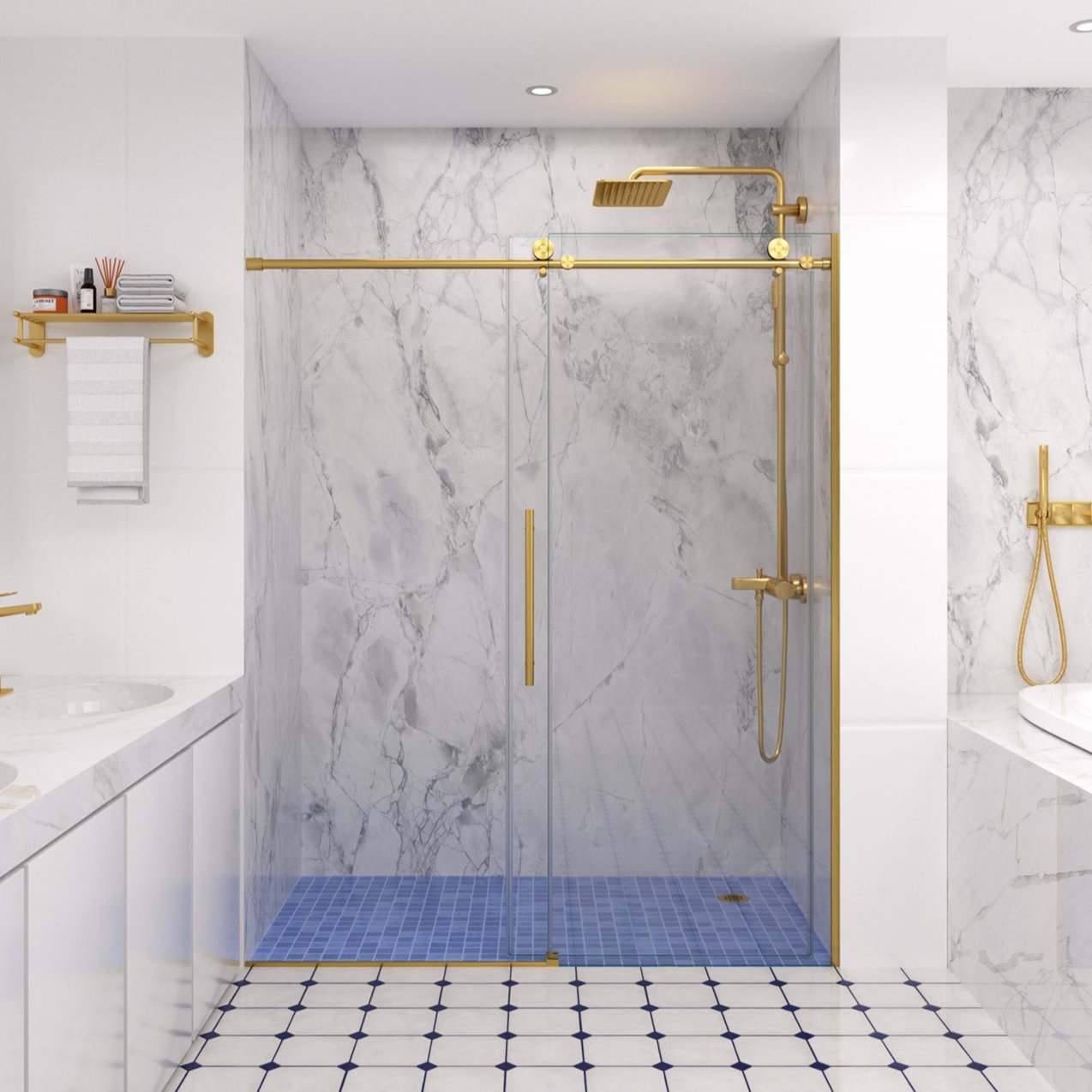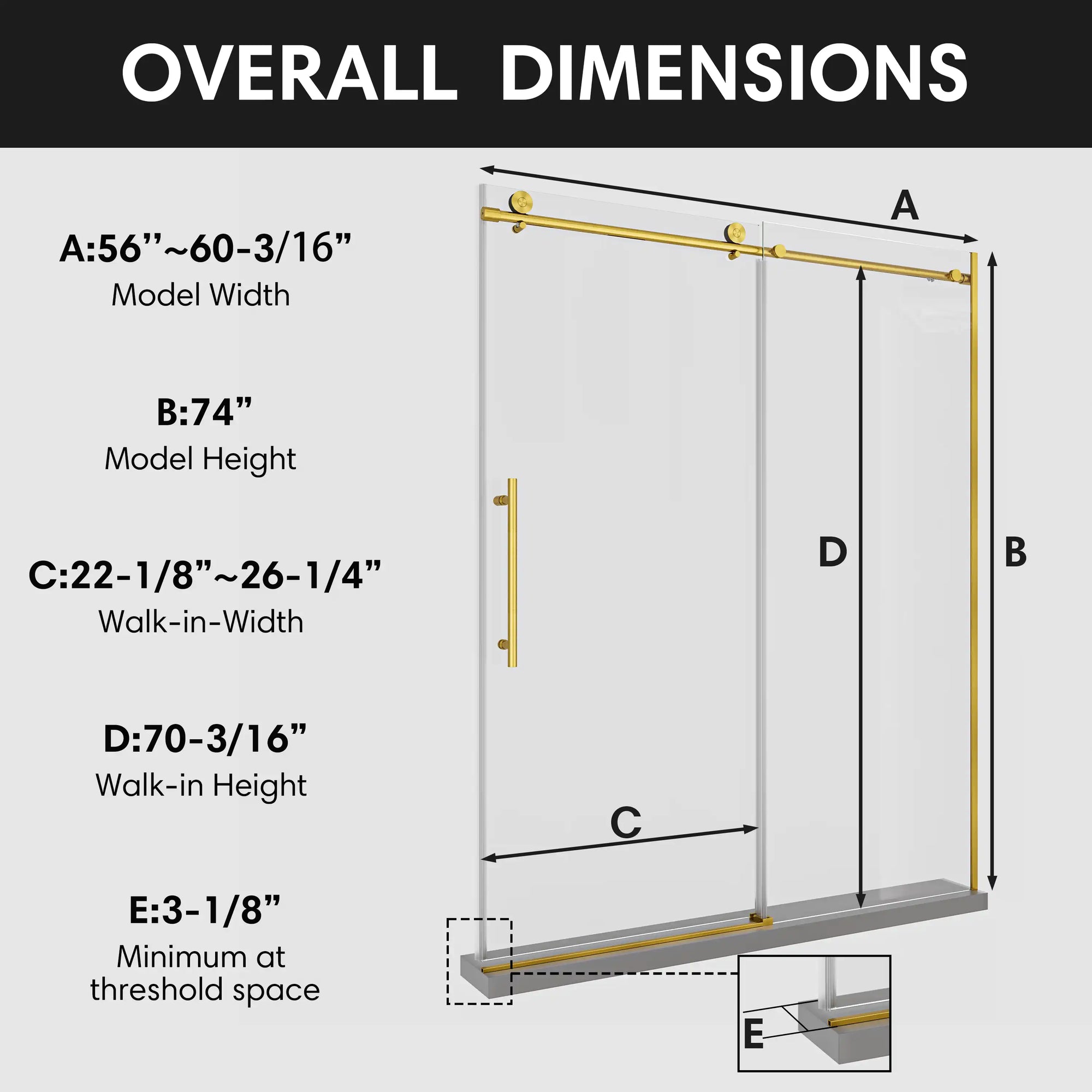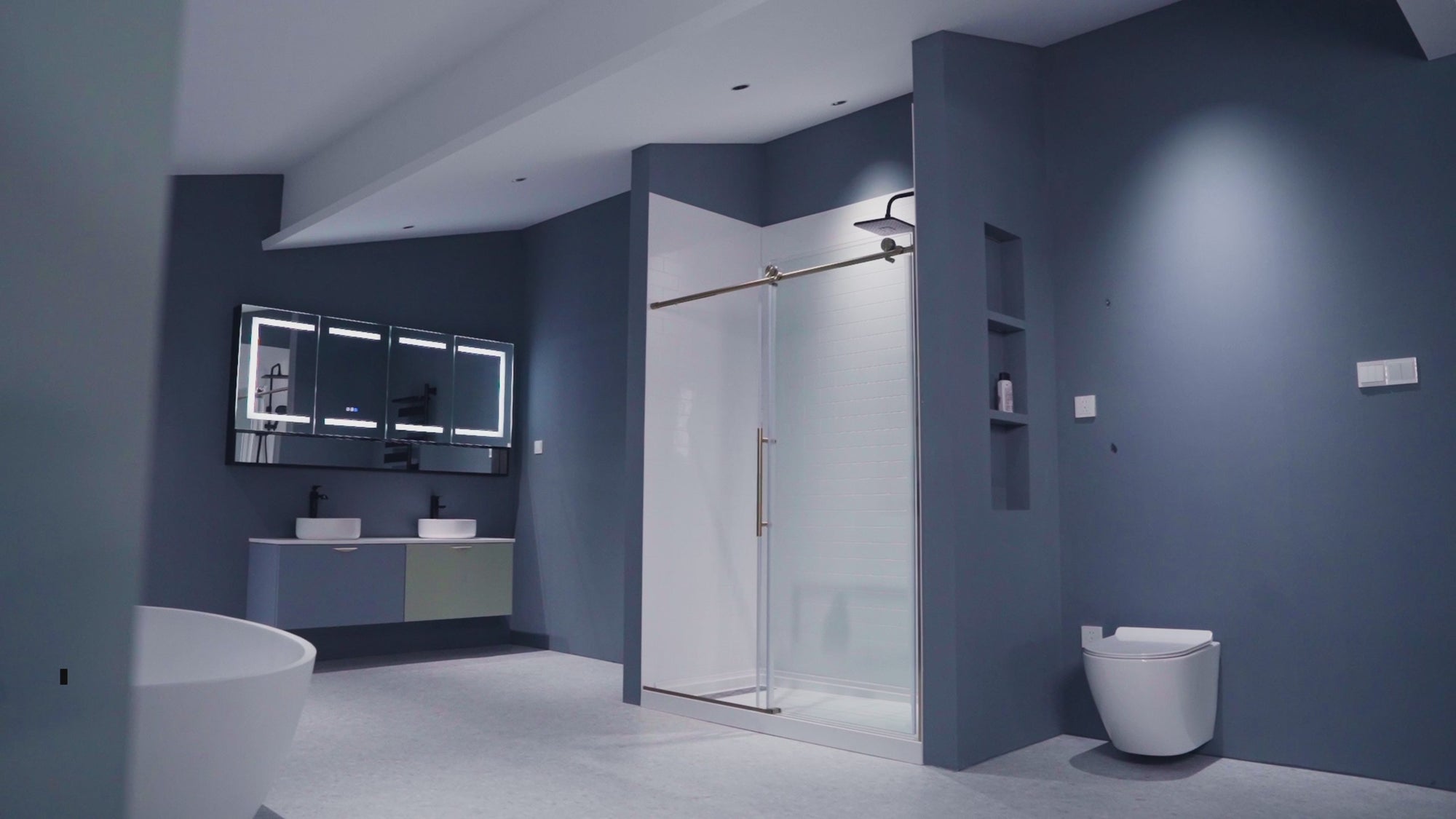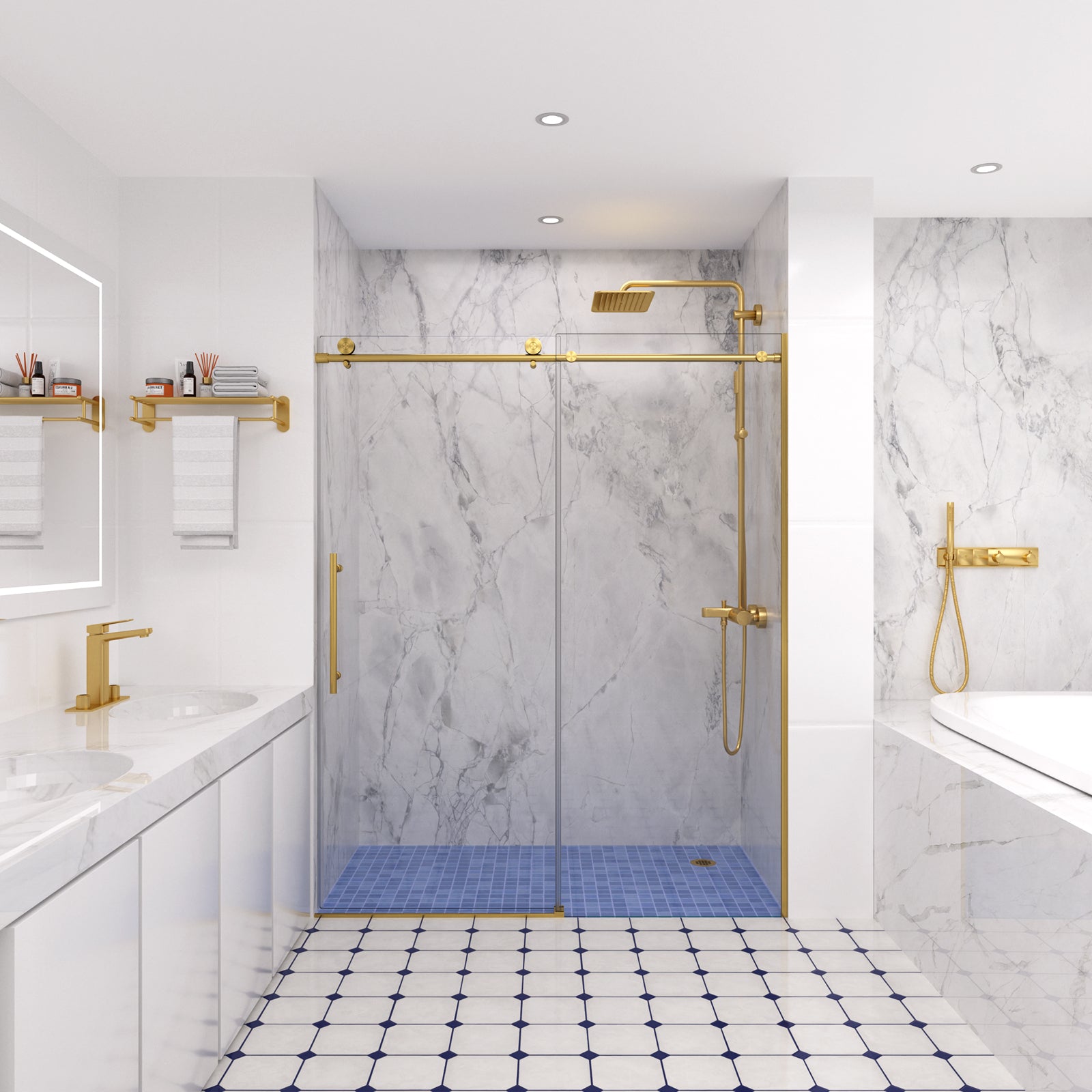Remodeling a small bathroom can feel like trying to solve a jigsaw puzzle with pieces that just don’t fit. Every inch matters, and you don’t want the space to feel cluttered or cramped. One of the smartest moves you can make to open up your small bathroom and add functionality is choosing the right corner shower door. A well-chosen door can make the room feel more spacious while providing practical benefits that will improve your daily routine.
In this guide, we’ll walk you through everything you need to consider when choosing a corner shower door, from space-saving designs and aesthetic options to functional features that make cleaning easier and water stays where it should—inside the shower. Let’s get into it.
1. Why Corner Showers Are Perfect for Small Bathrooms
First, why corner showers in the first place? Corner showers are a game changer in small bathrooms because they naturally fit into the unused space of the room. Most traditional showers or bathtubs sit along one wall, leaving a large footprint. A corner shower, by design, allows you to make better use of two walls, which instantly opens up more floor space for other bathroom essentials like a vanity or storage.
But not all corner showers are created equal, and the type of door you choose can make a big difference in both appearance and functionality.
2. Consider Your Bathroom’s Layout
Before diving into the different styles of corner shower doors, the first thing you need to do is assess your bathroom’s layout. Where is everything positioned? Is there a nearby vanity or toilet that could block the swing of a door? Does your bathroom have a unique shape or a sloping ceiling that limits your options?
Space and Obstructions:
Imagine getting out of the shower and bumping into your vanity or awkwardly trying to squeeze through a half-open door because there’s no clearance. This happens all the time in smaller bathrooms with poorly planned layouts. That's why it’s crucial to understand the available clearance for your shower door to open and close comfortably.
Measure the space around your shower to know exactly how much room you have. A bypass sliding door like our Matte Black Chrome Framed Bypass Shower Door is ideal for small spaces because the door panels slide along a track rather than swinging open. No need for clearance in front of the shower—this design makes it perfect for tight quarters.
Shower Size:
Many people mistakenly assume that corner showers are always small, but that’s not necessarily true. Some corner showers have generous dimensions, especially if you have the luxury of adding extra inches. Measure your space and consider whether you’ll be installing a standard-size shower or if you want to customize a larger shower enclosure. Regardless of the size, the door you choose will be the key to keeping the space feeling functional.
3. Framed vs. Frameless: Style Meets Function
Once you’ve established the size and layout of your shower, it’s time to choose between a framed or frameless door. This decision is all about balancing aesthetics with practicality, and it can dramatically change the look of your bathroom.
Frameless Shower Doors:
Frameless shower doors are the epitome of modern design. With little to no metal framing, these doors let the glass and the tile work in your shower take center stage. Frameless doors provide a sleek, minimalist look that’s perfect if you want your small bathroom to feel more open and airy. They also eliminate the bulky visual lines that framed doors create, making them an excellent choice for compact spaces.
Additionally, frameless doors tend to be easier to clean. Without the metal frames, there are fewer places for soap scum, mildew, and grime to build up, making your post-shower cleaning routine a lot easier.
That said, frameless doors do come with a higher price tag because they require thicker glass for stability. If you’re working with a tight budget, you might want to consider semi-frameless options that still offer that sleek look with minimal framing.
Framed Shower Doors:
Framed shower doors, by contrast, are more traditional and typically less expensive than frameless models. The metal frame around the door provides extra support, so you can use thinner glass. This makes framed doors a great choice if durability and budget are at the top of your priority list.
While they may not provide the same ultra-modern feel as frameless doors, framed doors are still a practical option, especially in a busy household where functionality comes first. For example, families with kids might prefer a framed door because they tend to be more stable and forgiving if bumped or pushed. Our Matte Black Chrome Framed Bypass Shower Door combines style and practicality with a chic matte black finish that can match just about any décor.
4. Glass Type Matters More Than You Think
The type of glass you choose isn’t just about looks; it also affects your bathroom’s functionality and even your daily routine. Here’s a breakdown of the most popular options and why you might choose one over the other.
Clear Glass:
If your goal is to make a small bathroom feel more spacious, clear glass is the way to go. It opens up the room by allowing light to flow freely and makes the shower feel like an extension of the bathroom rather than a separate compartment. Plus, clear glass lets you show off any beautiful tile work or fixtures inside your shower, adding an extra layer of style.
However, clear glass requires a bit more upkeep since water spots and fingerprints are more visible. If you have hard water, you may need to clean your shower glass regularly to prevent buildup. A great tip is to use a squeegee after each shower to wipe down the glass—this will drastically cut down on water spots.
Frosted Glass:
On the other hand, frosted glass is perfect for those who value privacy, especially in a shared bathroom. Frosted glass obscures the view while still allowing light to pass through, giving your bathroom a bright, airy feel without exposing the entire shower.
If you’re someone who prefers to take long, private showers or shares a bathroom with roommates, frosted glass might be the better choice. Another advantage? It hides fingerprints, smudges, and water spots, which means less cleaning and less worry about streaks.
Textured Glass:
For those who want something a bit more decorative, textured glass offers the best of both worlds—style and privacy. With textured glass, you can choose from a variety of patterns that not only add a unique design element to your bathroom but also provide extra privacy while still letting light through.
Regardless of which glass type you choose, always opt for tempered glass. Tempered glass is much safer than regular glass because it’s designed to shatter into small, blunt pieces if it breaks, reducing the risk of injury.
5. Maximizing Functionality with the Right Features
It’s easy to focus solely on aesthetics when choosing a shower door, but don’t forget about the features that will make your daily life easier. Here are some key features to look out for when selecting the perfect corner shower door for your small bathroom.
Sliding (Bypass) Doors:
As mentioned earlier, sliding or bypass doors are excellent for small bathrooms where you don’t have room for a door to swing open. These doors glide along a track, allowing you to access your shower without needing to leave clearance space. The sliding mechanism not only saves space but also offers a sleek, modern look. If your bathroom is especially compact, bypass doors can make a huge difference.
Hinged or Pivot Doors:
If you have a bit more room, a hinged or pivot door is a great option. These doors swing open like a traditional door, offering a larger opening for easy access. Just make sure you have enough space for the door to fully open without hitting any other fixtures in your bathroom.
Magnetic Seals and Water Barriers:
The last thing you want after installing a new shower door is to find water leaking all over your bathroom floor. A key feature to look for is high-quality magnetic seals that ensure a tight closure, preventing water from escaping. Water leakage is a common problem in bathrooms, especially small ones where even a small puddle can create big headaches.
At ACE DECOR, all of our shower doors are designed with magnetic seals and proper water barriers to keep water where it belongs—inside the shower. You’ll also want to check for rubber seals at the bottom of the door, which prevent water from seeping out along the floor.
6. Choosing the Right Finish to Tie the Room Together
The finish of your shower door’s hardware may seem like a small detail, but it can make a big impact on the overall aesthetic of your bathroom. The finish you choose should complement the other fixtures in the room—like your faucet, towel bars, and even light fixtures.
Matte Black:
Matte black finishes have become increasingly popular for their bold, modern look. They pair beautifully with minimalist designs and add a touch of sophistication without being too flashy. If you want a shower door that stands out but doesn’t overwhelm, matte black hardware is the way to go. Our Matte Black Chrome Framed Bypass Shower Door is a perfect example of how you can create a statement while still maintaining a clean, modern feel.
Chrome:
Chrome is a classic finish that never goes out of style. It’s reflective, bright, and pairs well with just about any design scheme, whether your bathroom is traditional or modern. Chrome finishes are also easy to clean and maintain, making them a popular choice for busy households.
Brushed Nickel:
For a softer, more understated look, brushed nickel is an excellent choice. It has a warm, muted tone that adds a subtle elegance to the room, especially if you’re going for a more traditional or transitional style. Brushed nickel is also resistant to fingerprints and water spots, which is a big bonus in a high-traffic bathroom.
7. Professional Installation: Why It’s Worth It
Finally, don’t underestimate the importance of professional installation. While many shower doors come with DIY installation kits, getting the fit just right can be tricky, especially in older homes where walls may not be perfectly square. A poorly installed door can lead to water leaks, door misalignment, or even glass breakage.
ACE DECOR offers professional installation services, ensuring your shower door is installed perfectly the first time. This not only saves you time and hassle but also guarantees a longer-lasting, more durable installation.
Frequently Asked Questions (FAQ)
Q: Can I install a corner shower door myself?
A: While some people may choose to tackle installation on their own, it’s generally best to have a professional handle it. Proper installation ensures a good fit and helps prevent issues like leaks or door misalignment. ACE DECOR offers professional installation services to ensure a perfect fit.
Q: What is the best type of shower door for a small bathroom?
A: For small bathrooms, a sliding (bypass) shower door is often the best option since it doesn’t require additional clearance for opening. If you prefer a swing door, be sure to measure carefully to ensure it can open without obstruction.
Q: How do I maintain a frameless shower door?
A: Frameless shower doors are easier to clean than framed doors because there’s no metal frame where dirt and grime can build up. Use a squeegee after each shower to wipe down the glass, and clean regularly with a non-abrasive glass cleaner.
Q: What is tempered glass, and why is it important?
A: Tempered glass is heat-treated for strength and designed to break into small, blunt pieces if shattered. This makes it much safer than regular glass, which can break into sharp shards. All ACE DECOR shower doors use tempered glass for safety and durability.
Q: What finish should I choose for my shower door?
A: The finish you choose should complement the other fixtures in your bathroom. Matte black is modern and bold, while chrome is timeless and versatile. Brushed nickel offers a softer, more elegant look.

